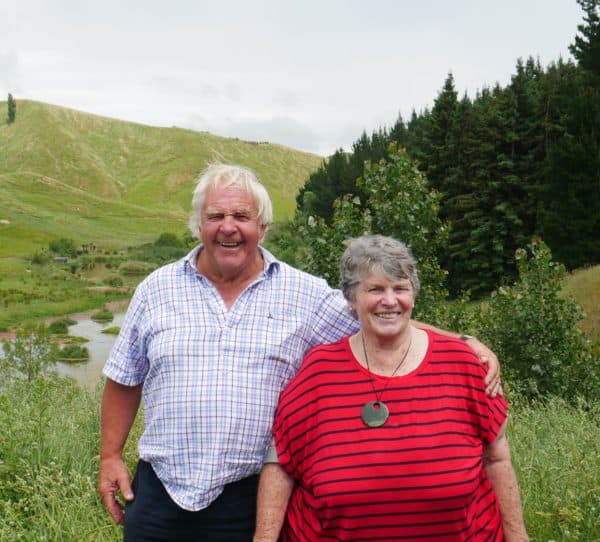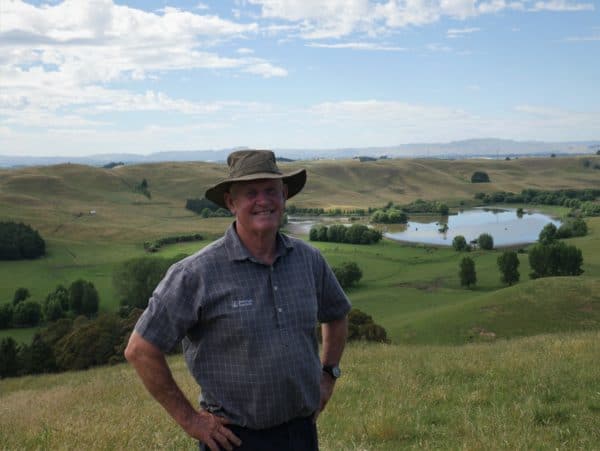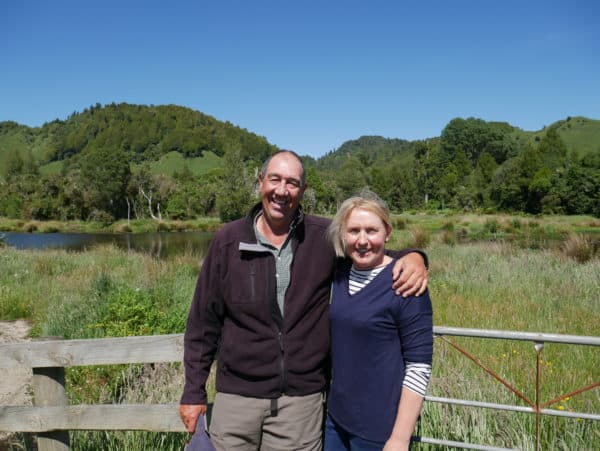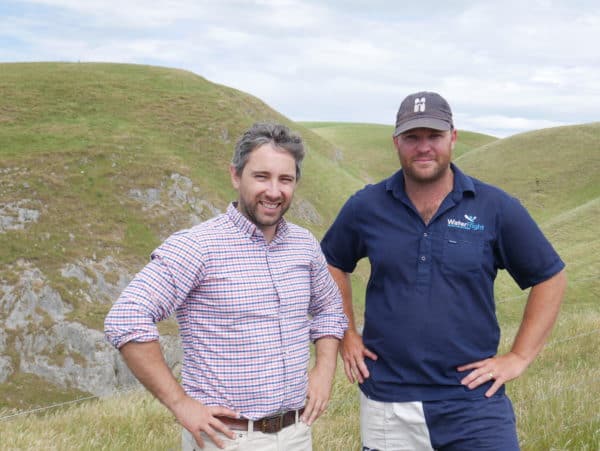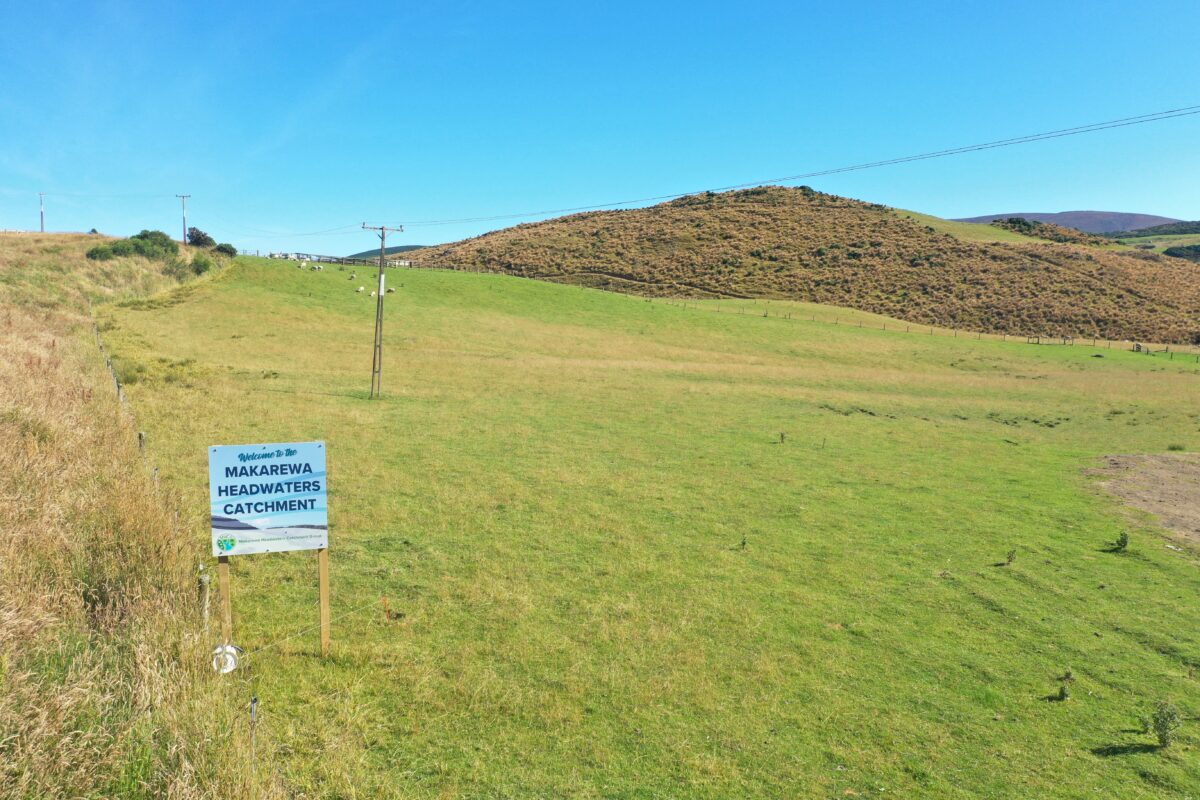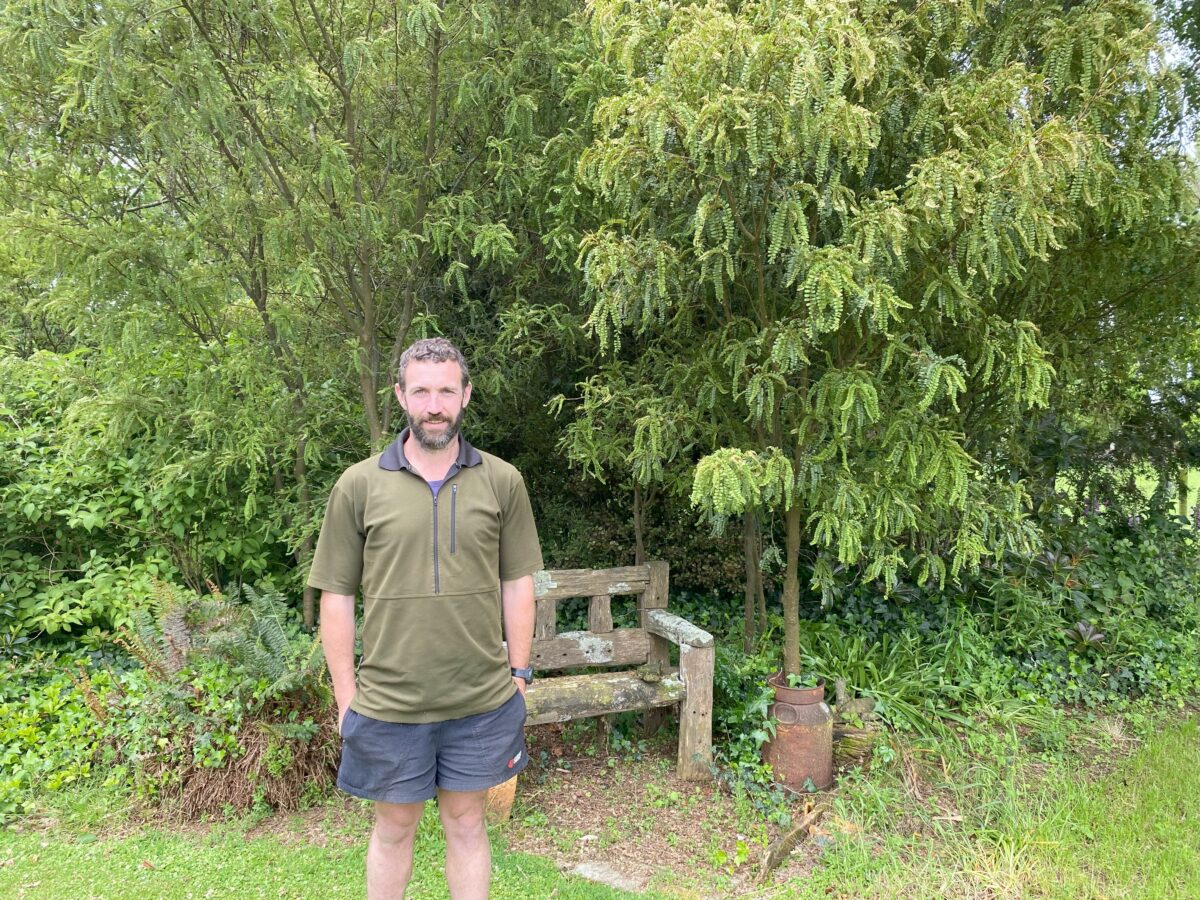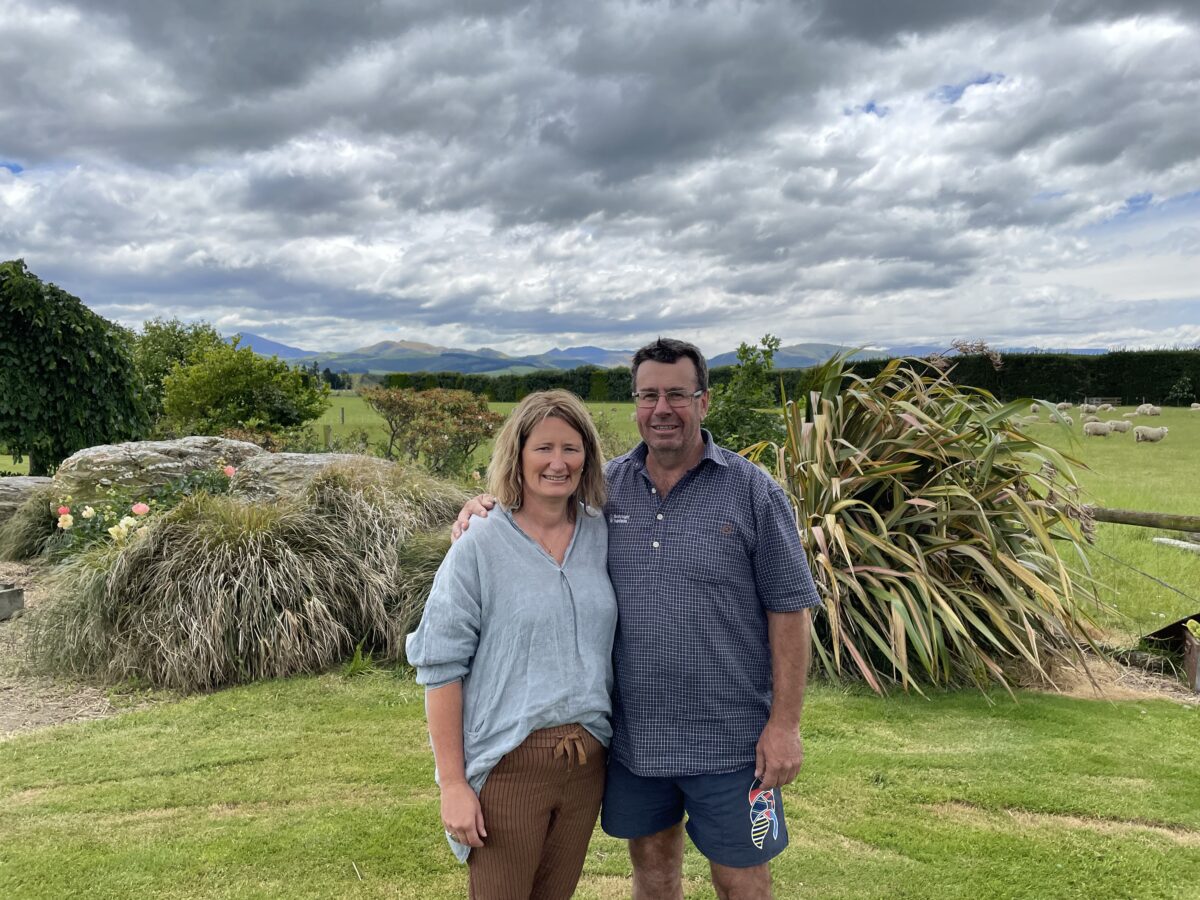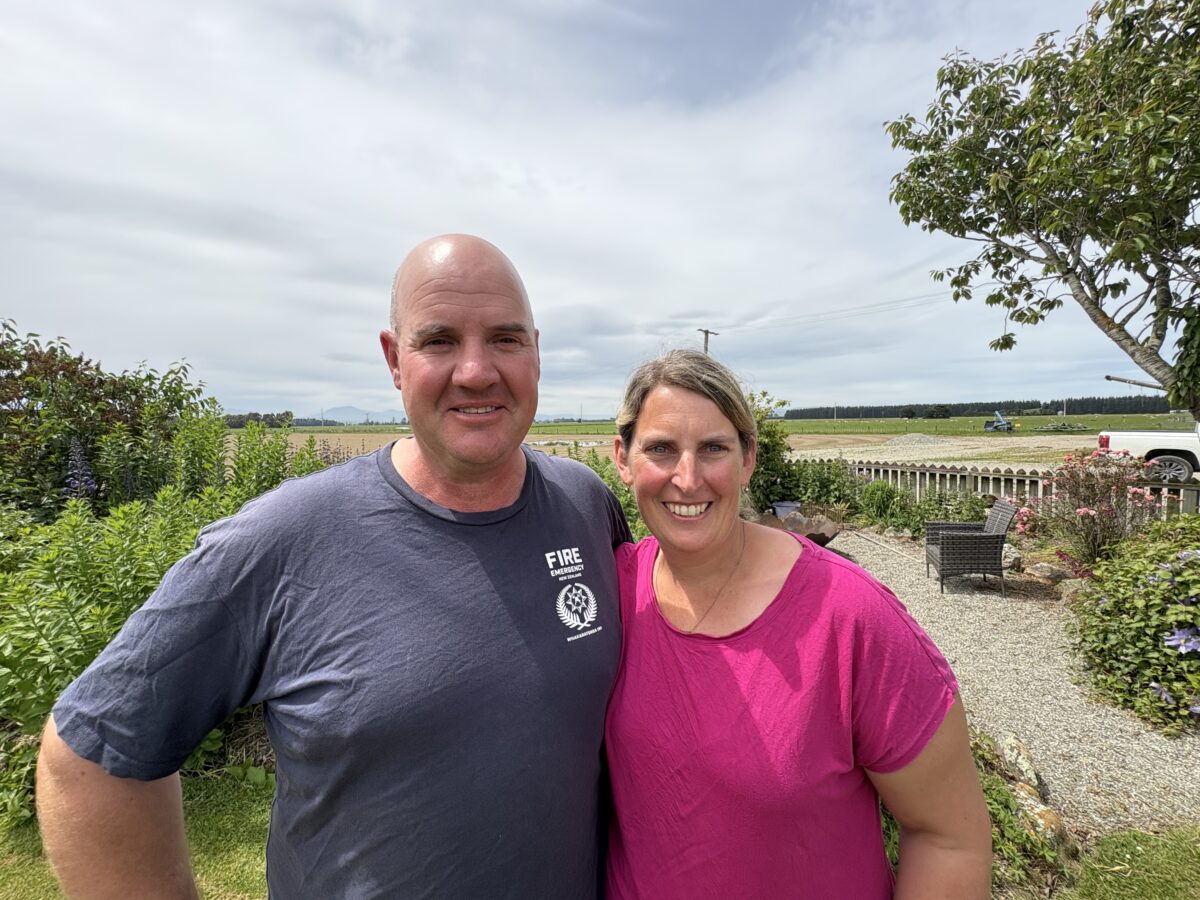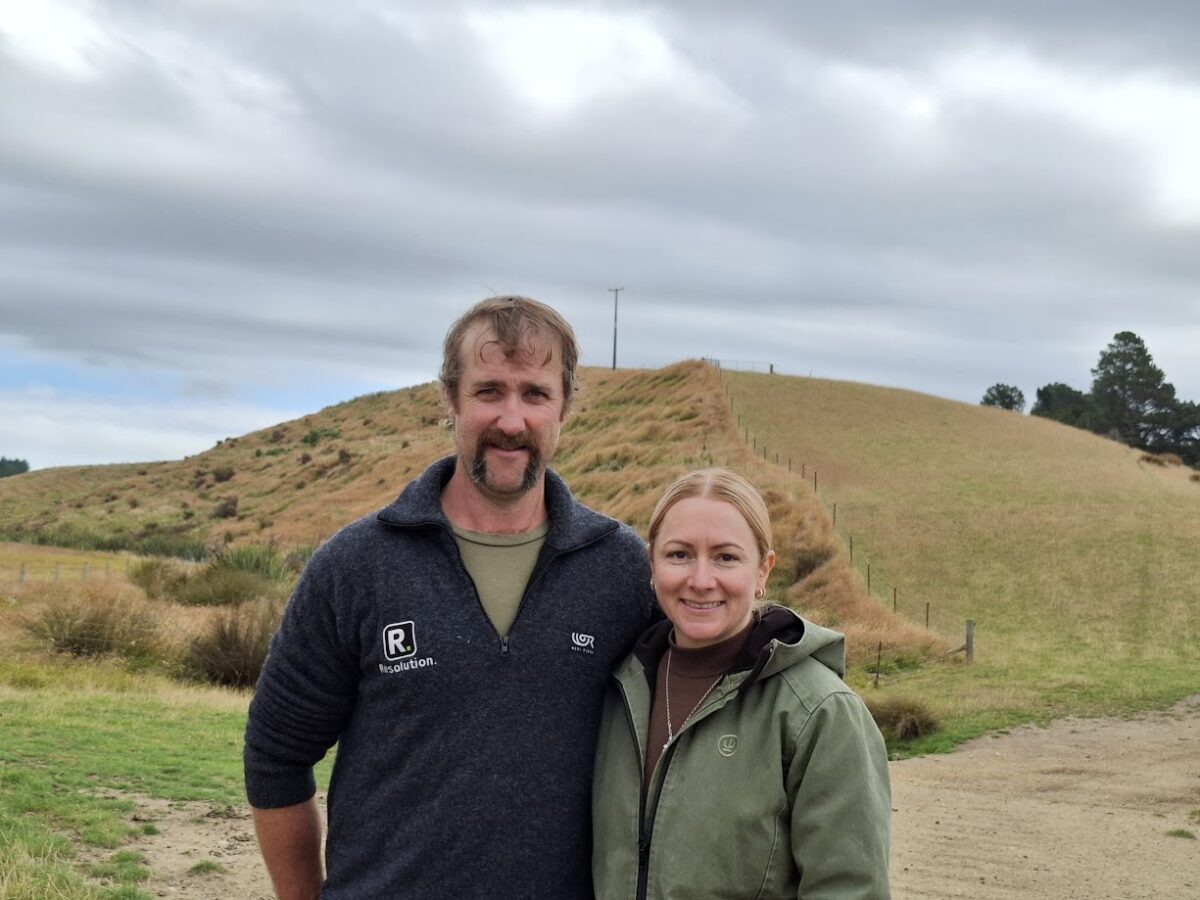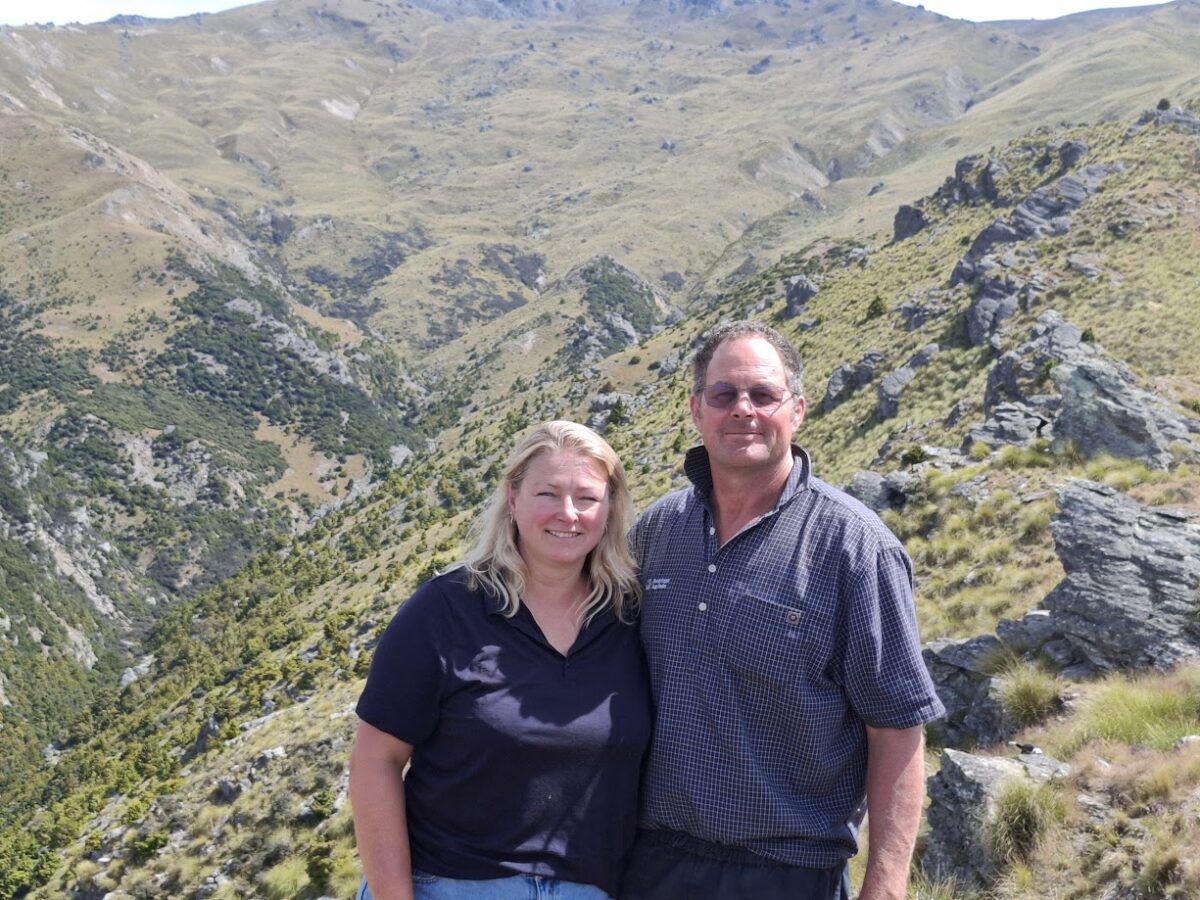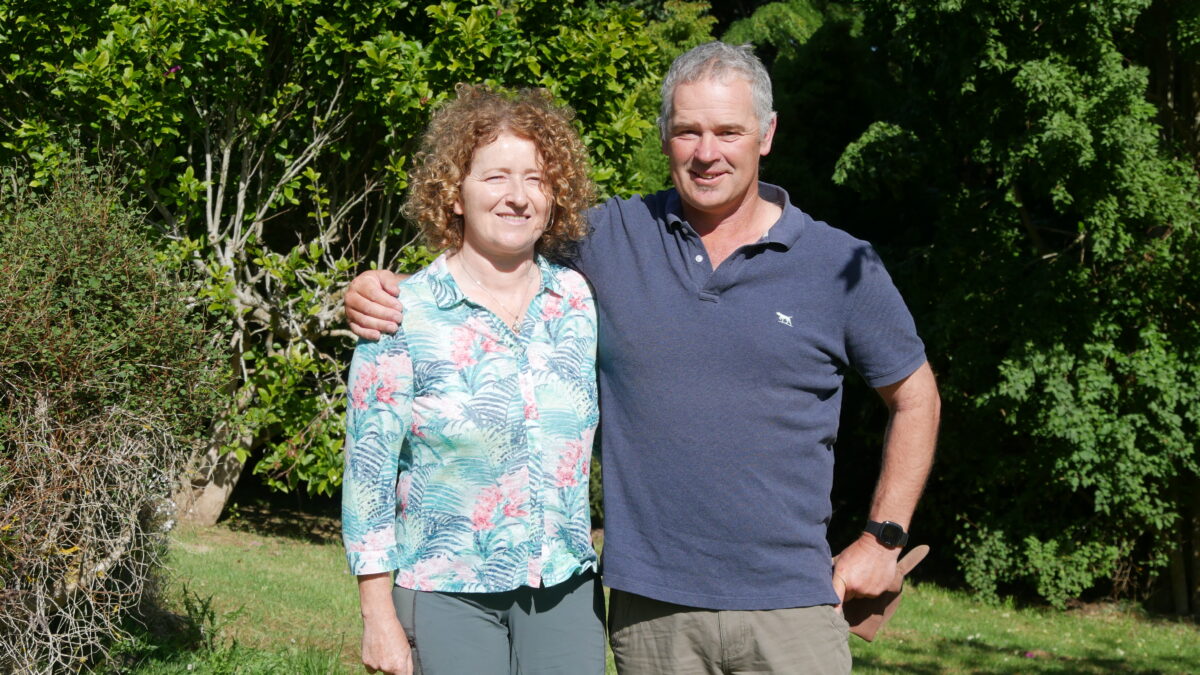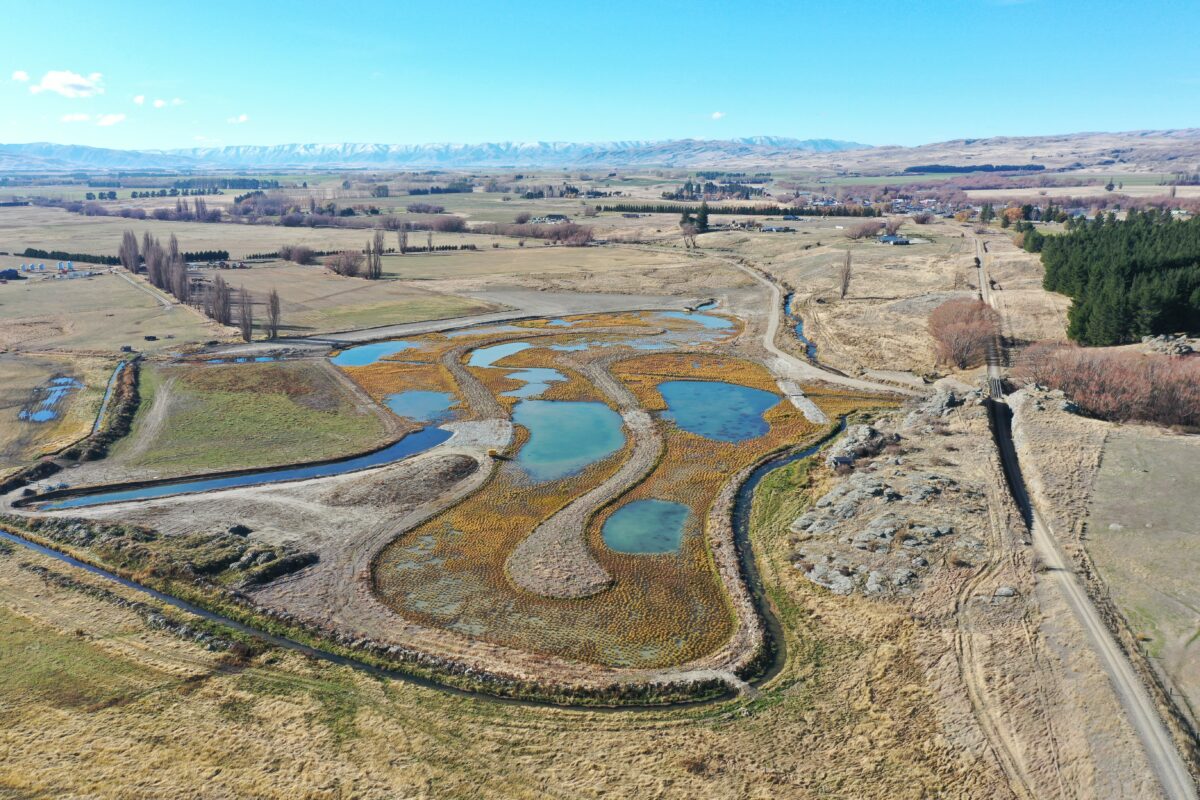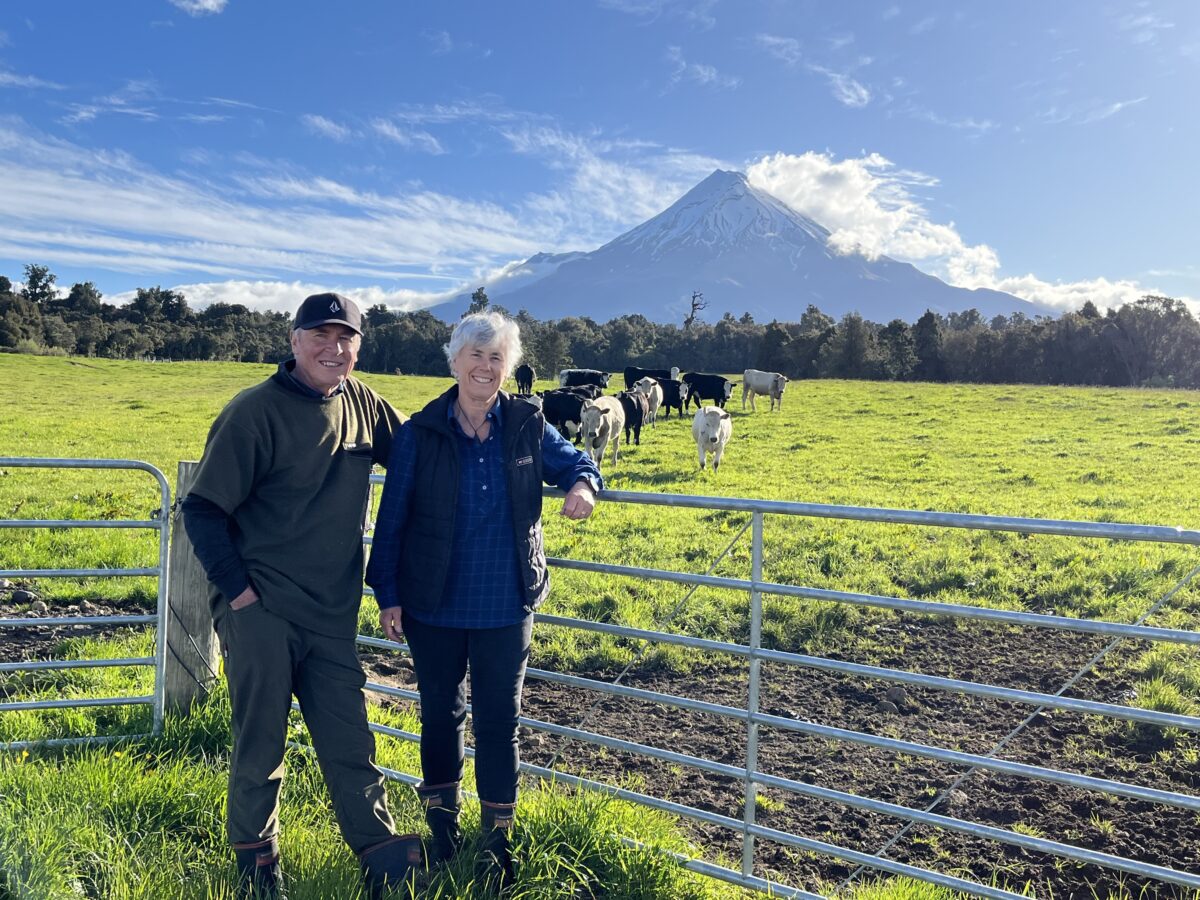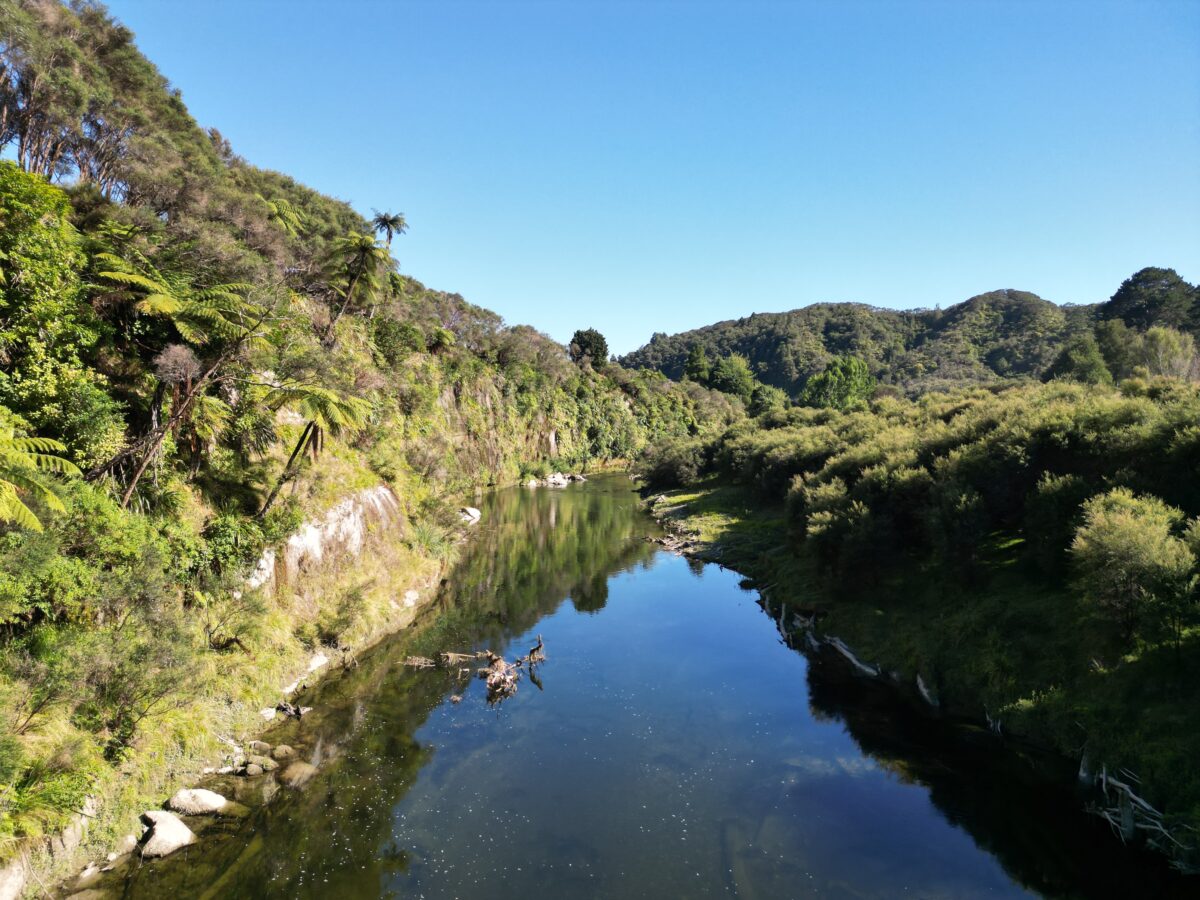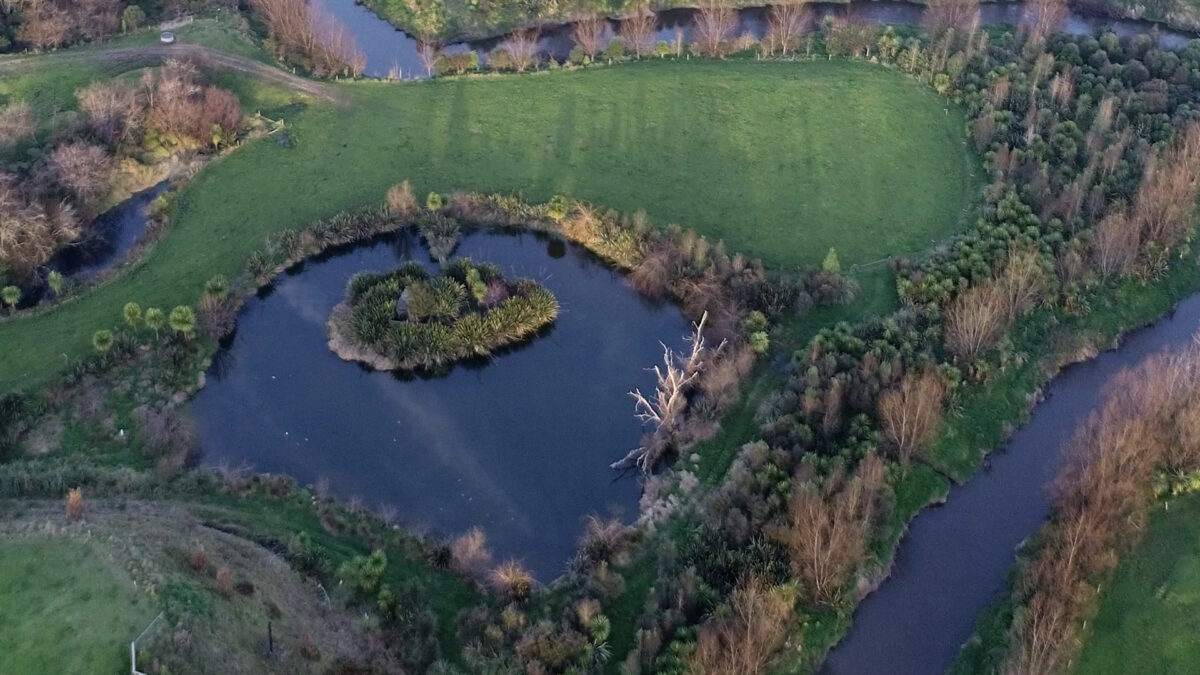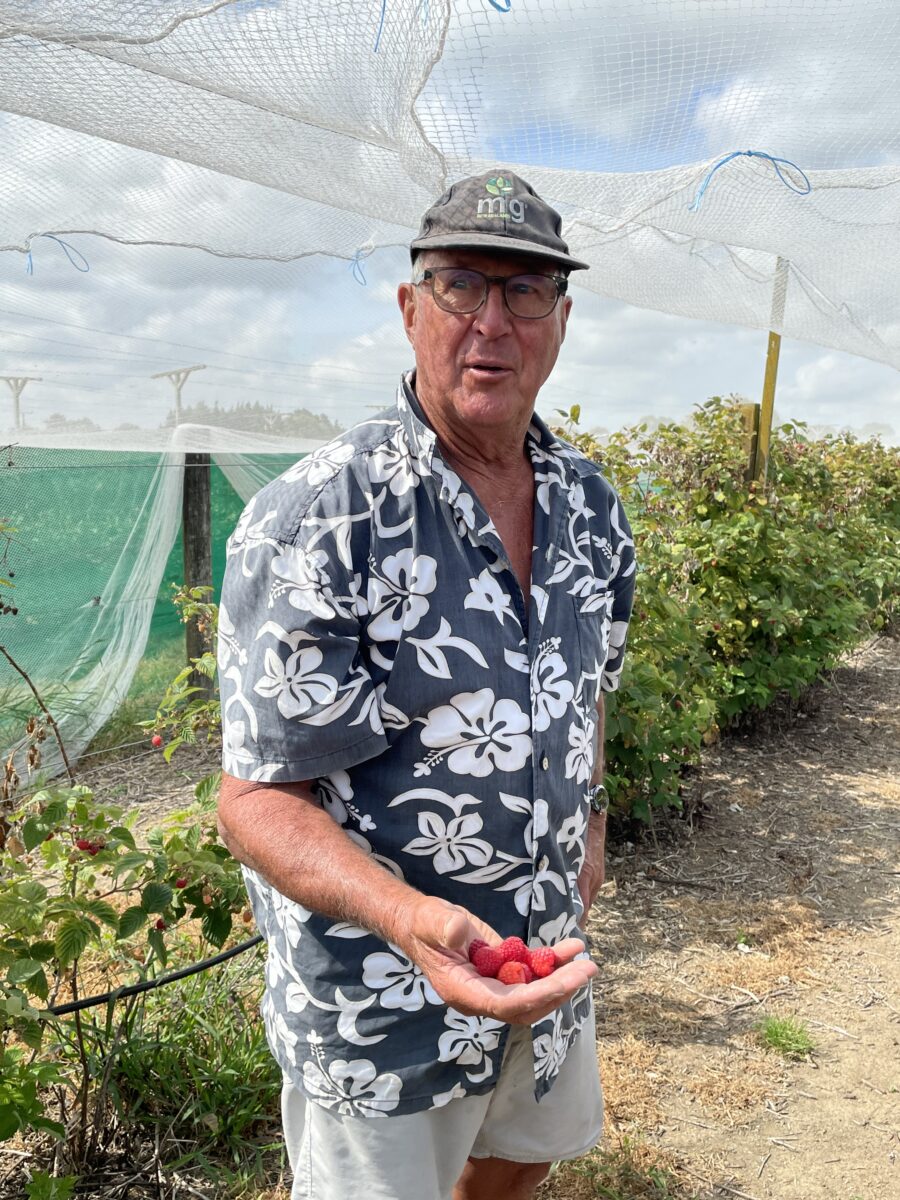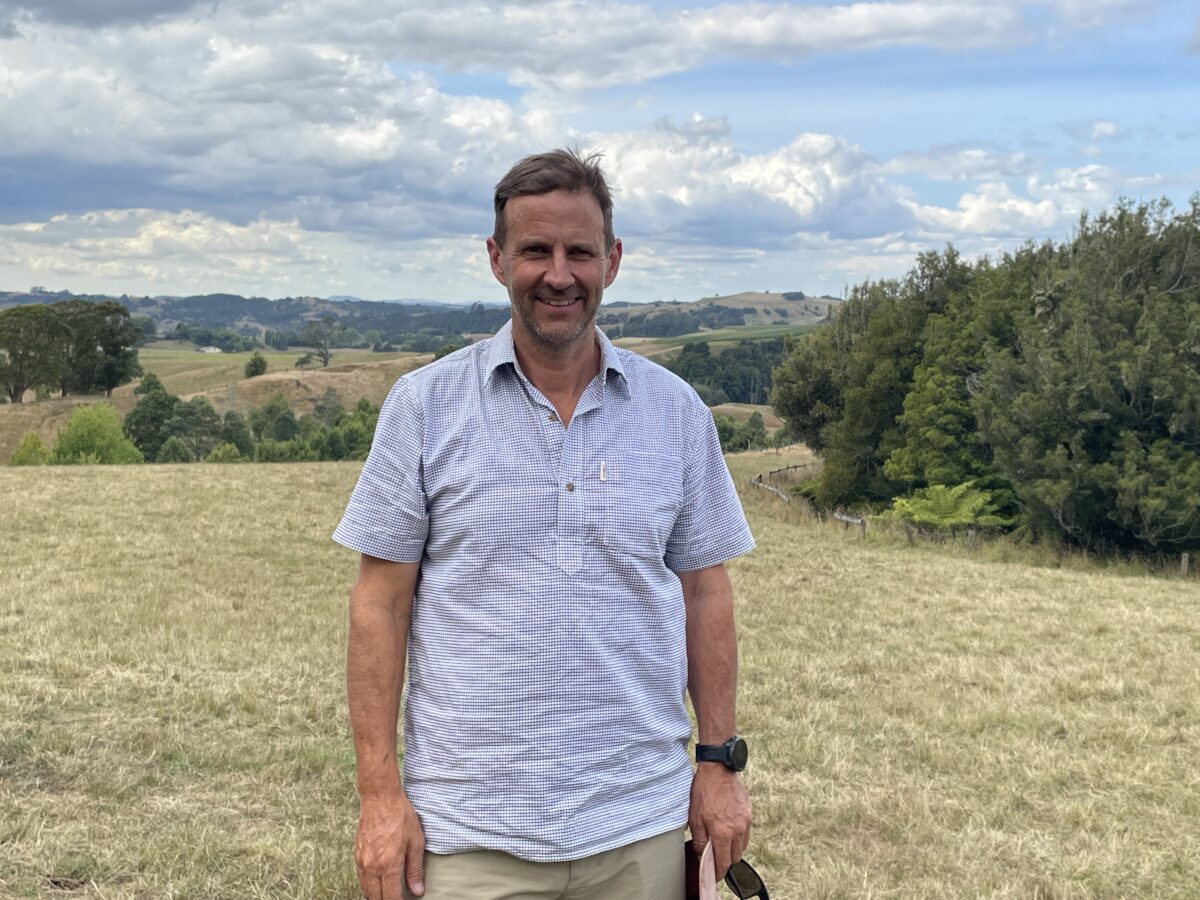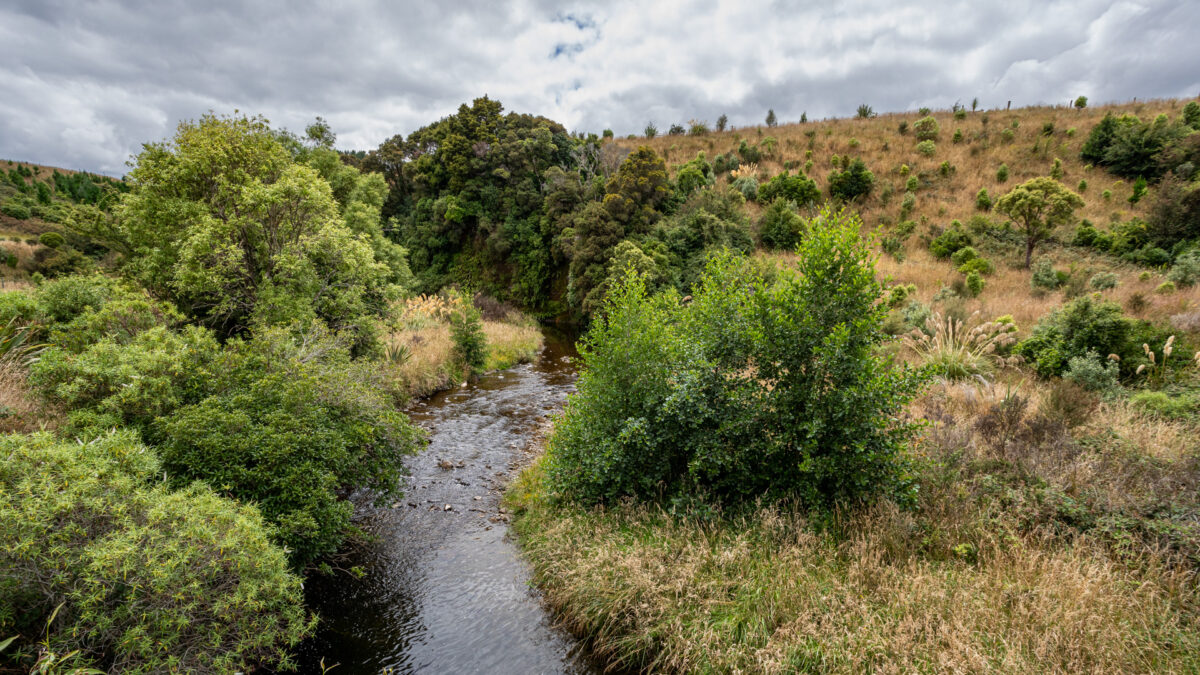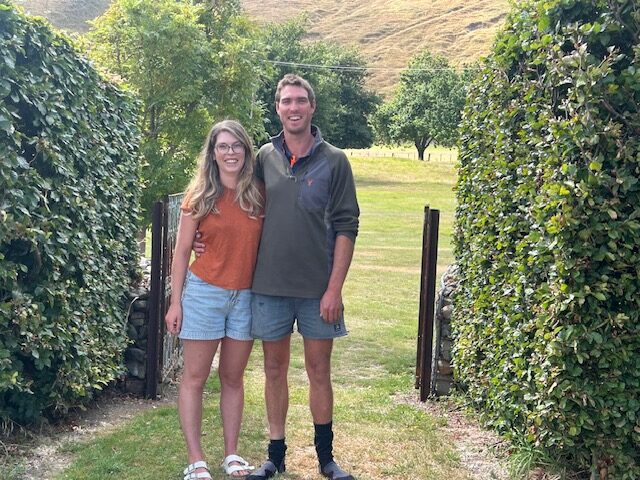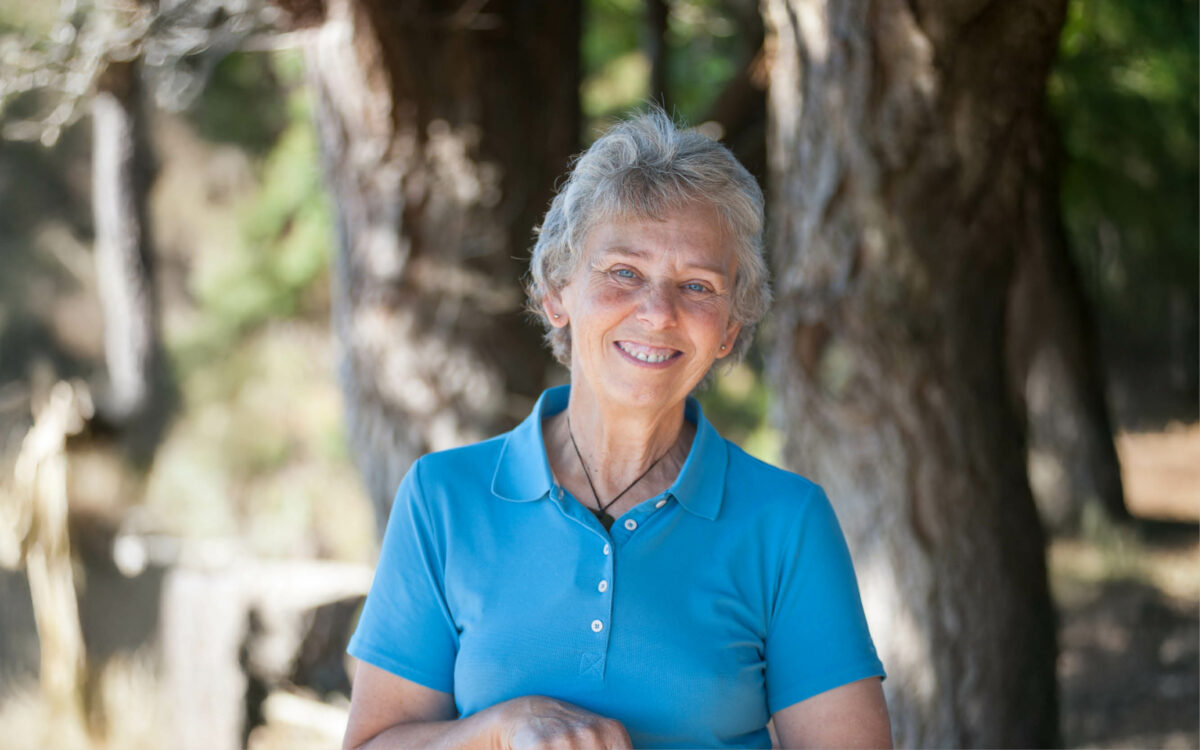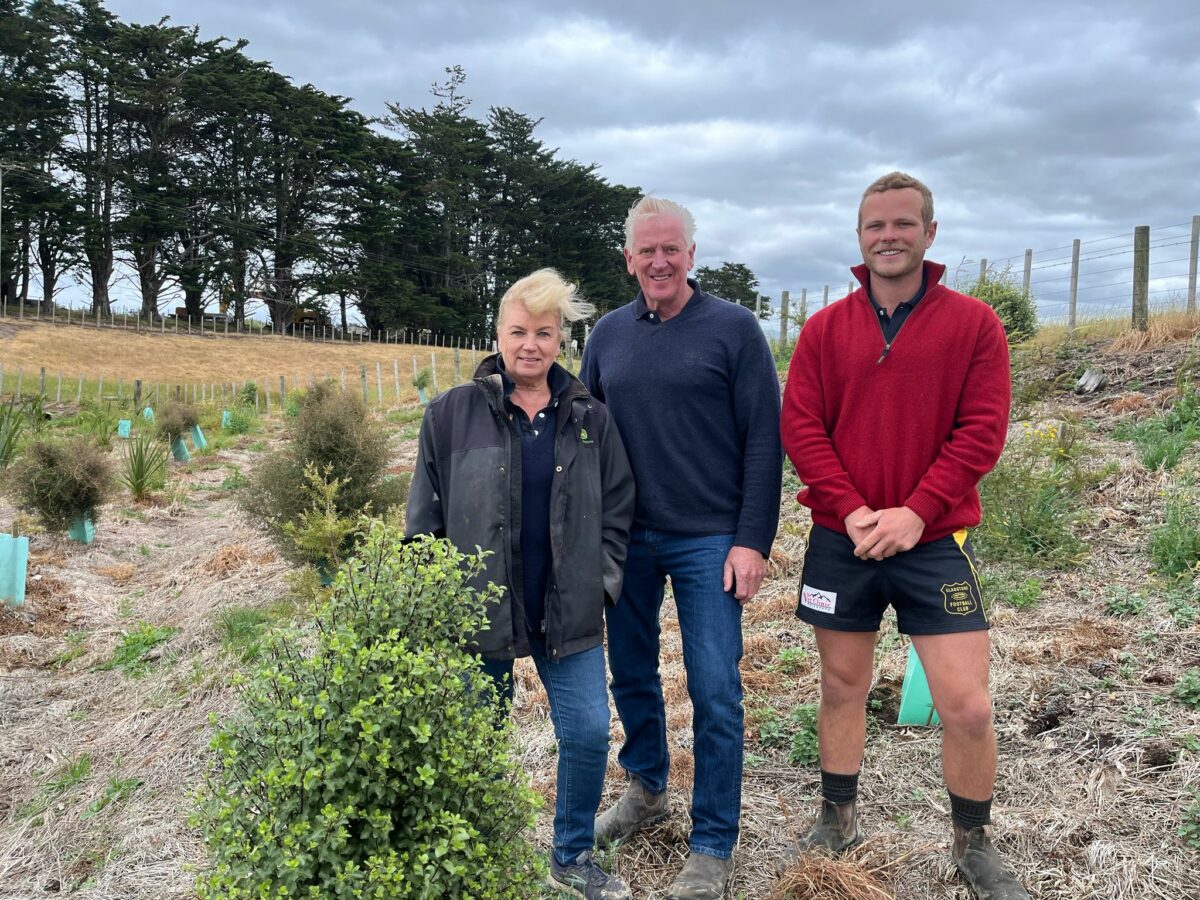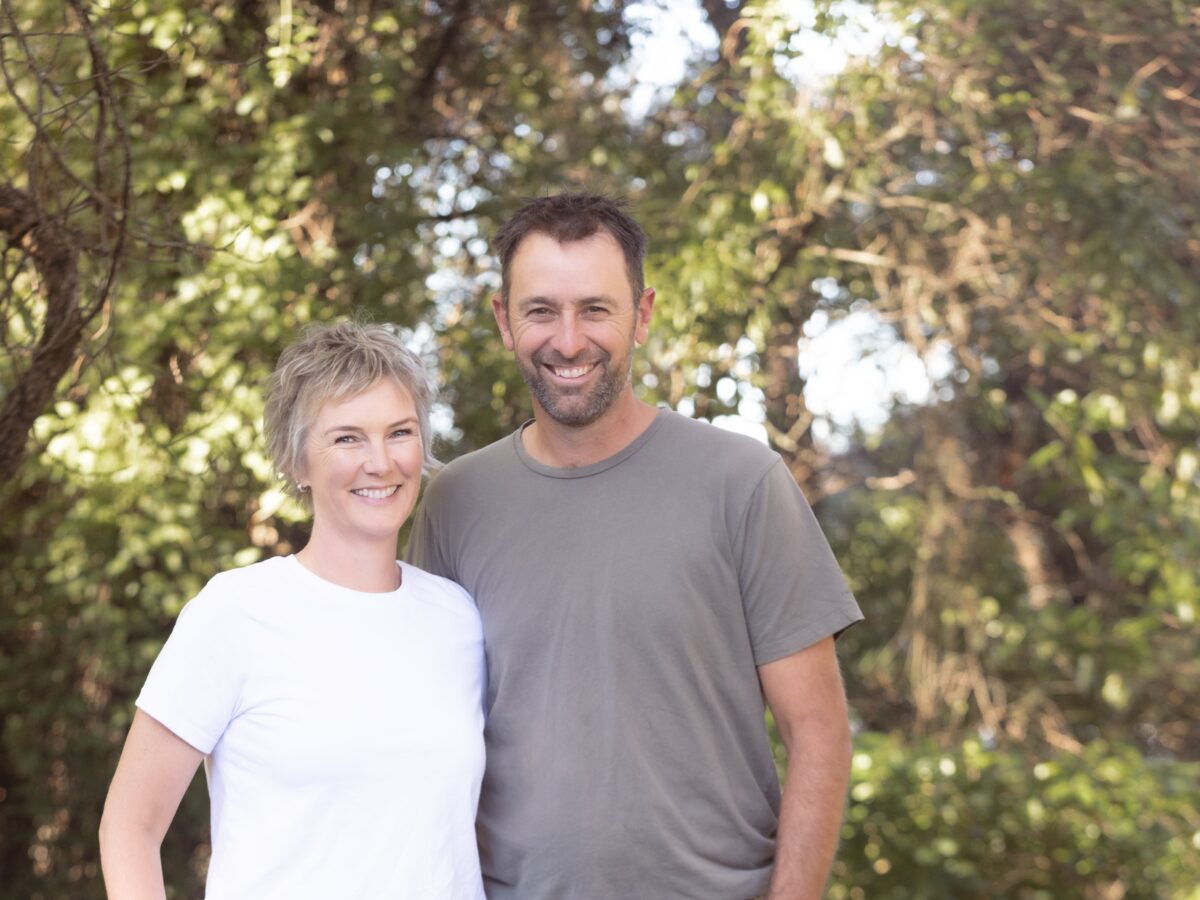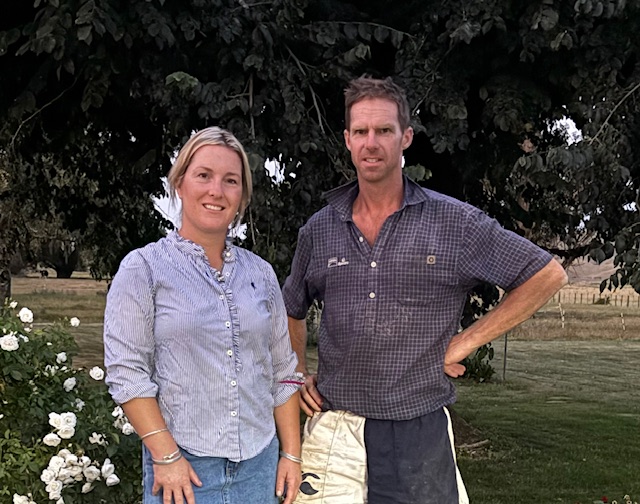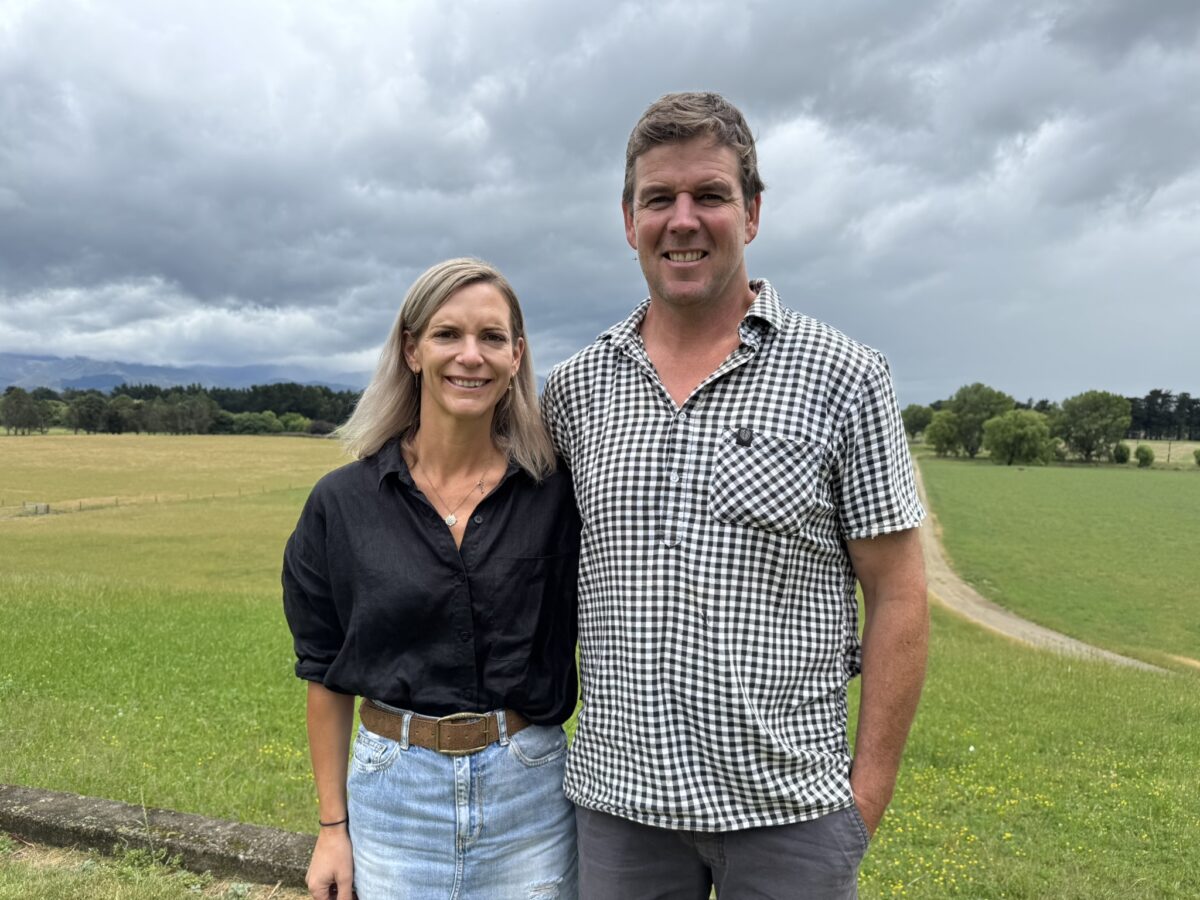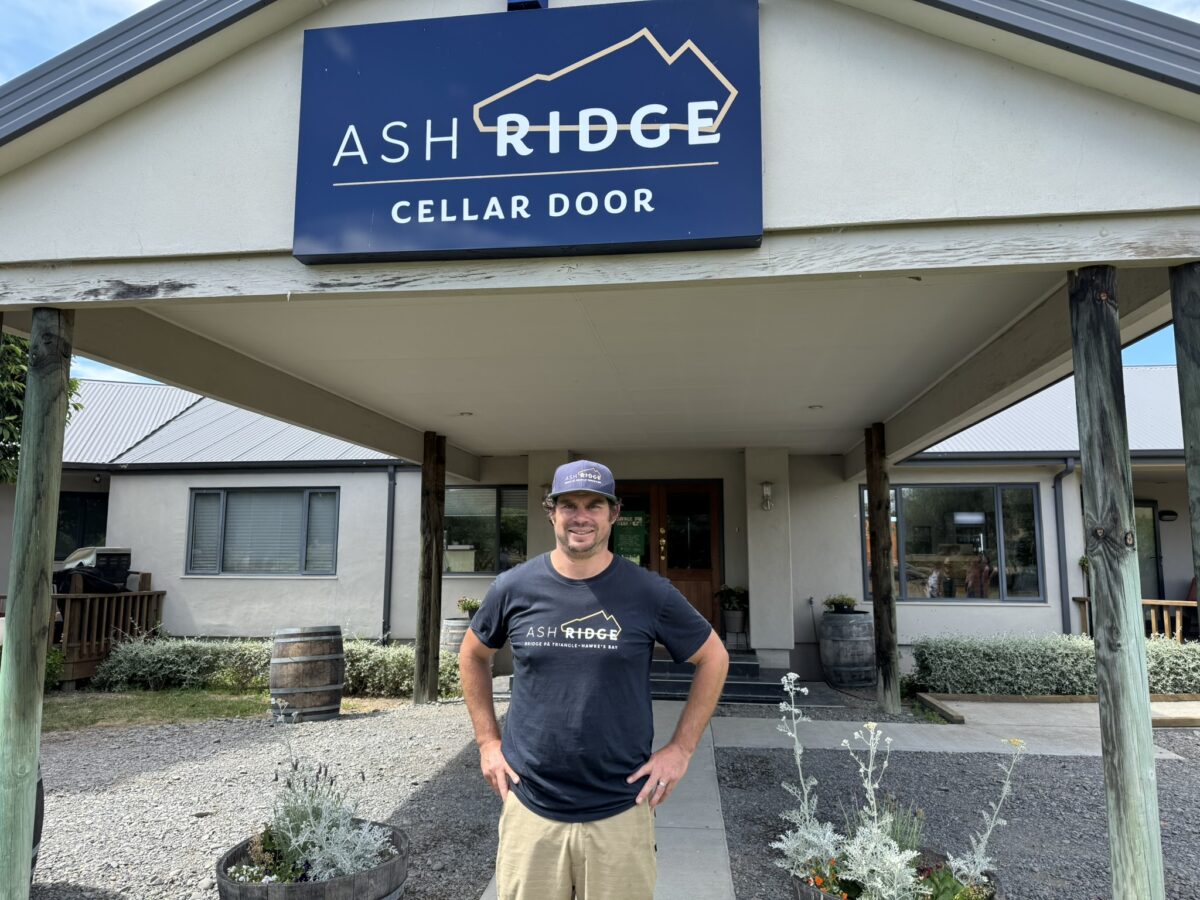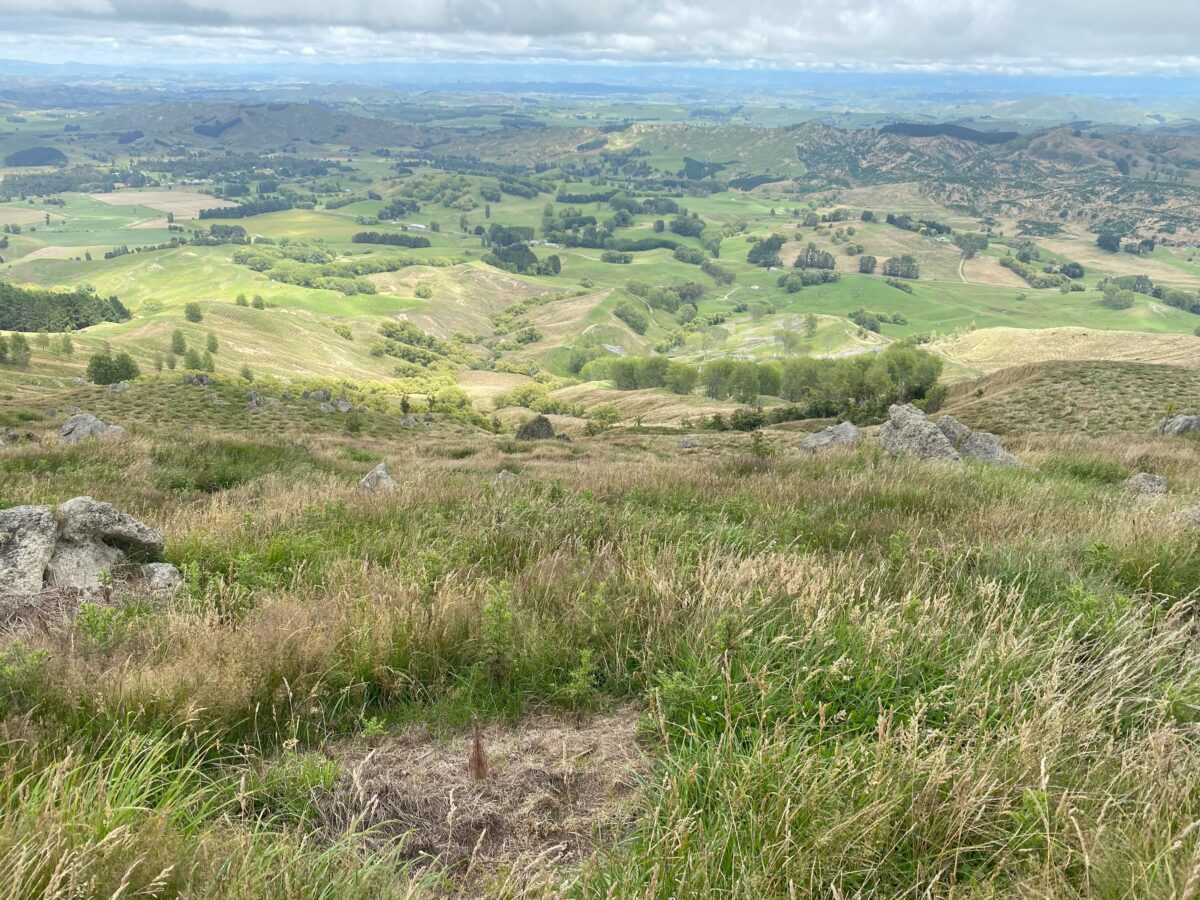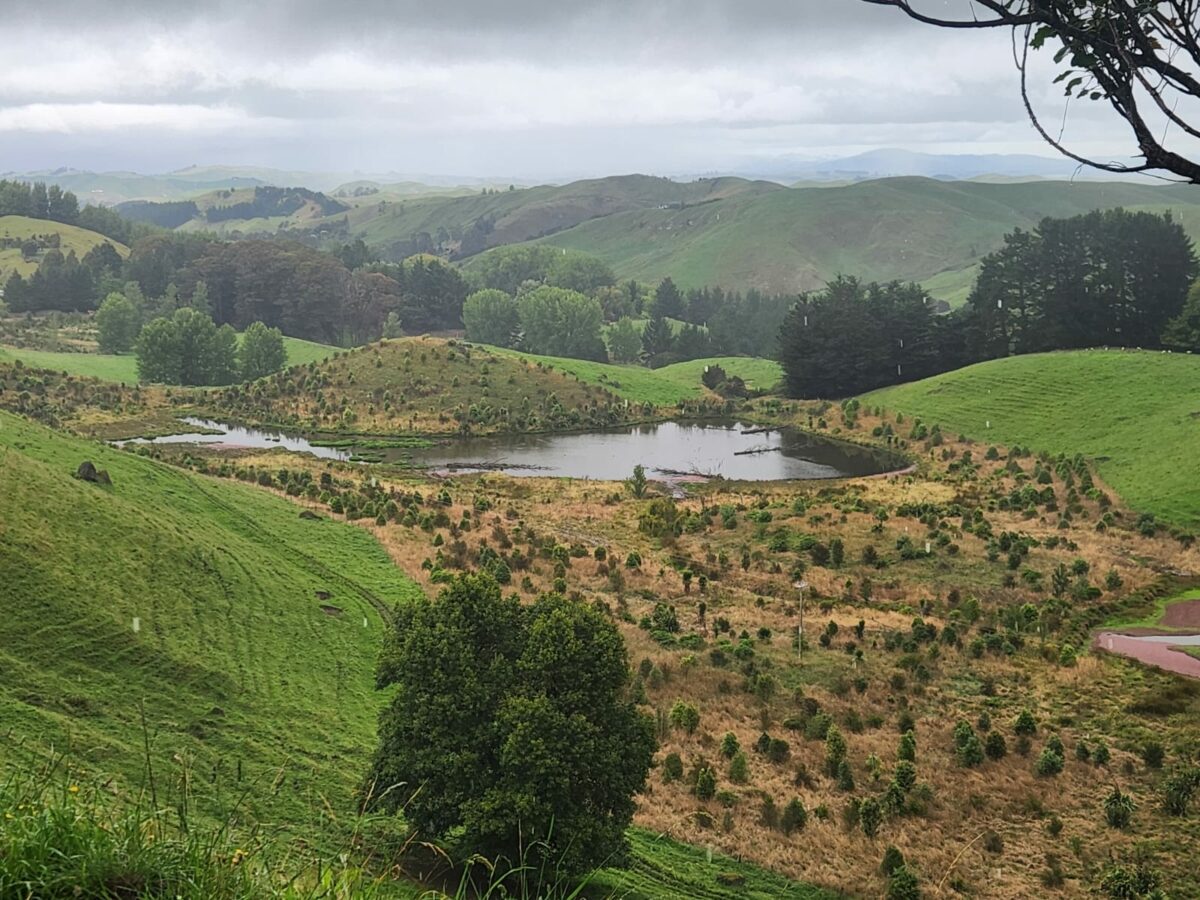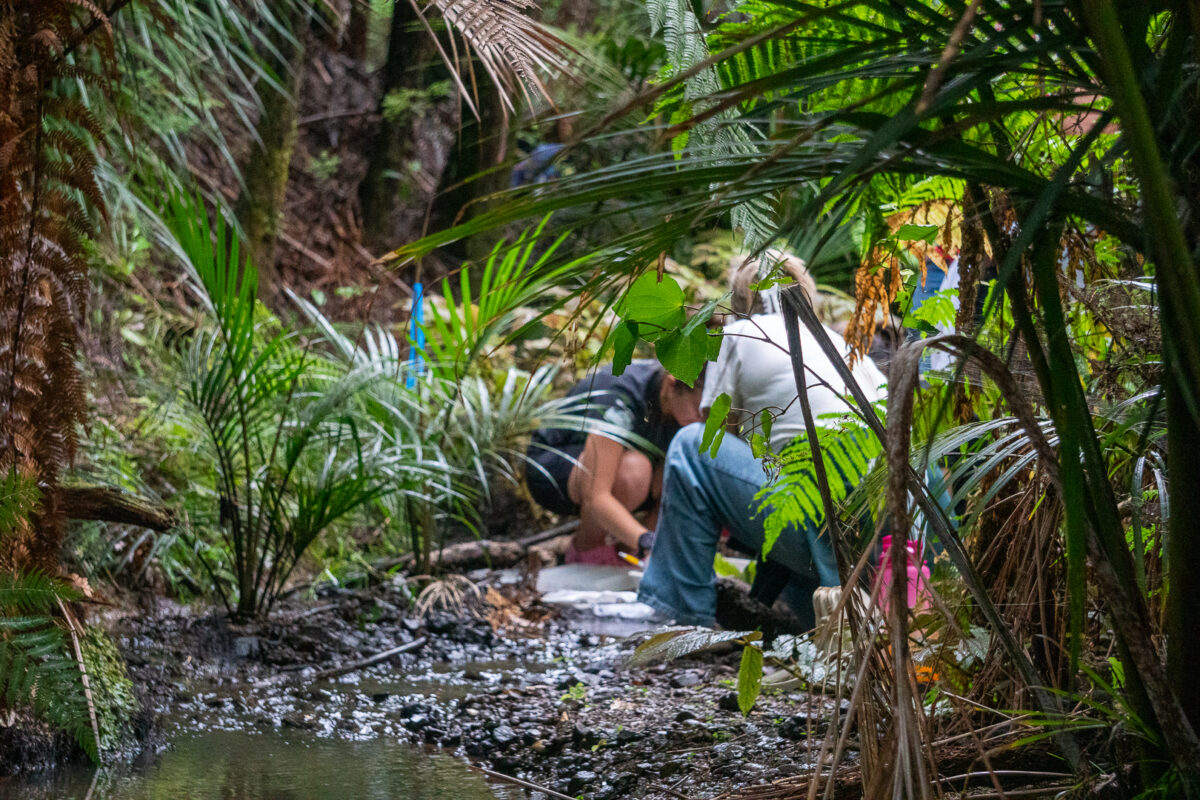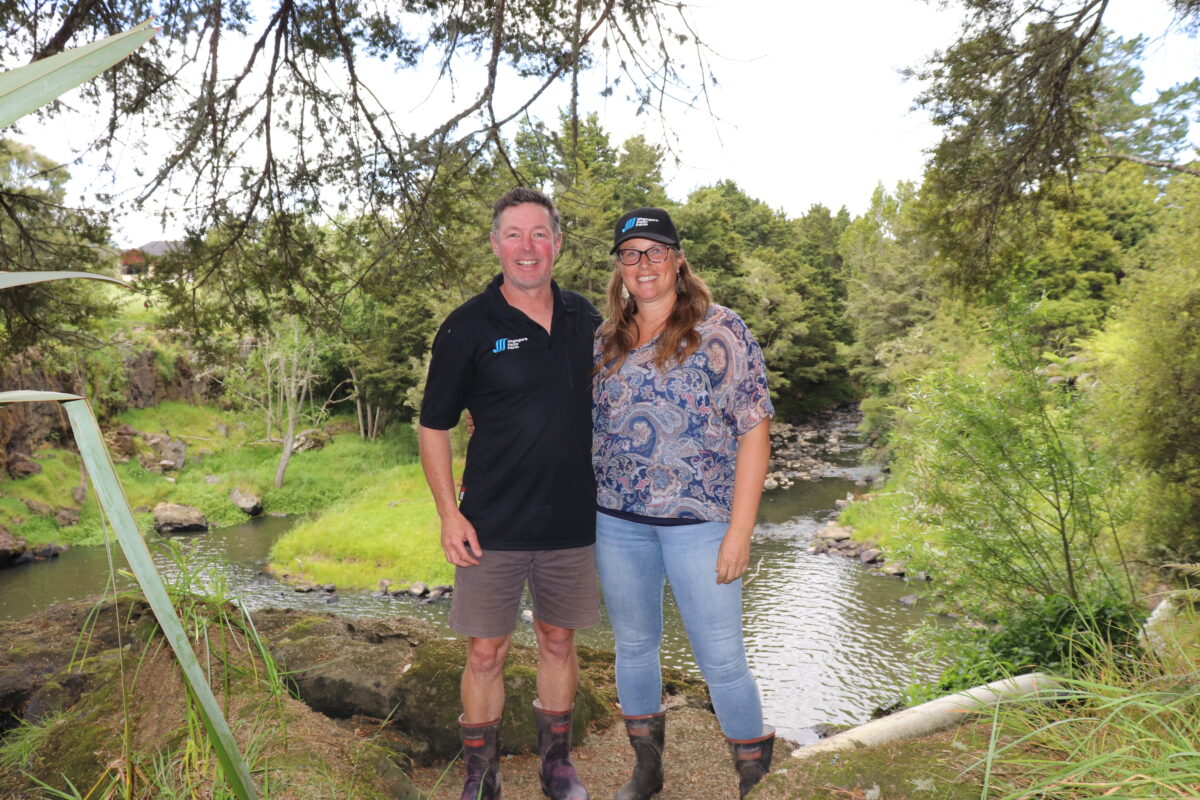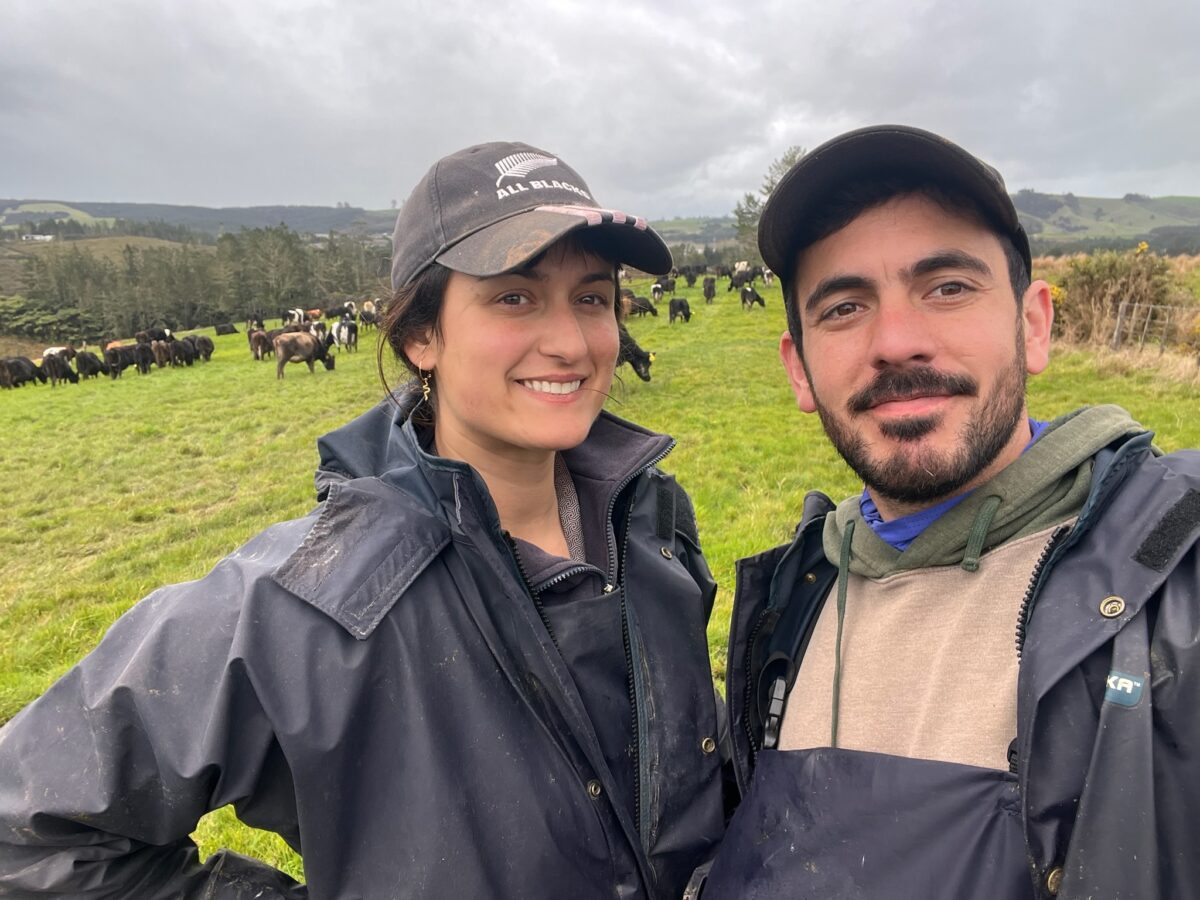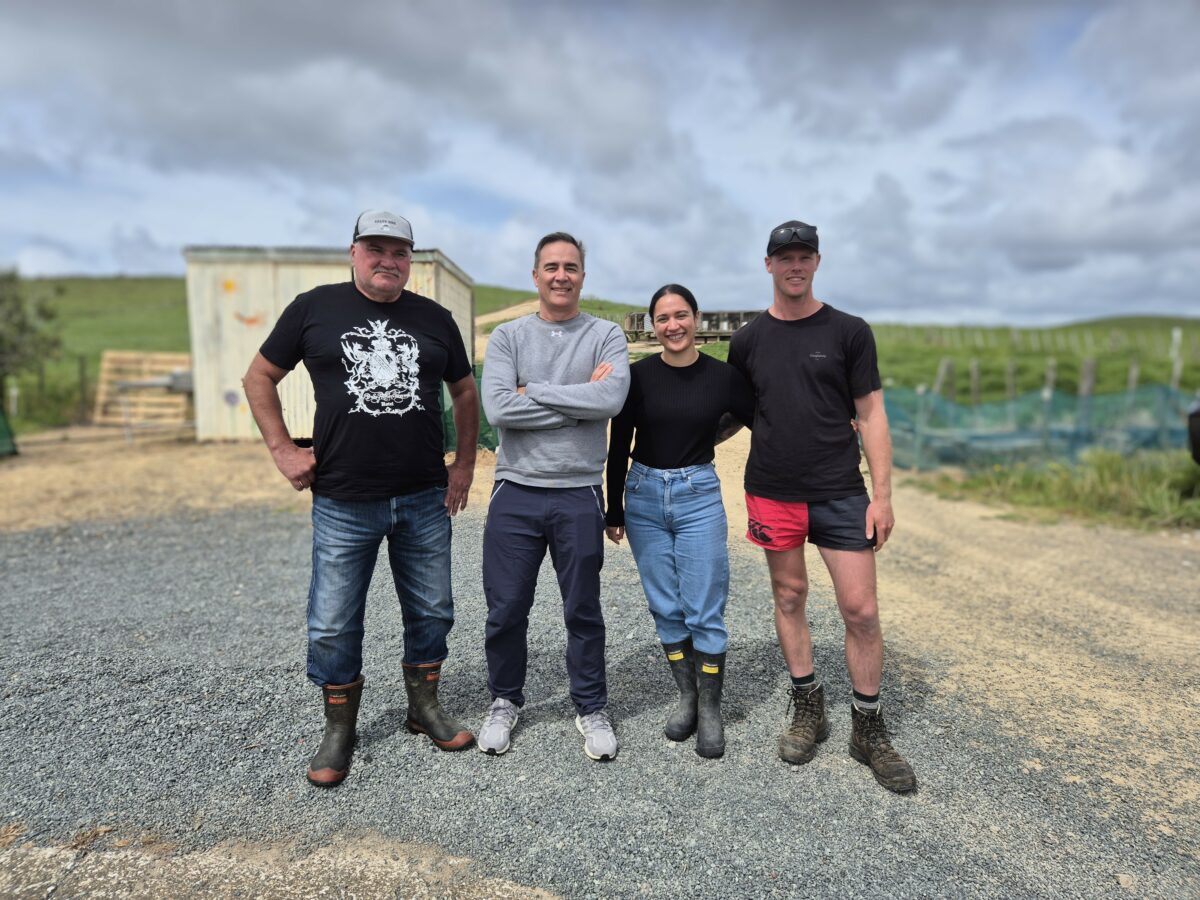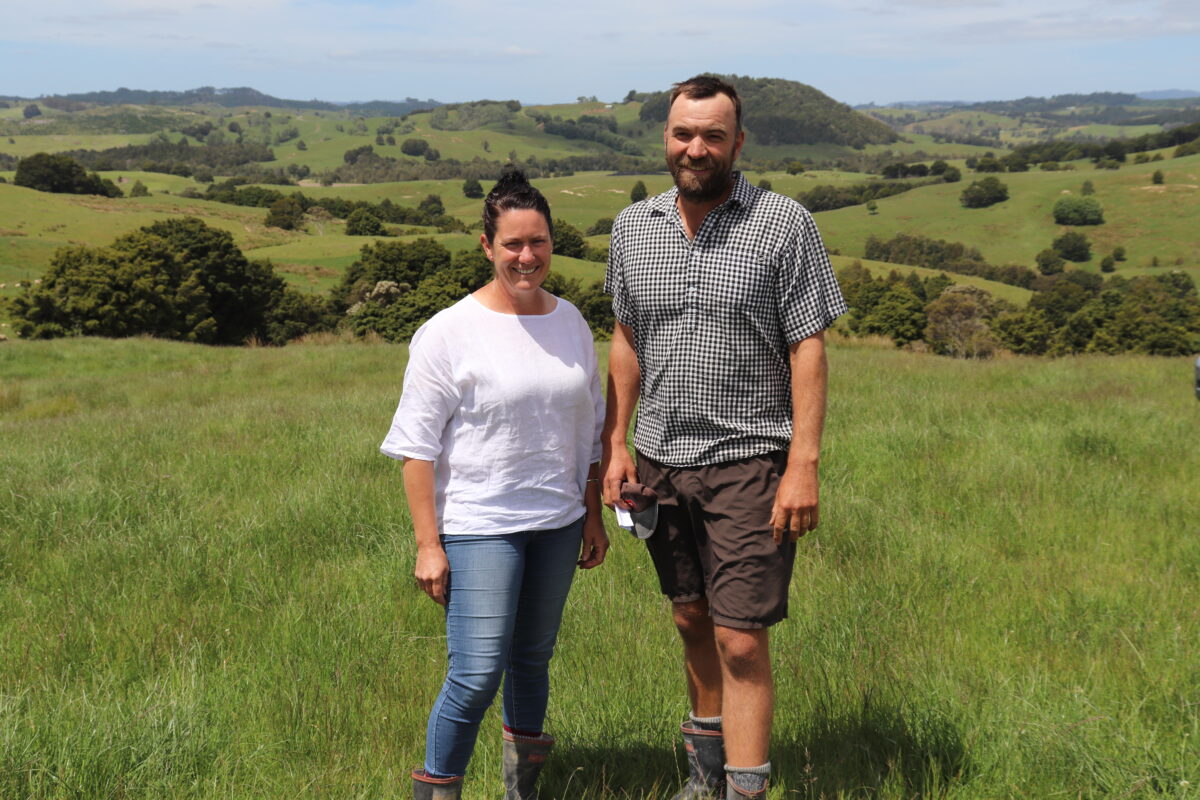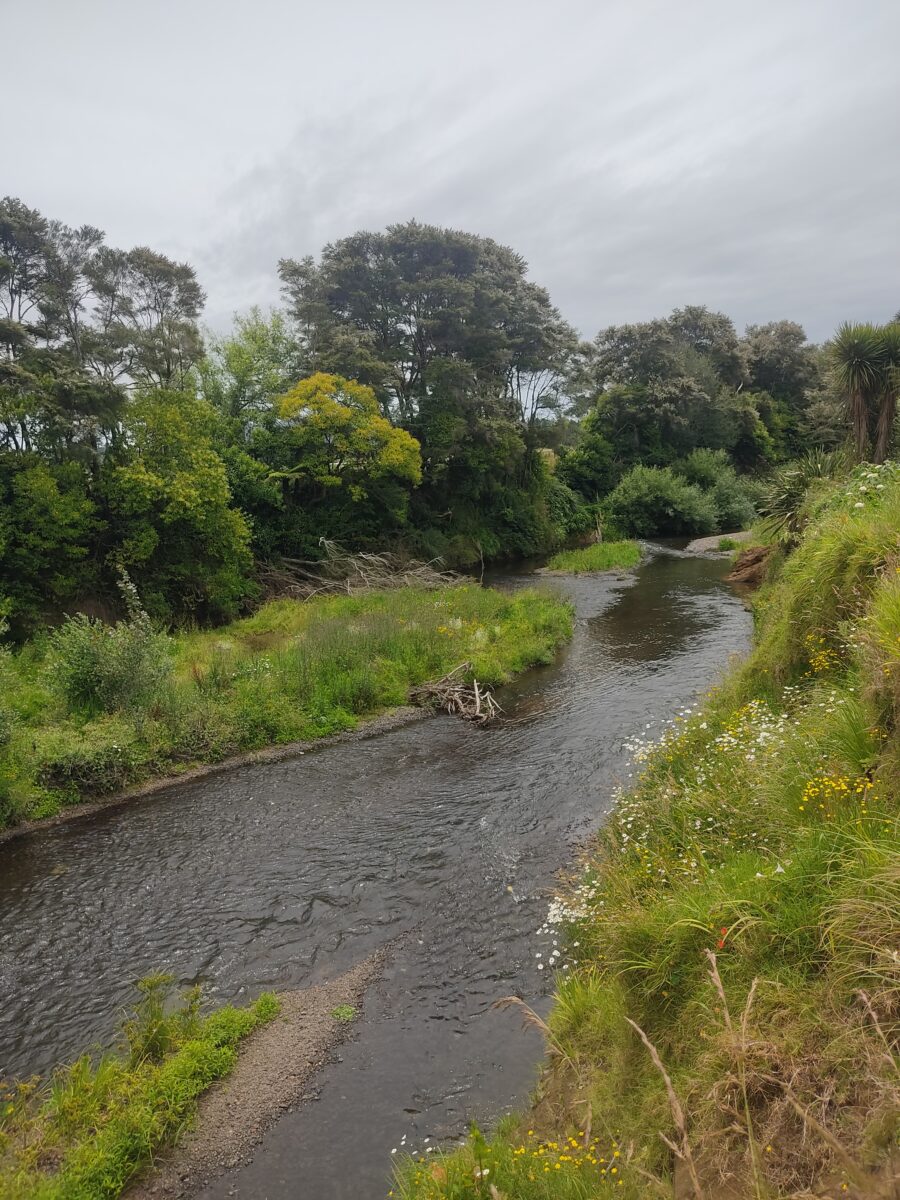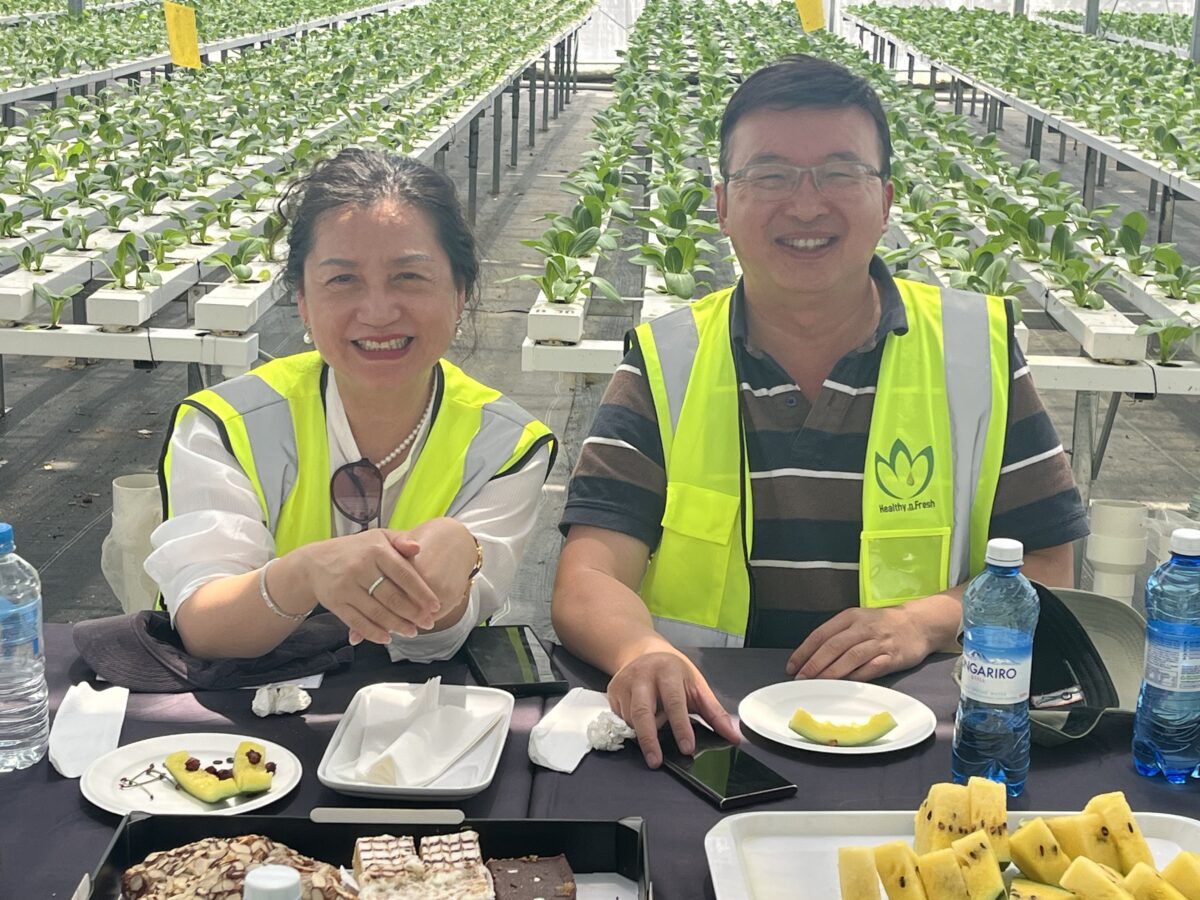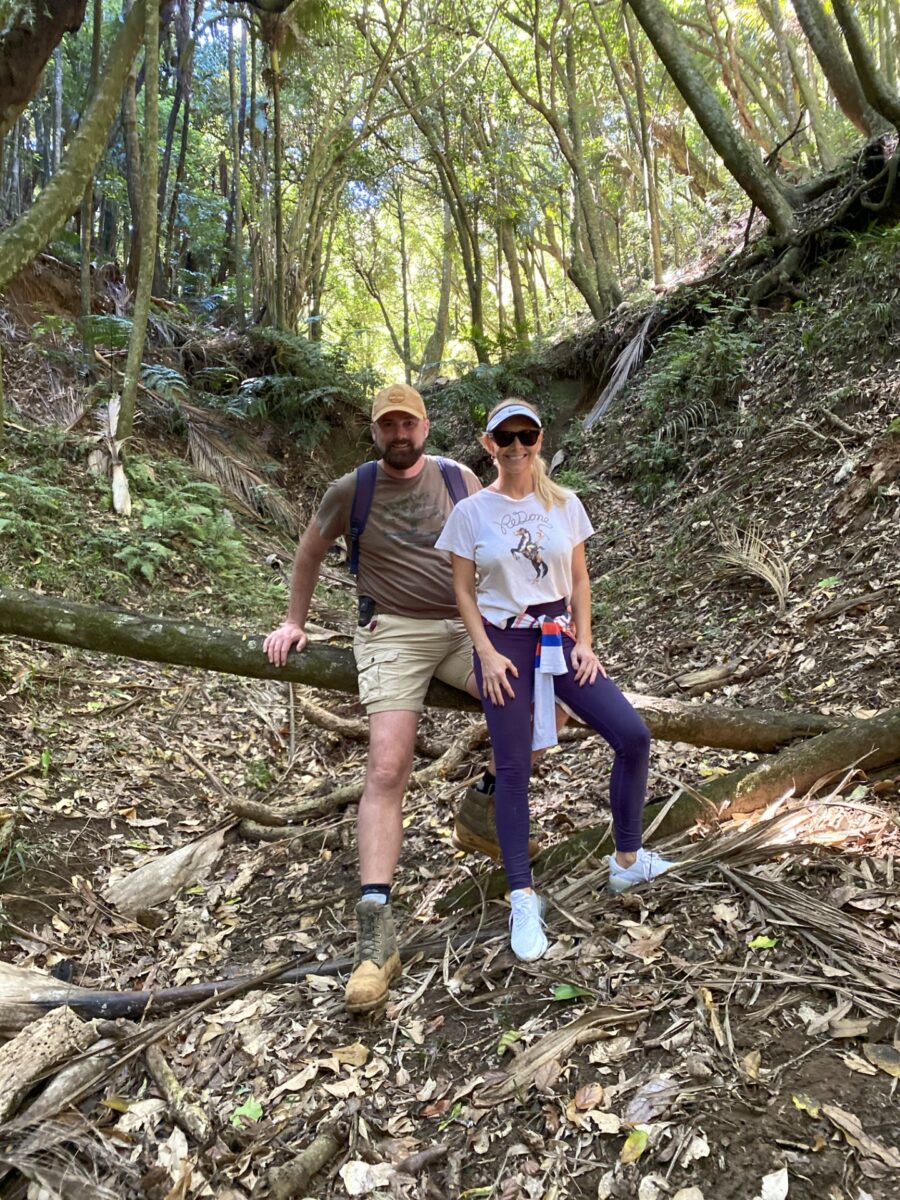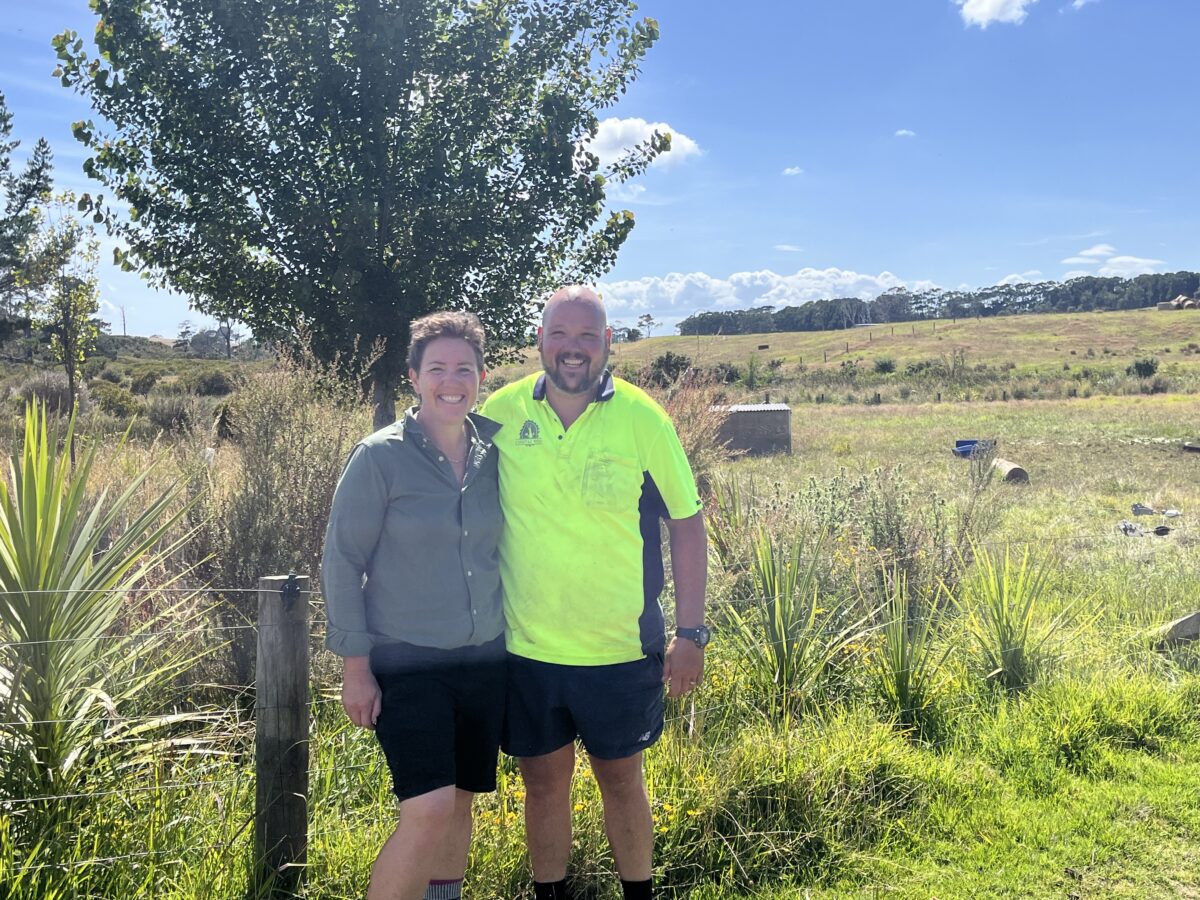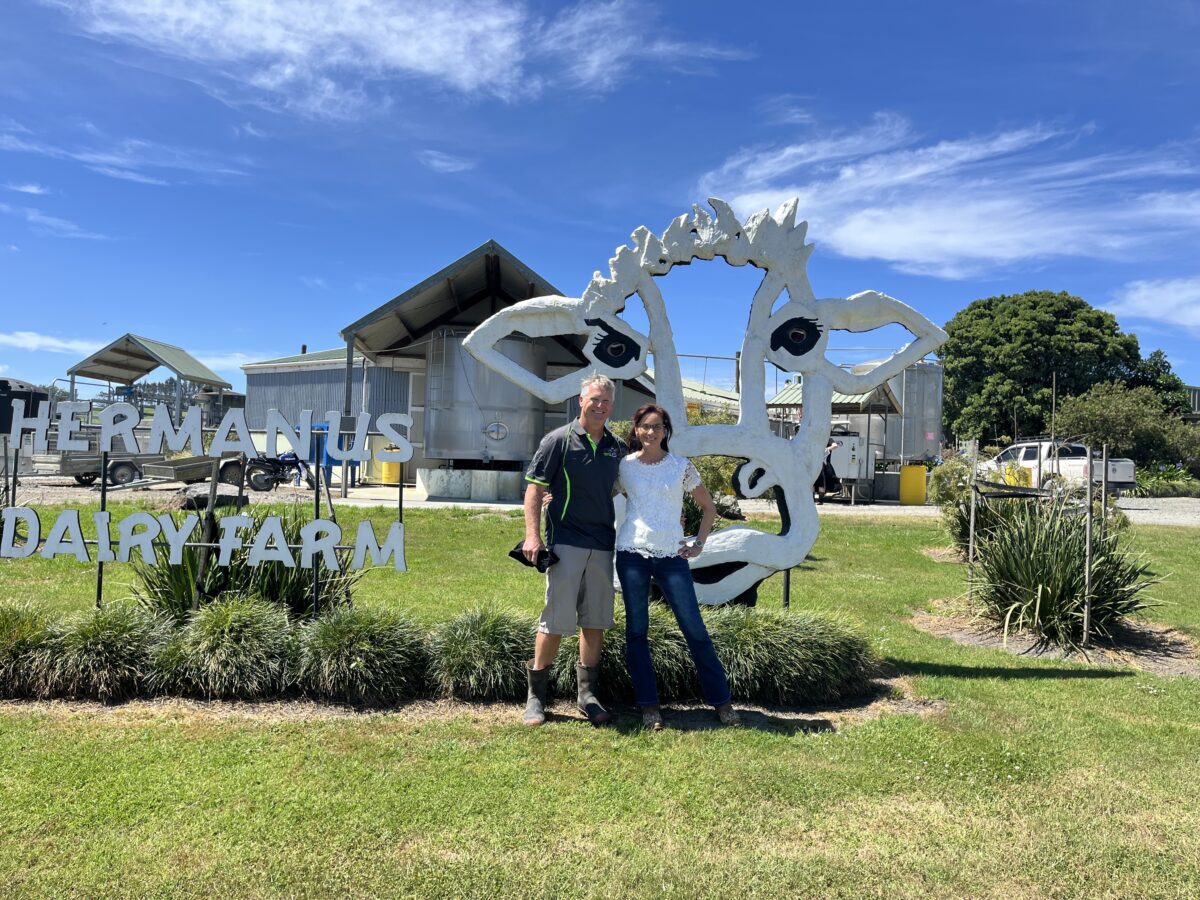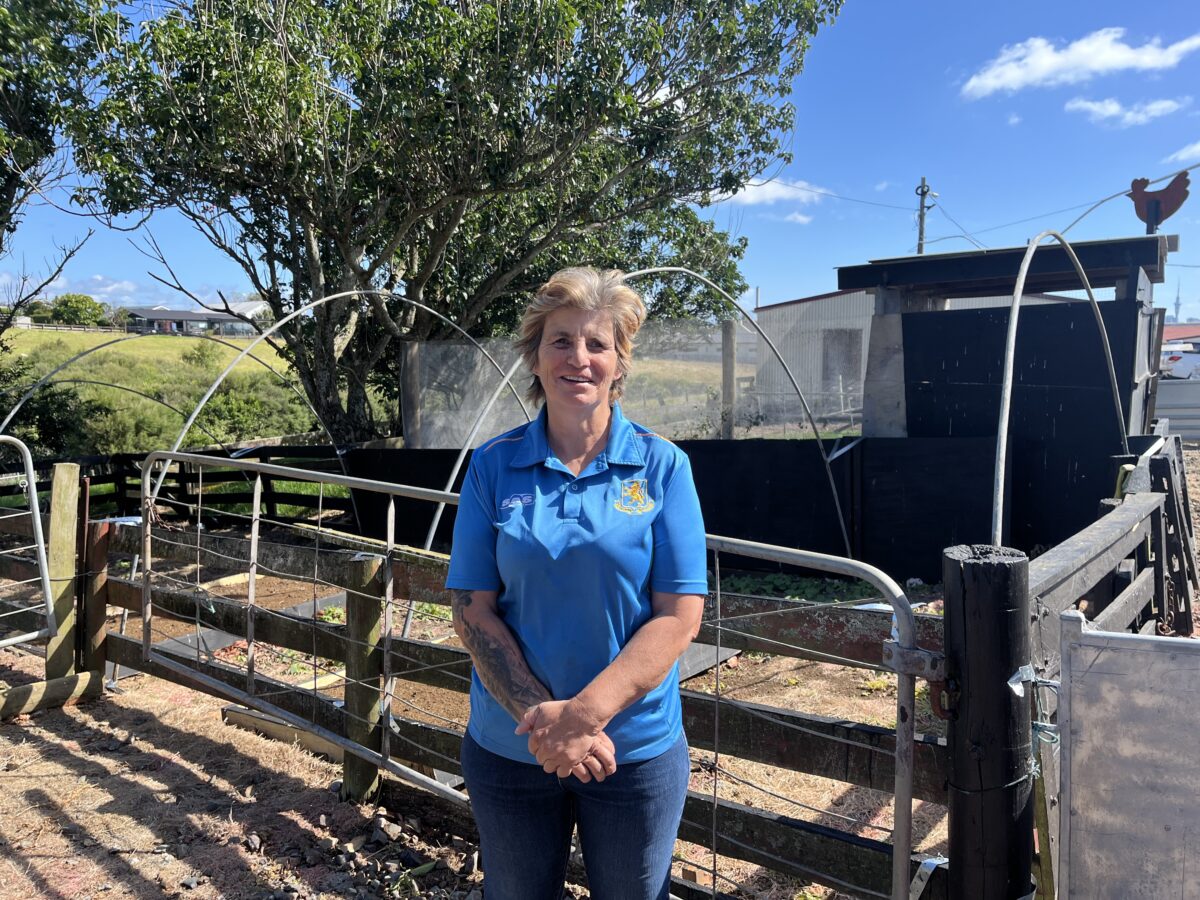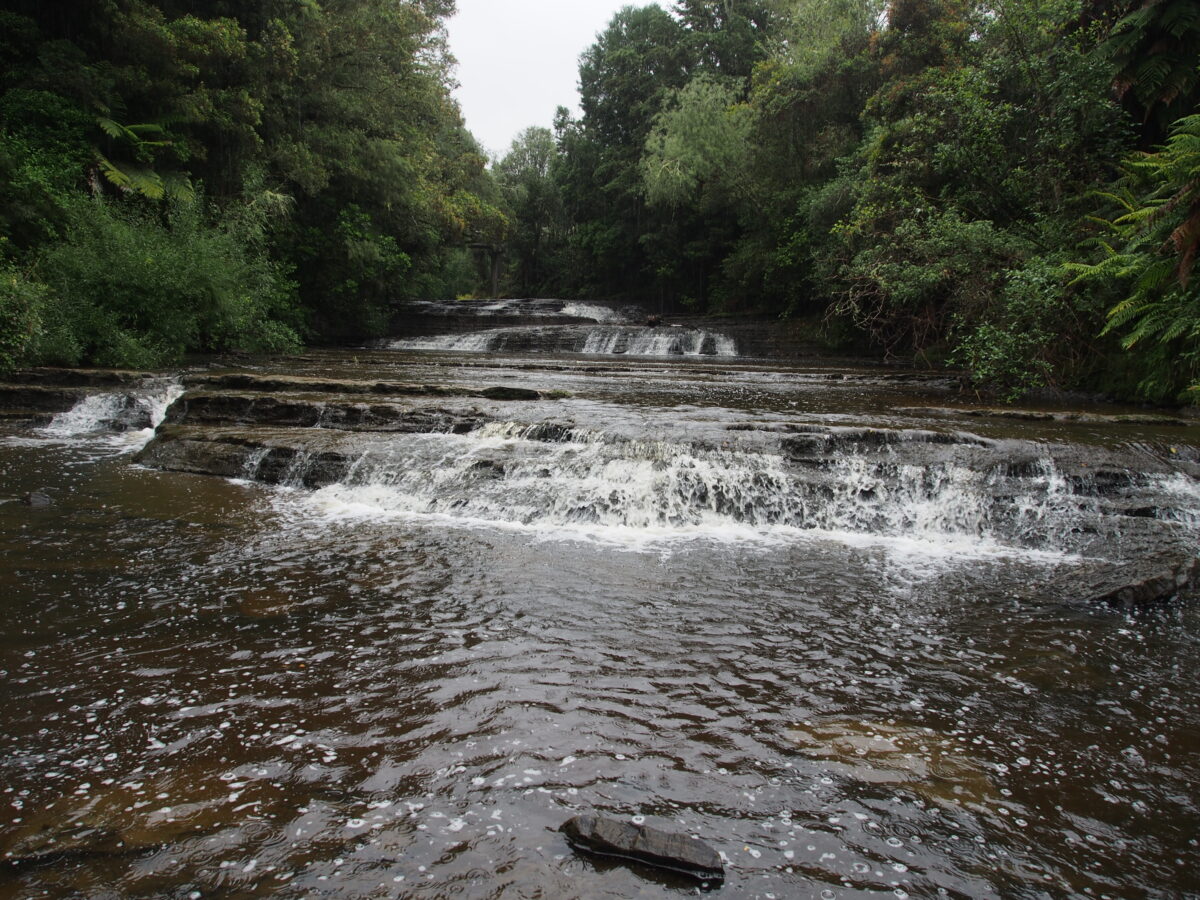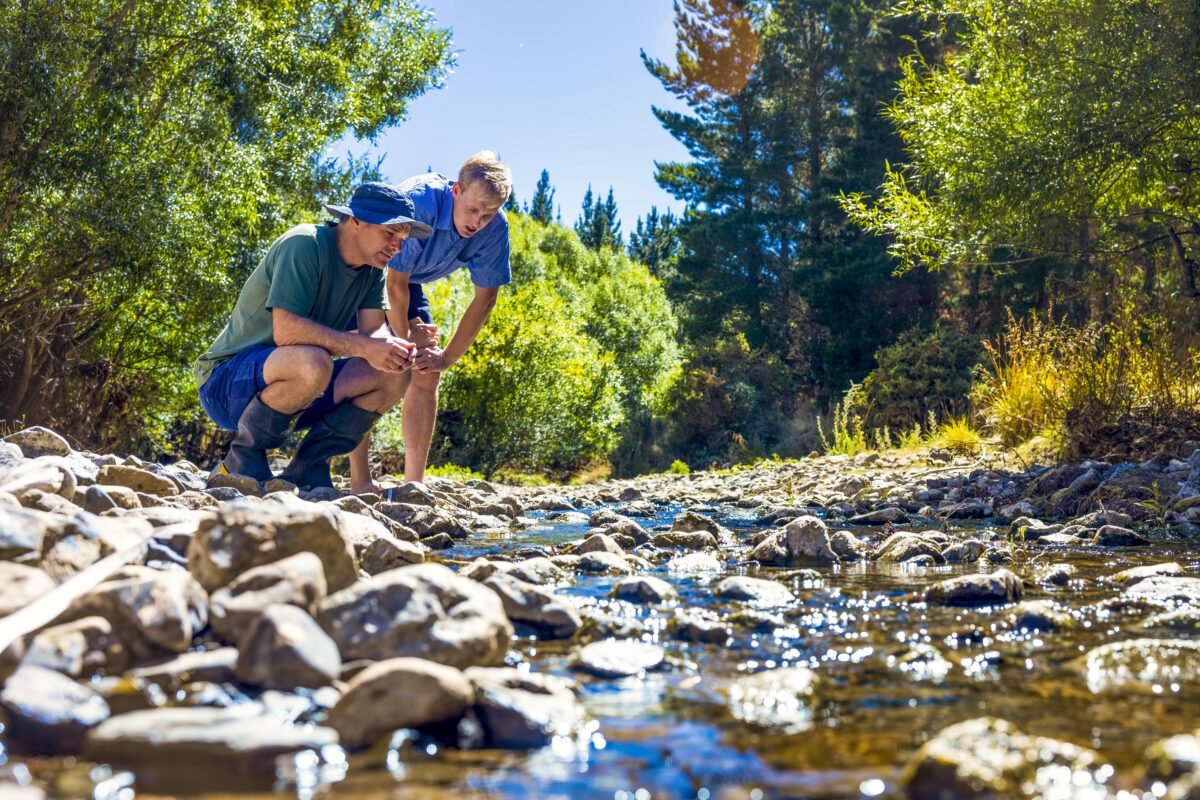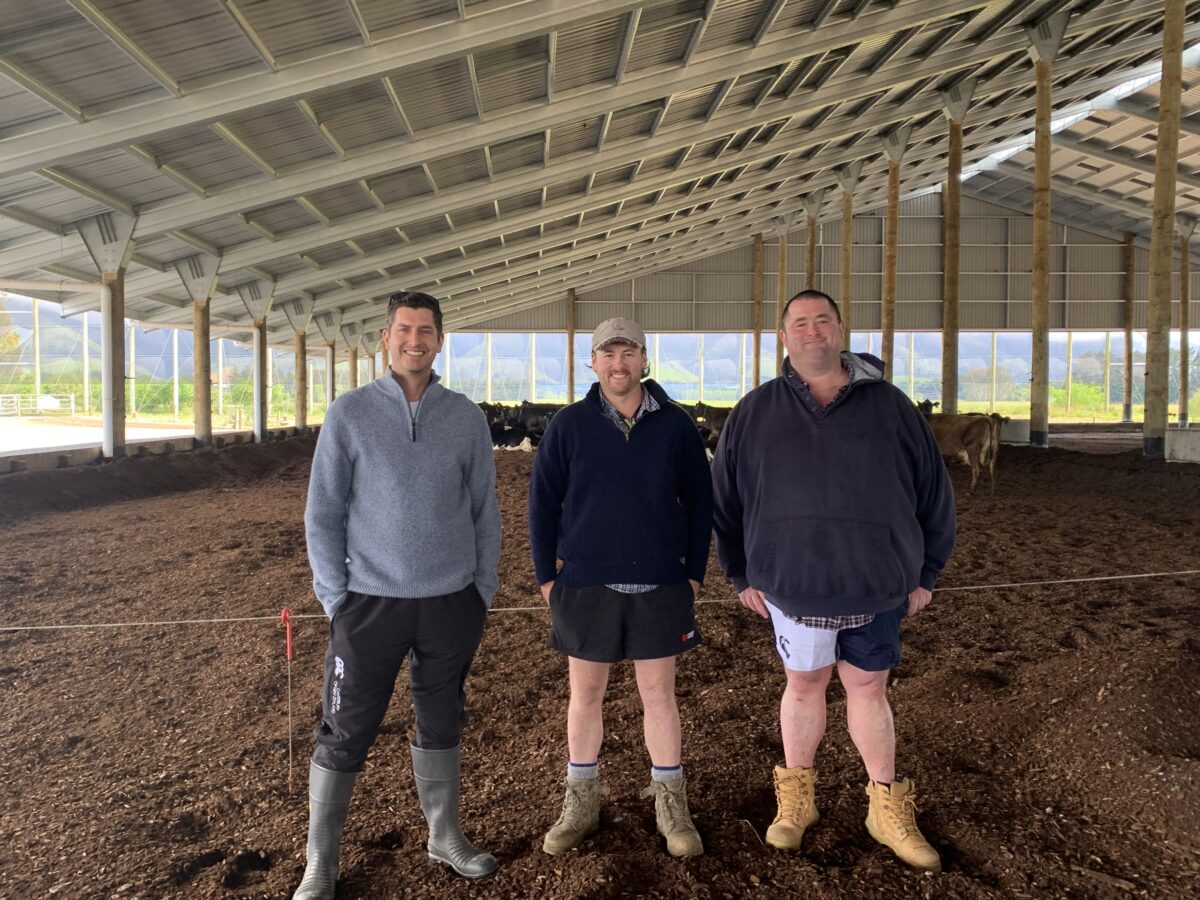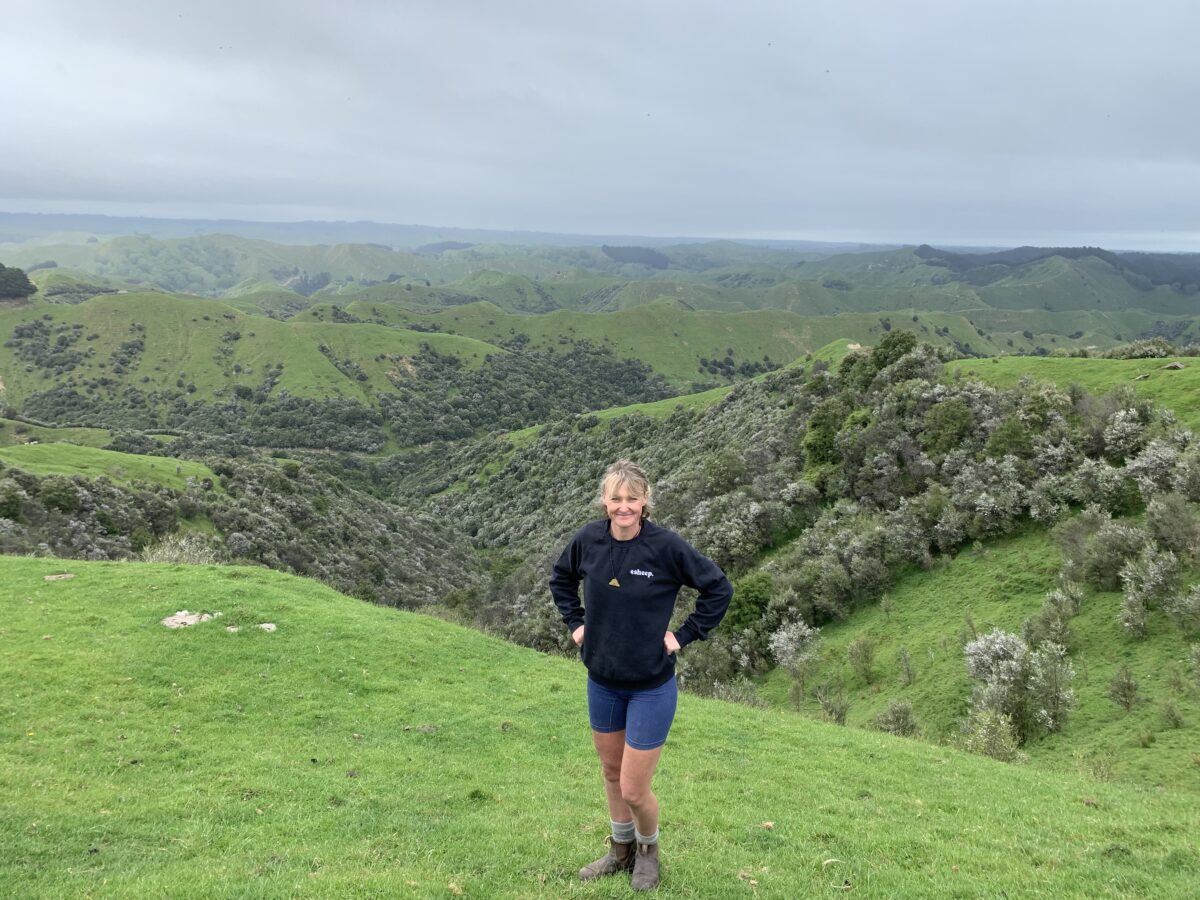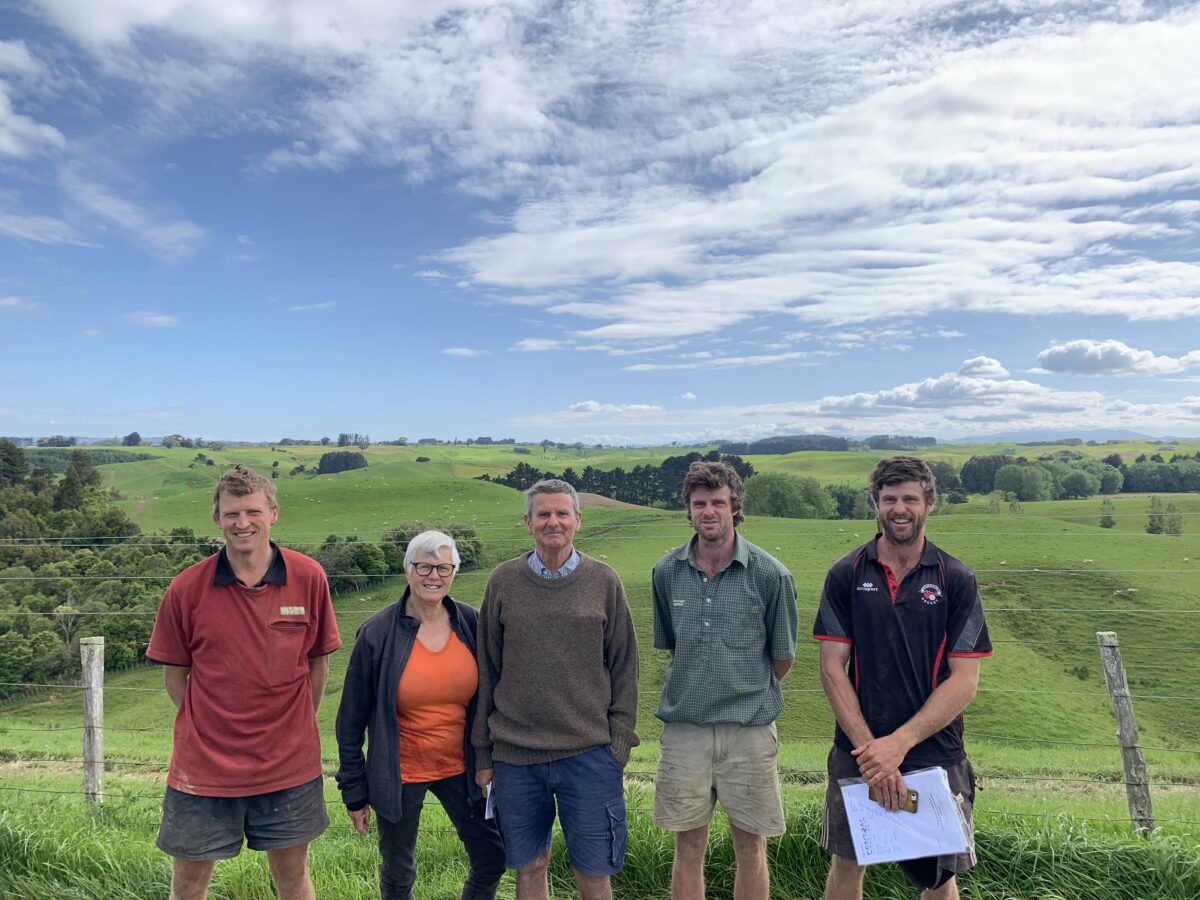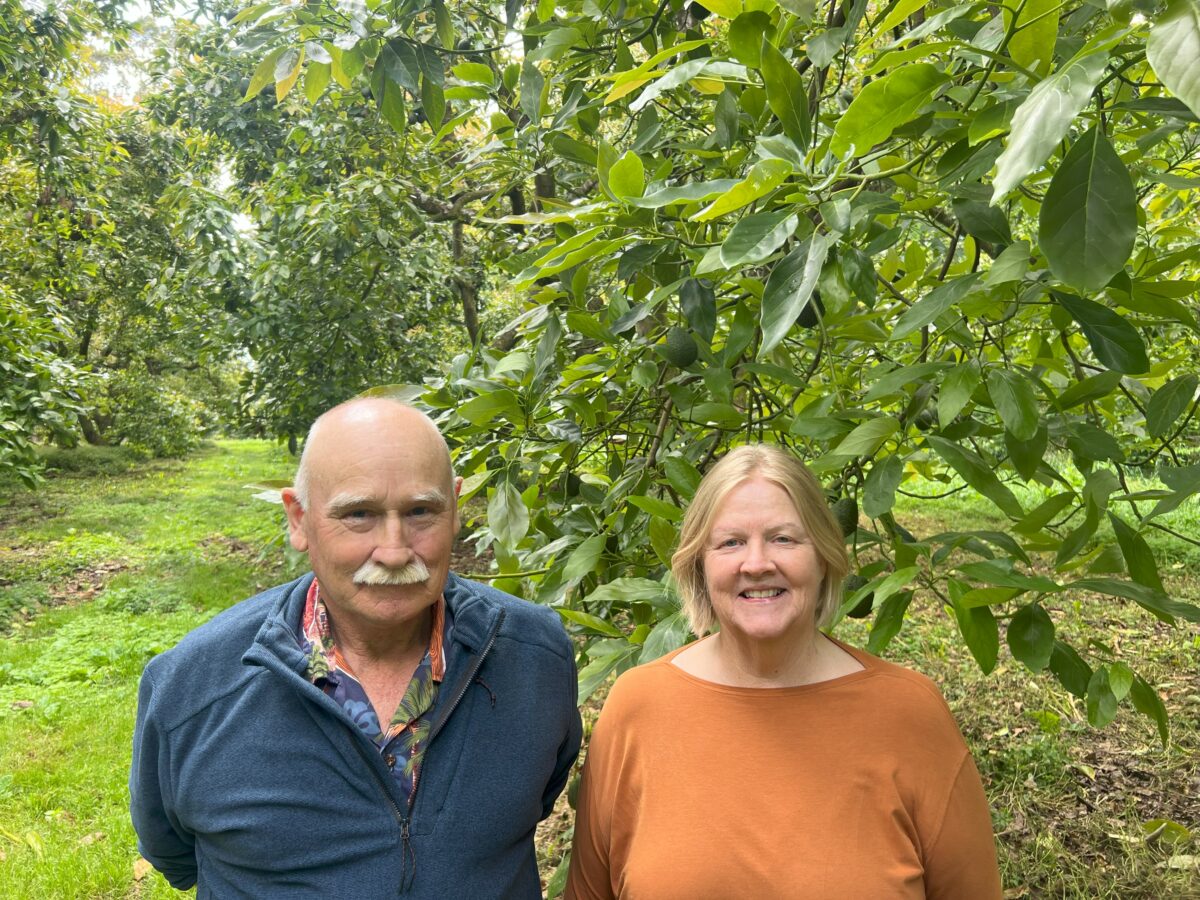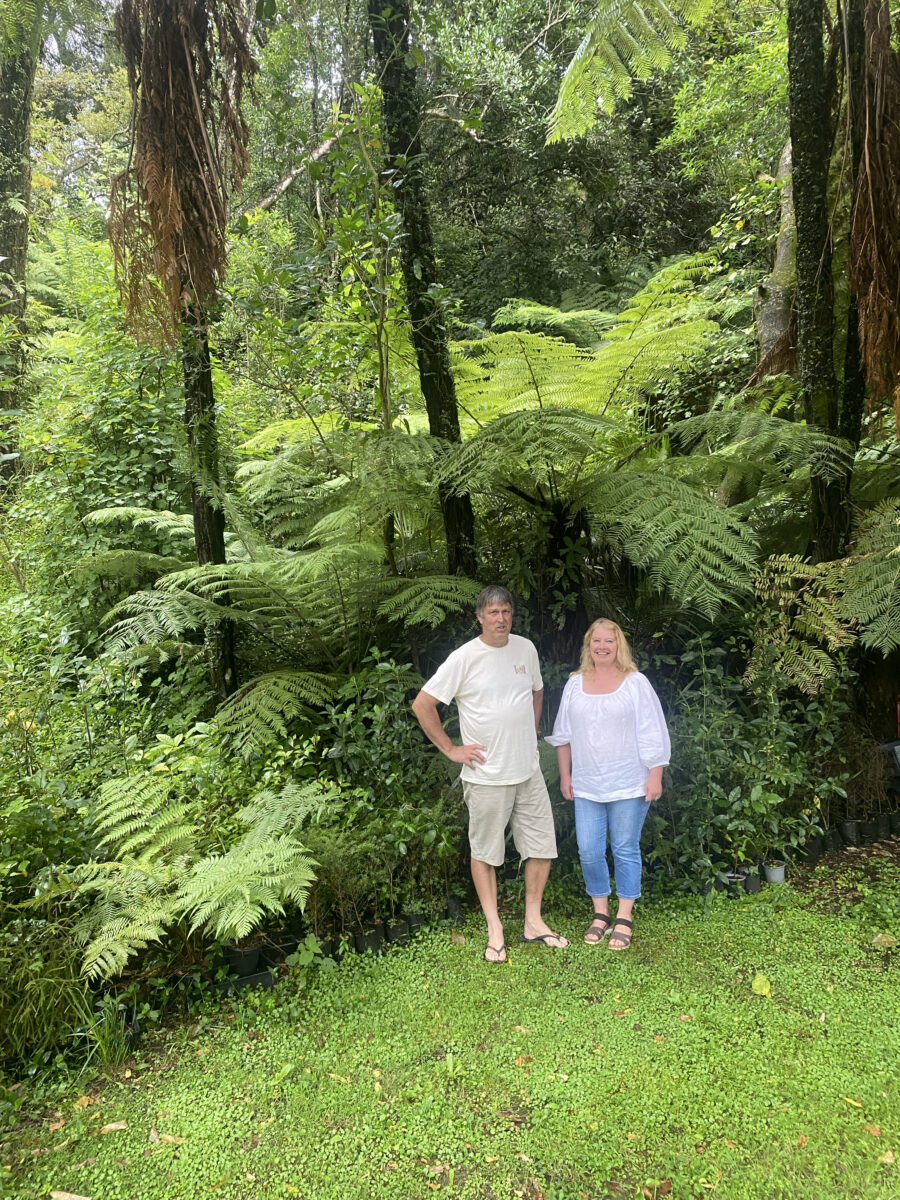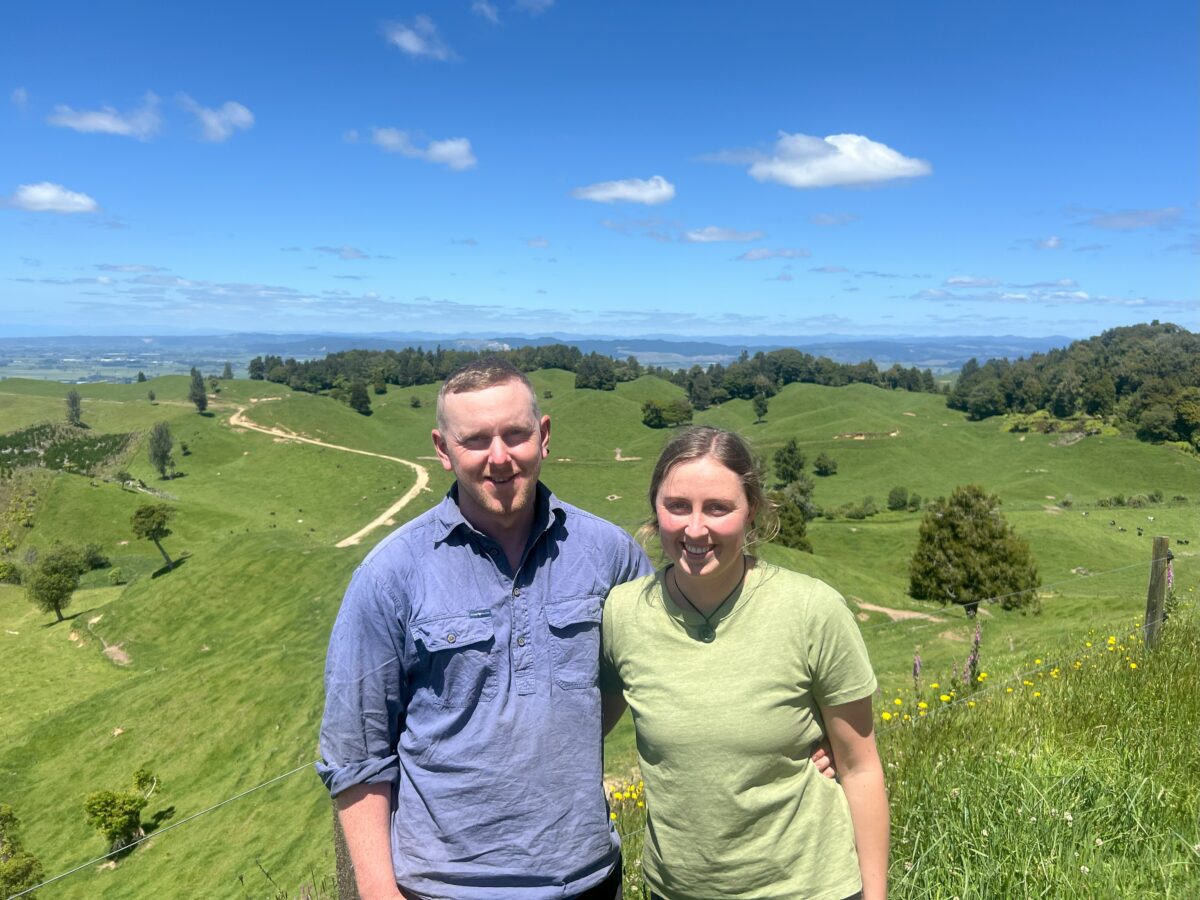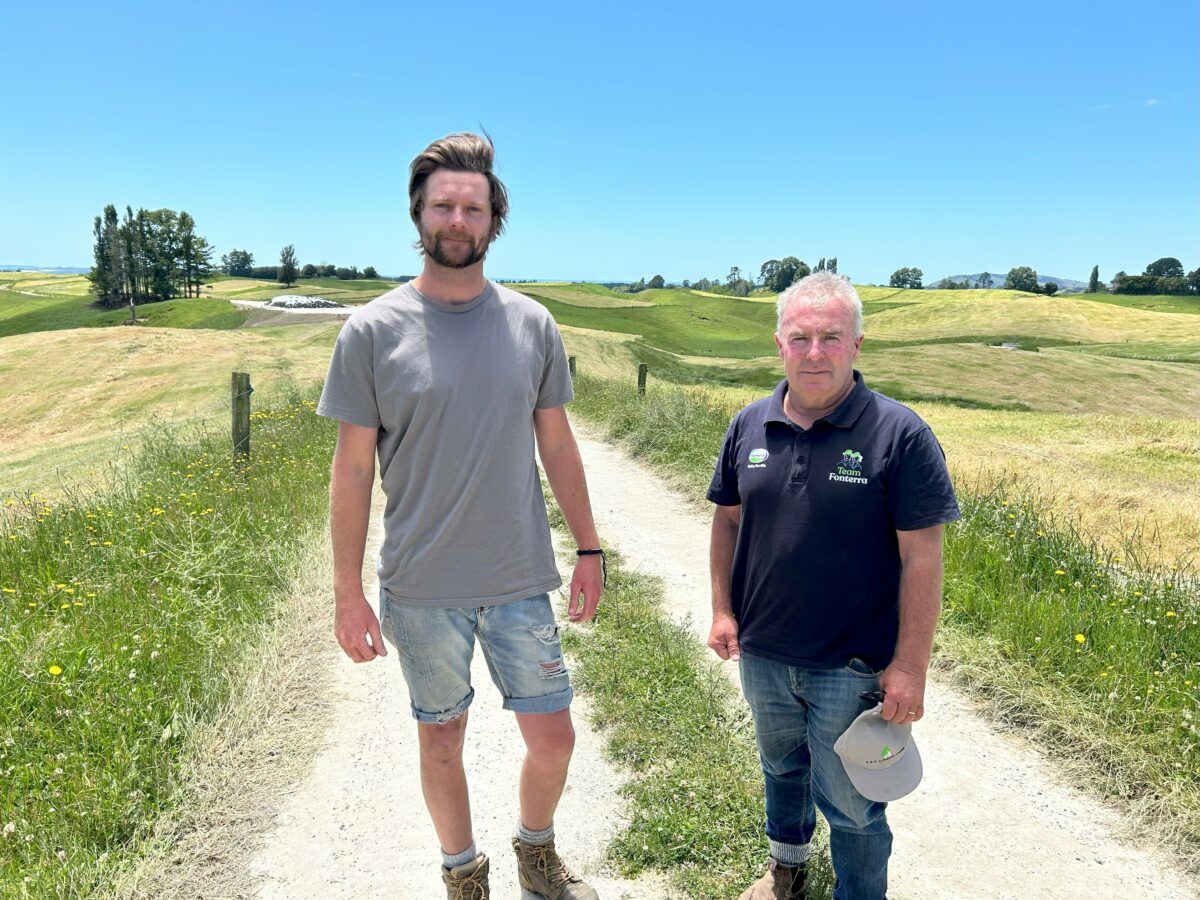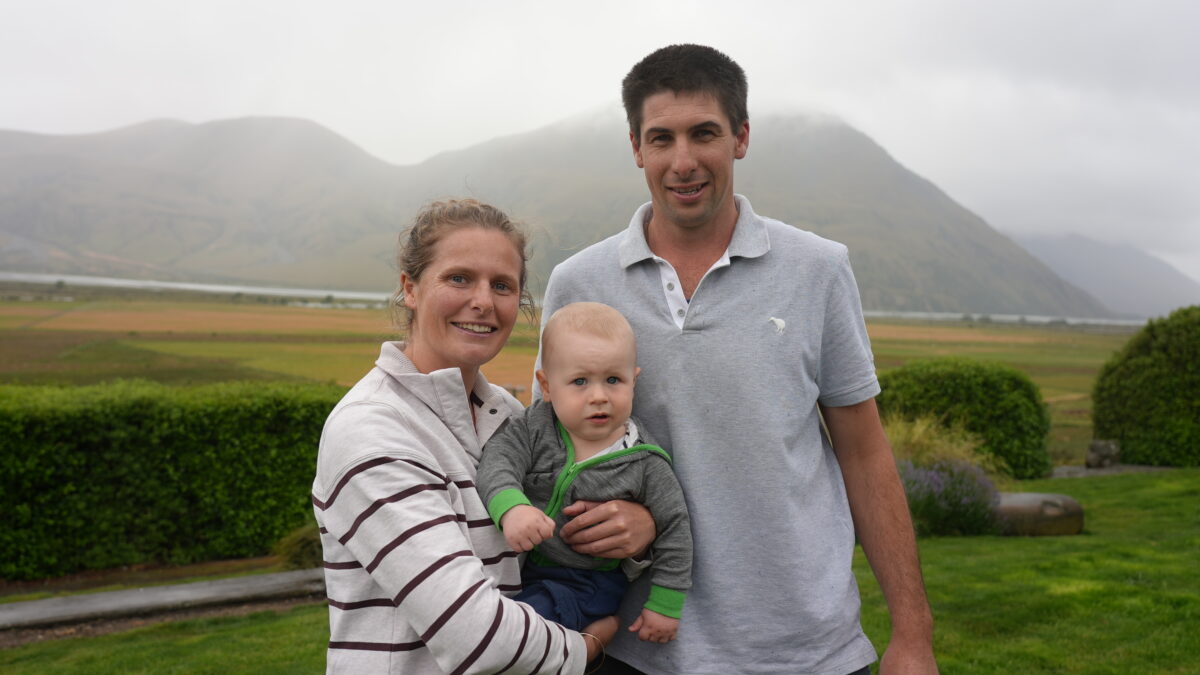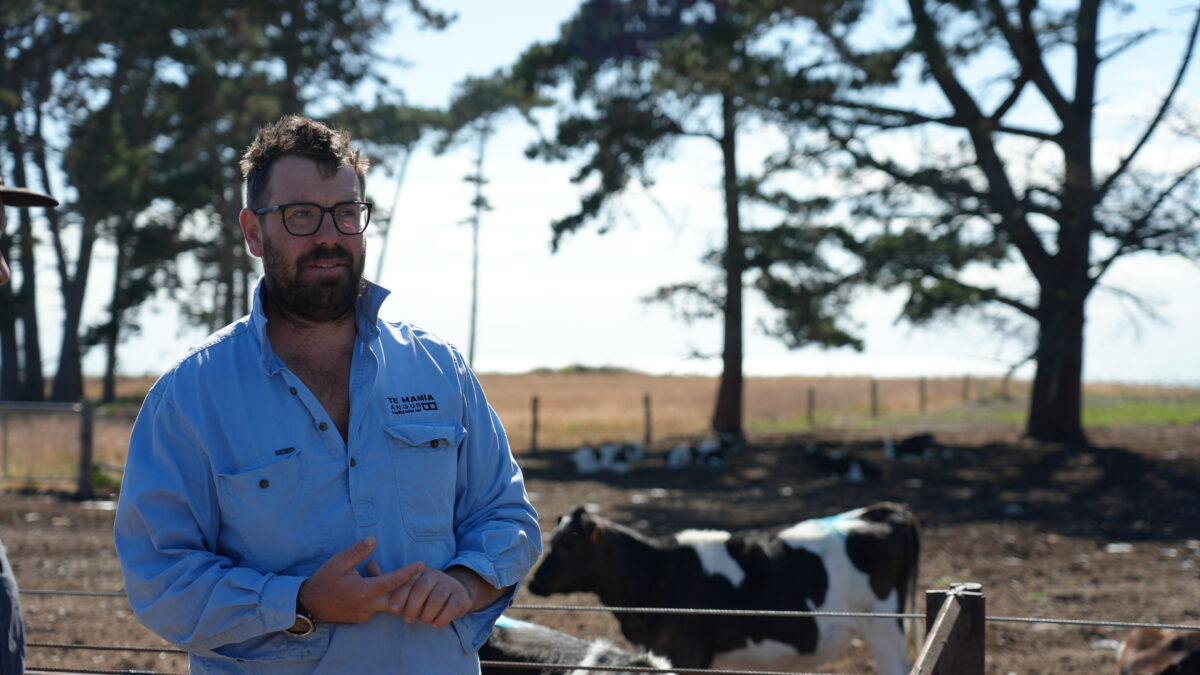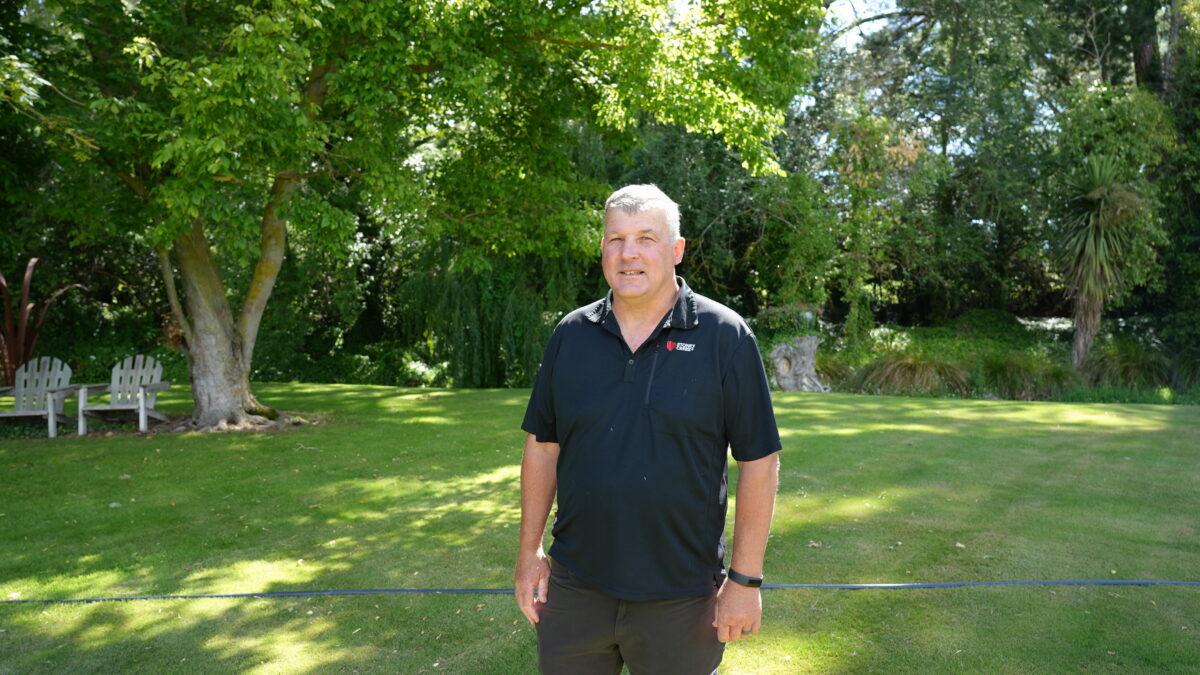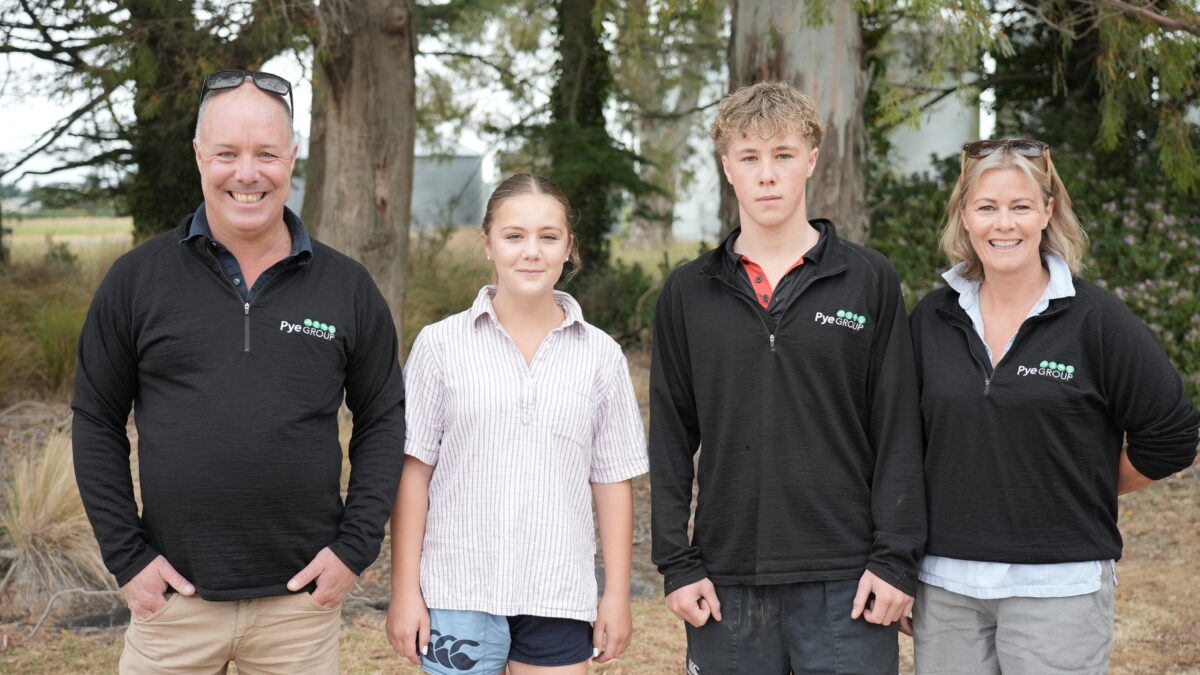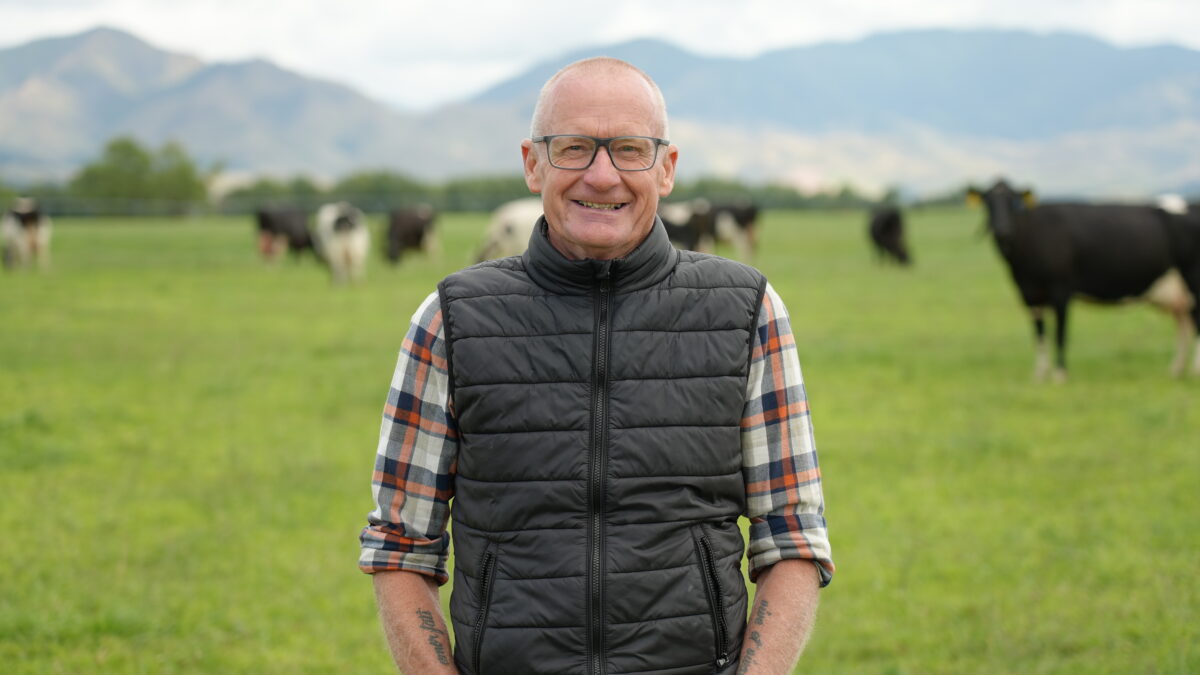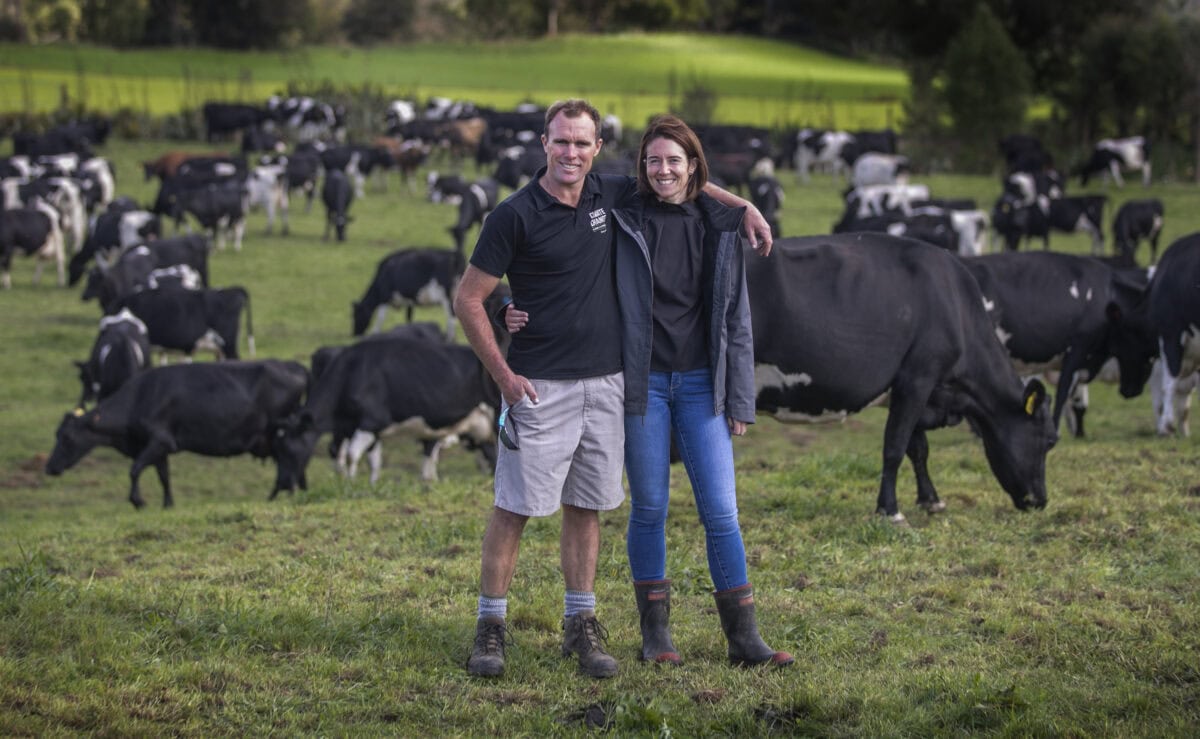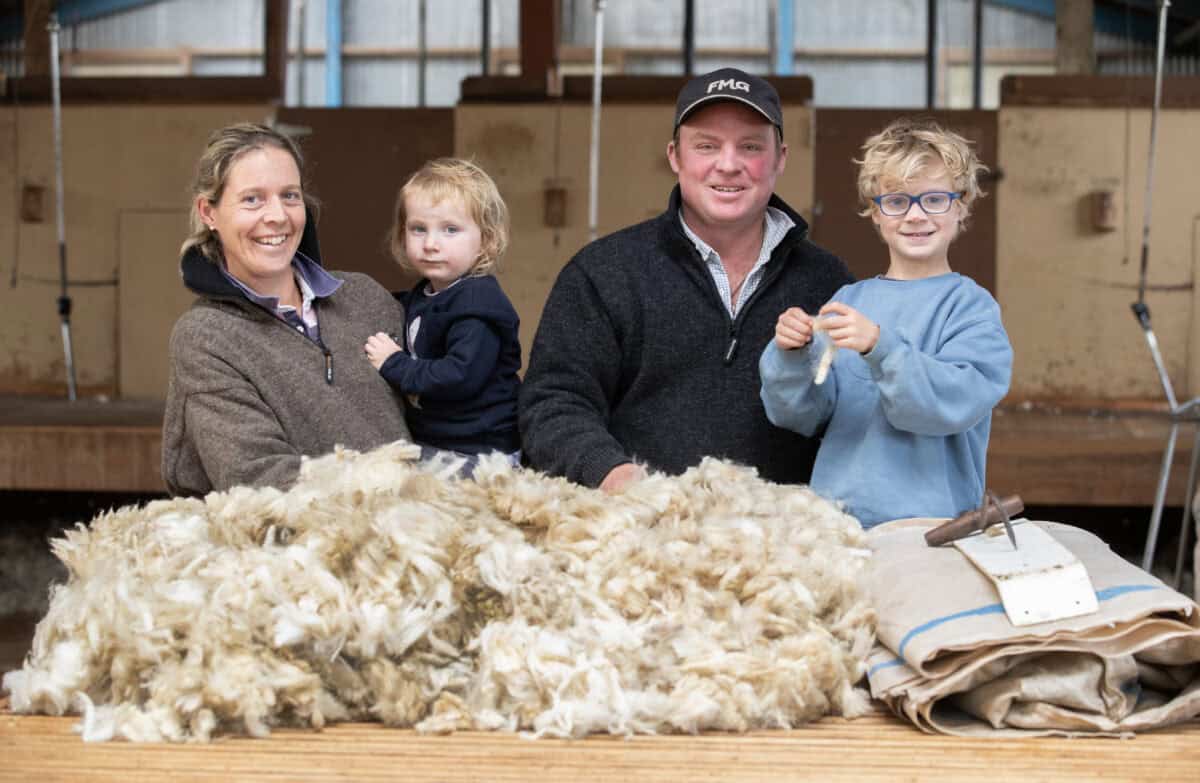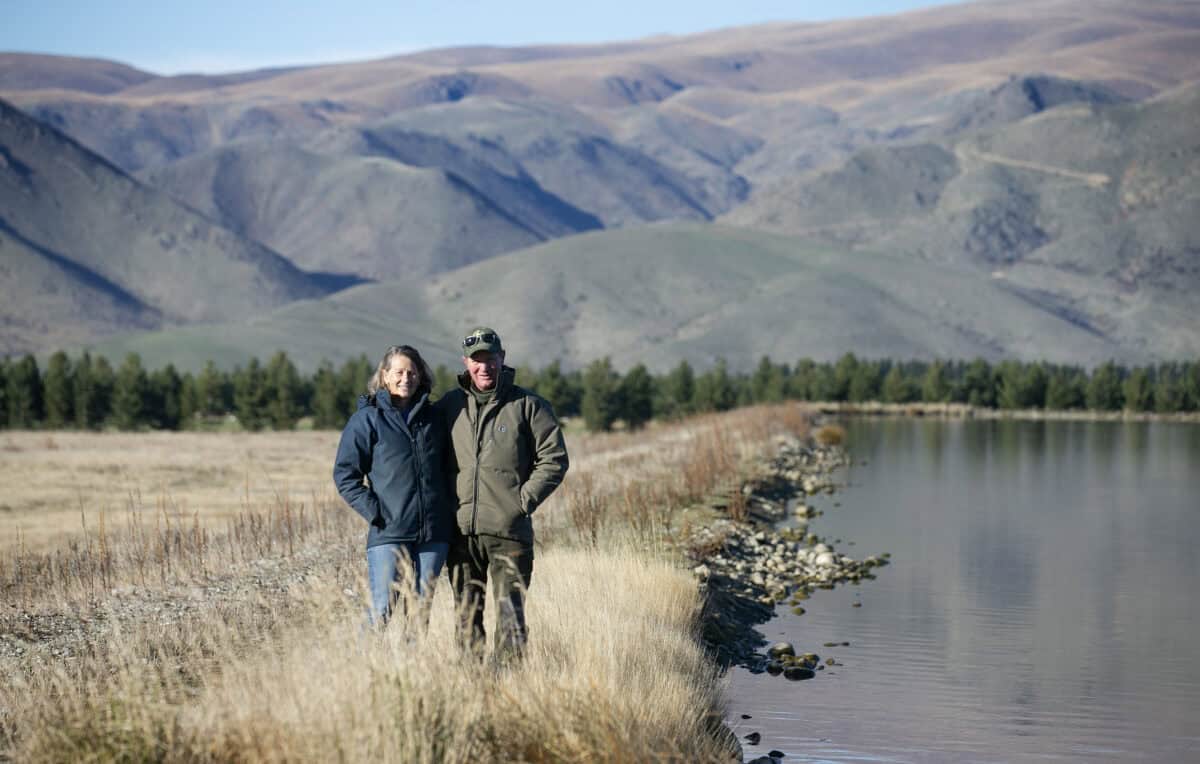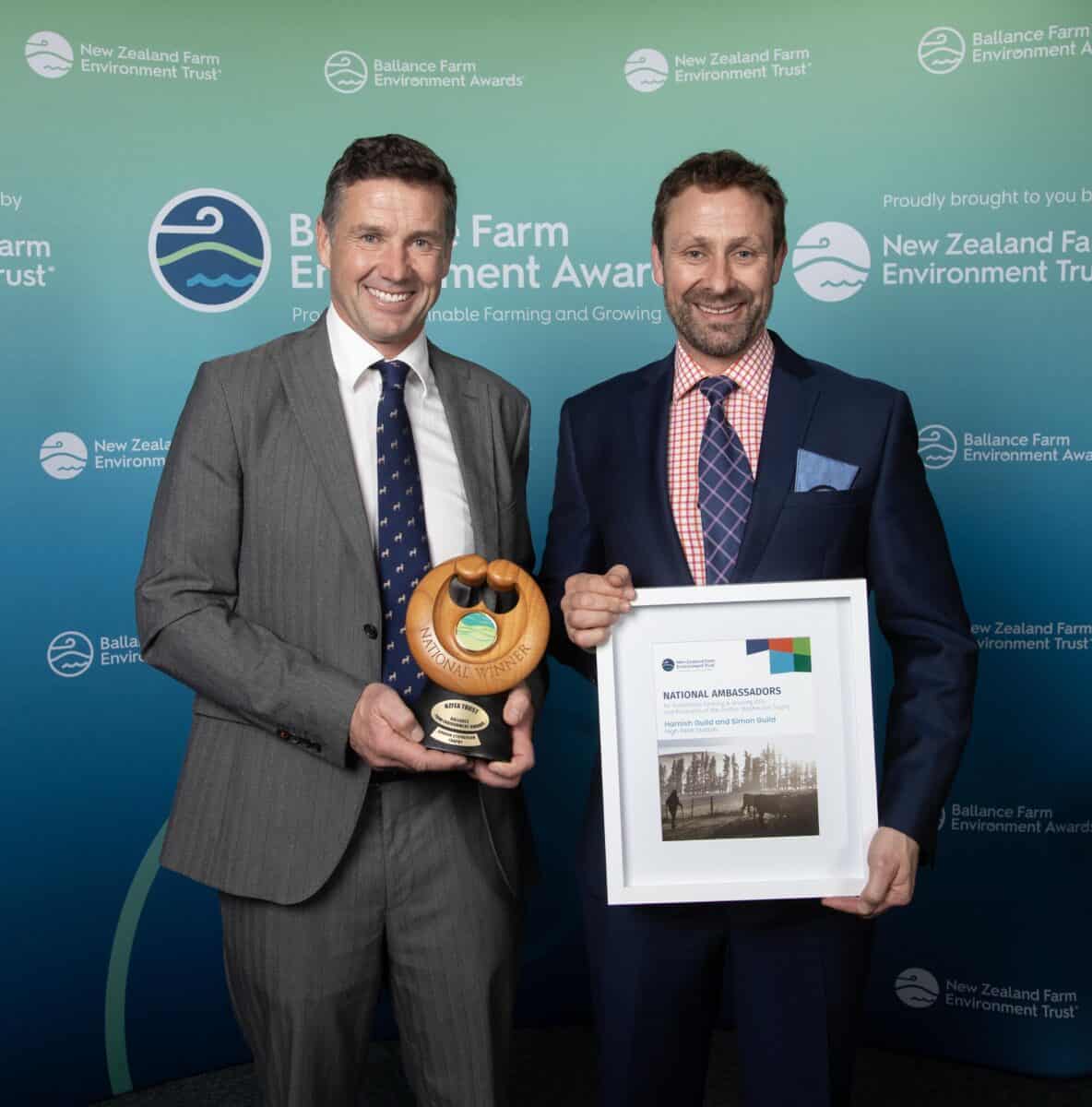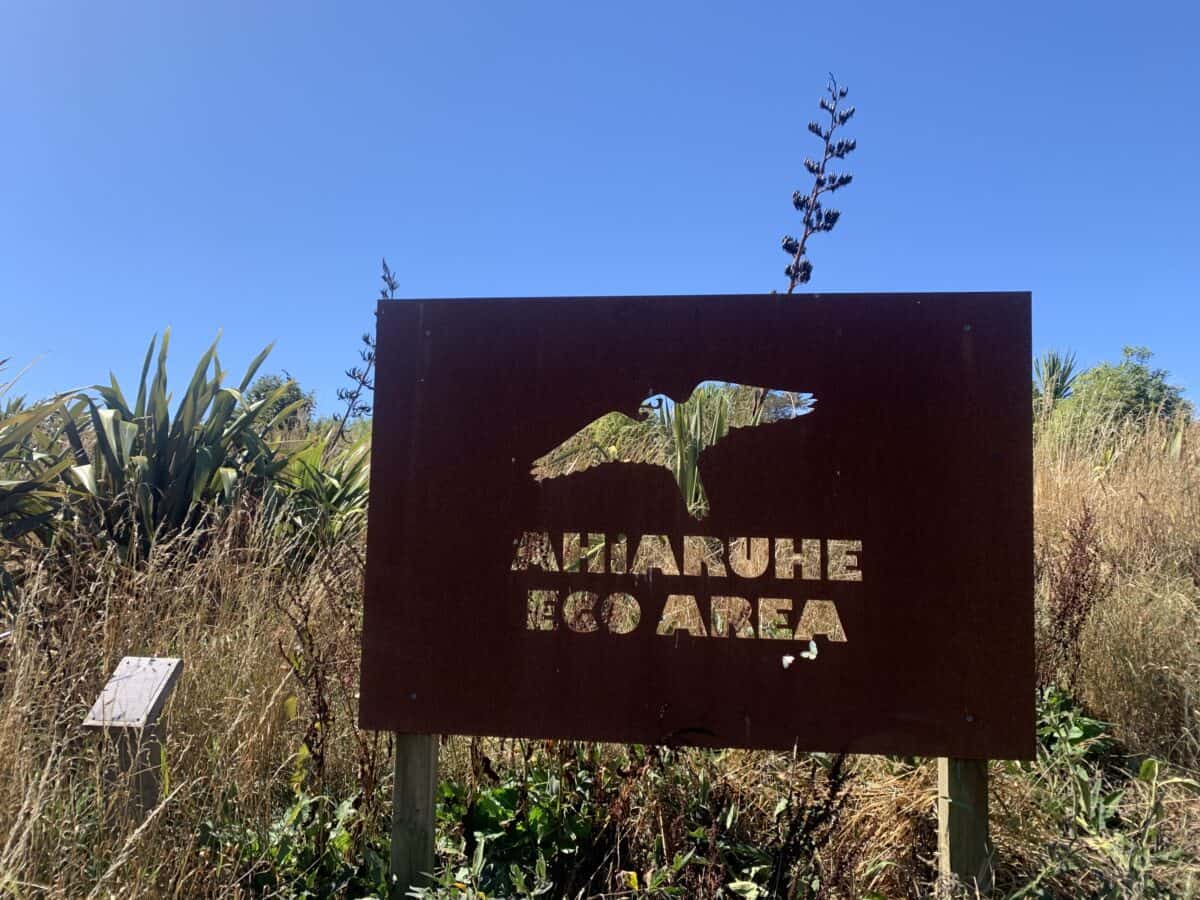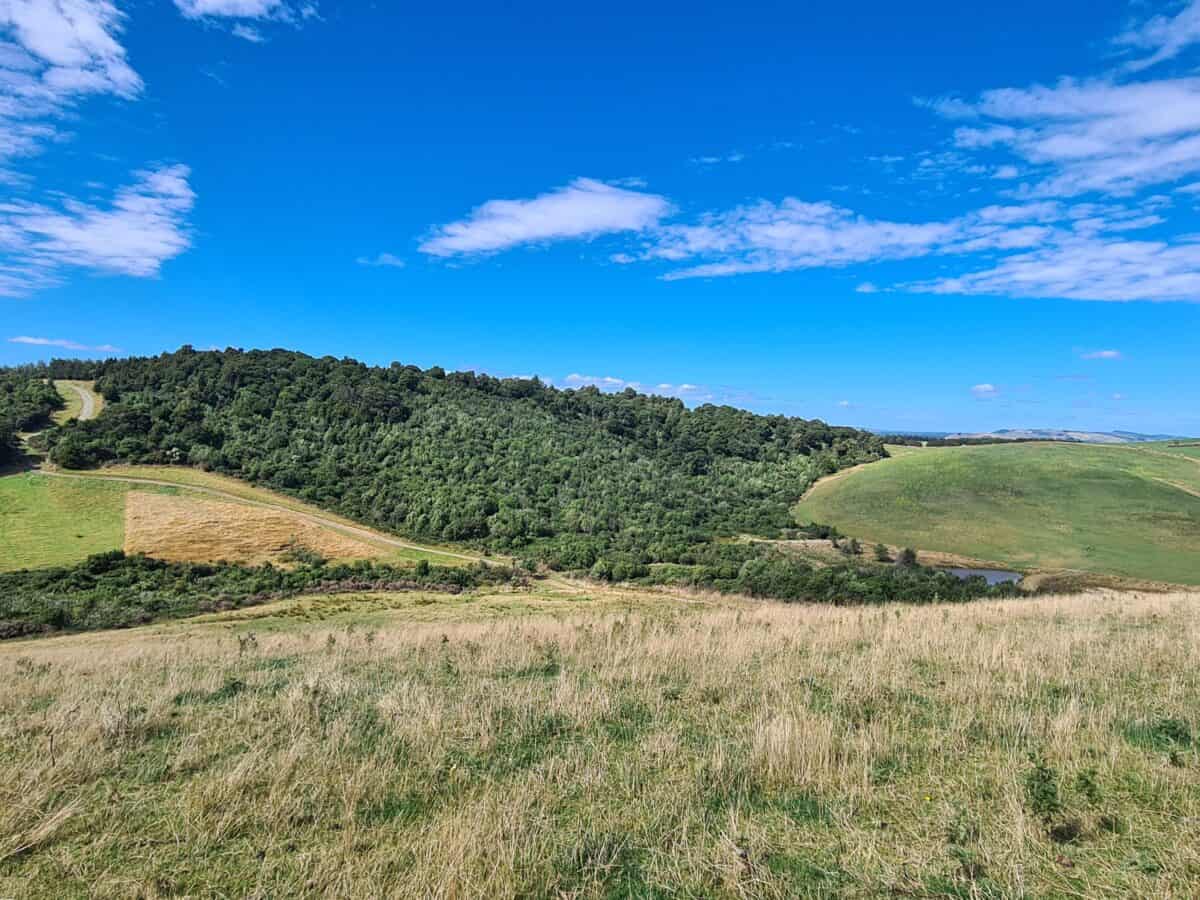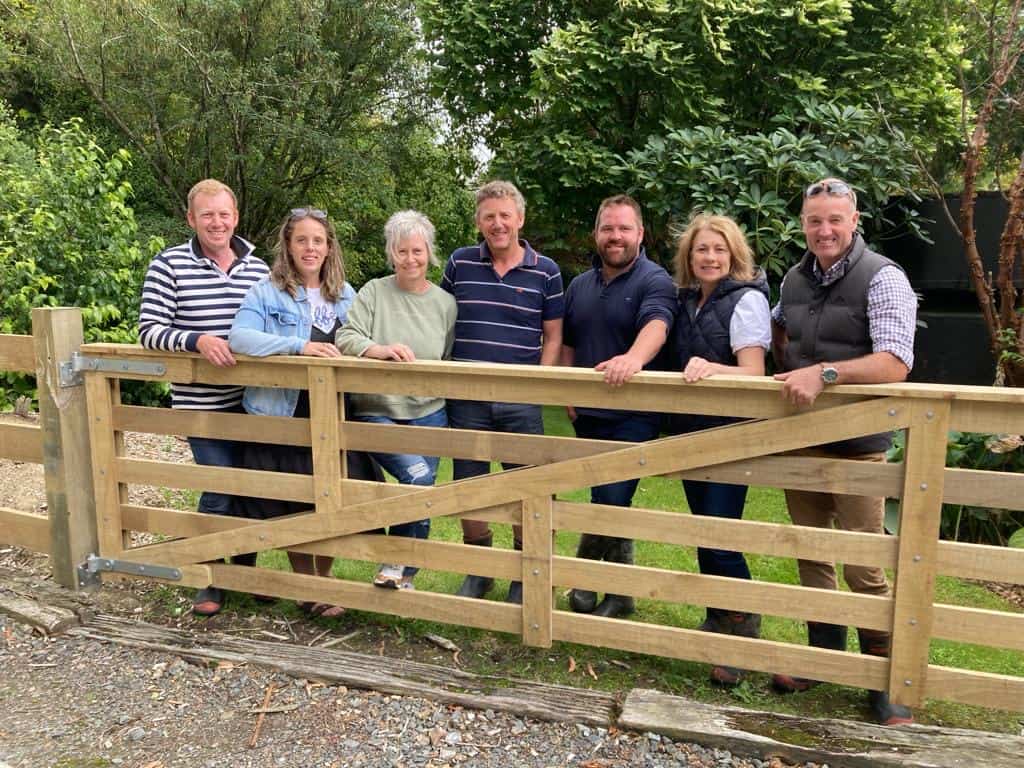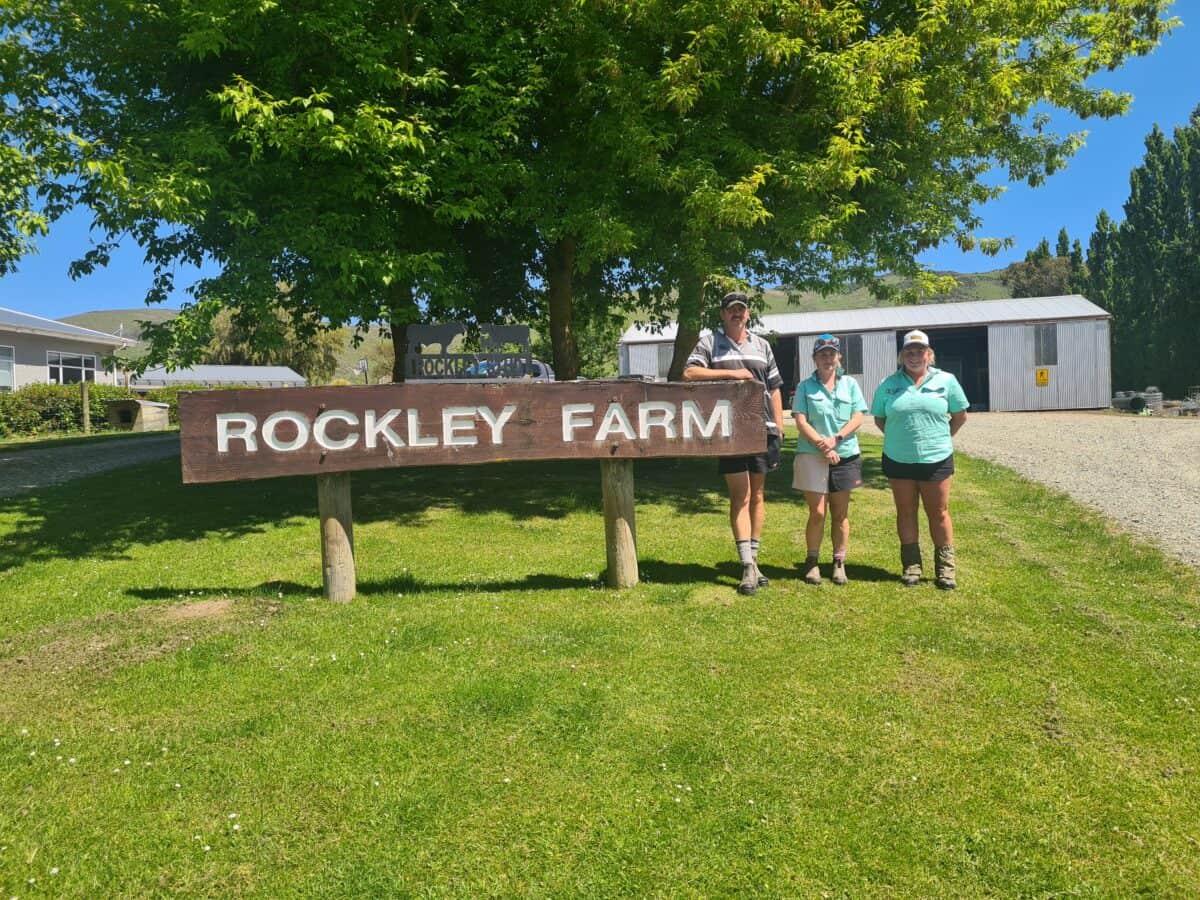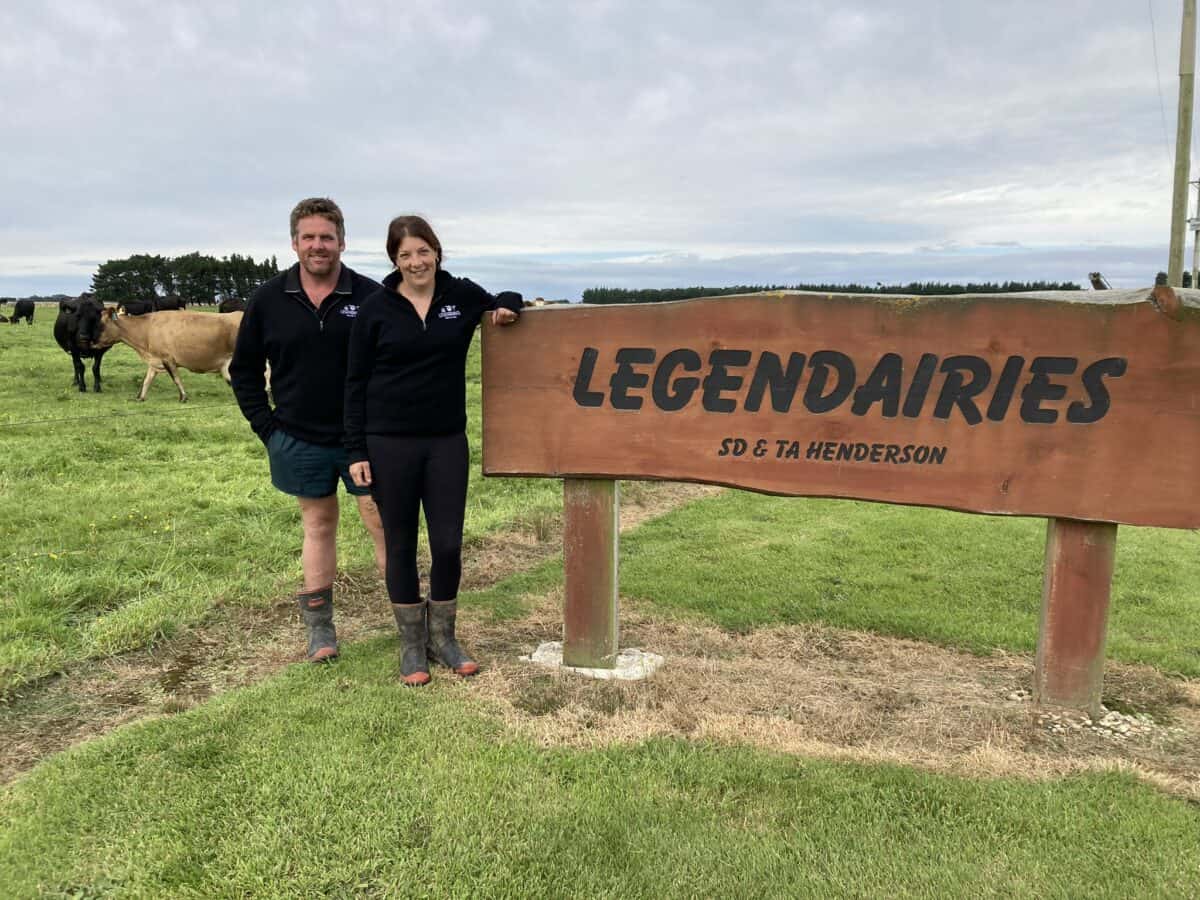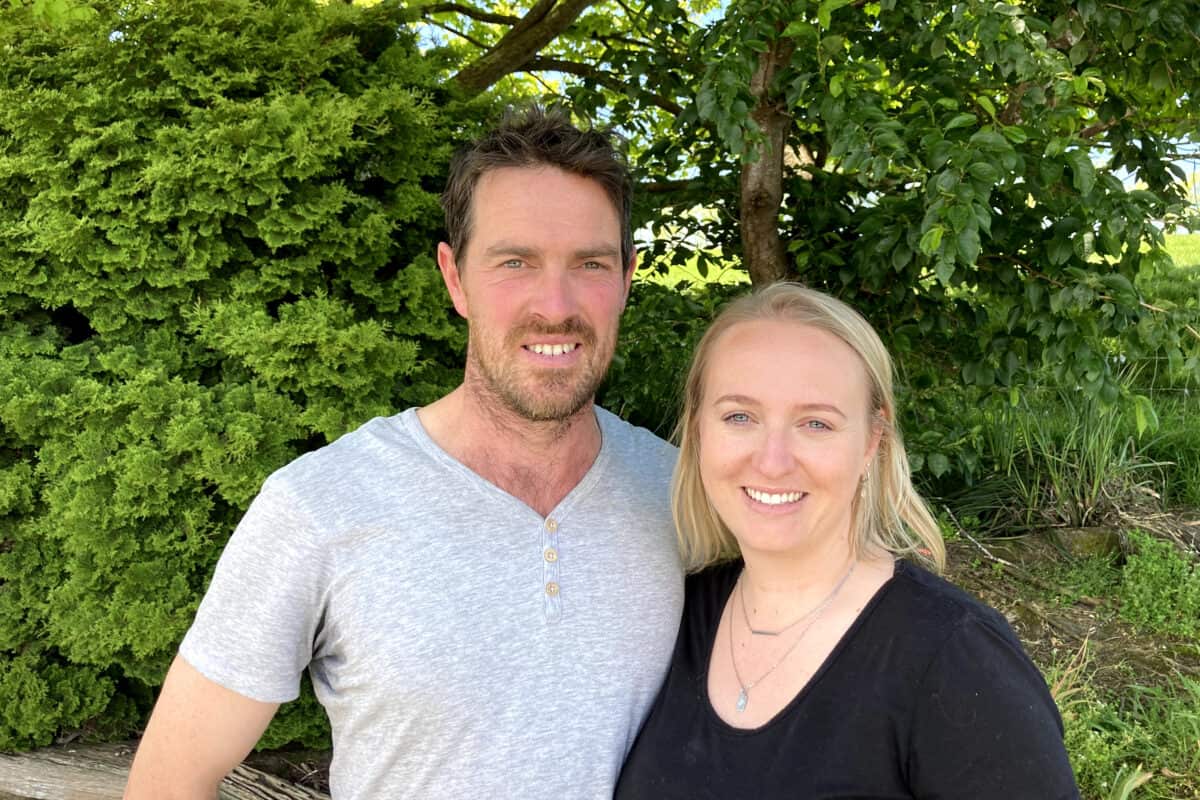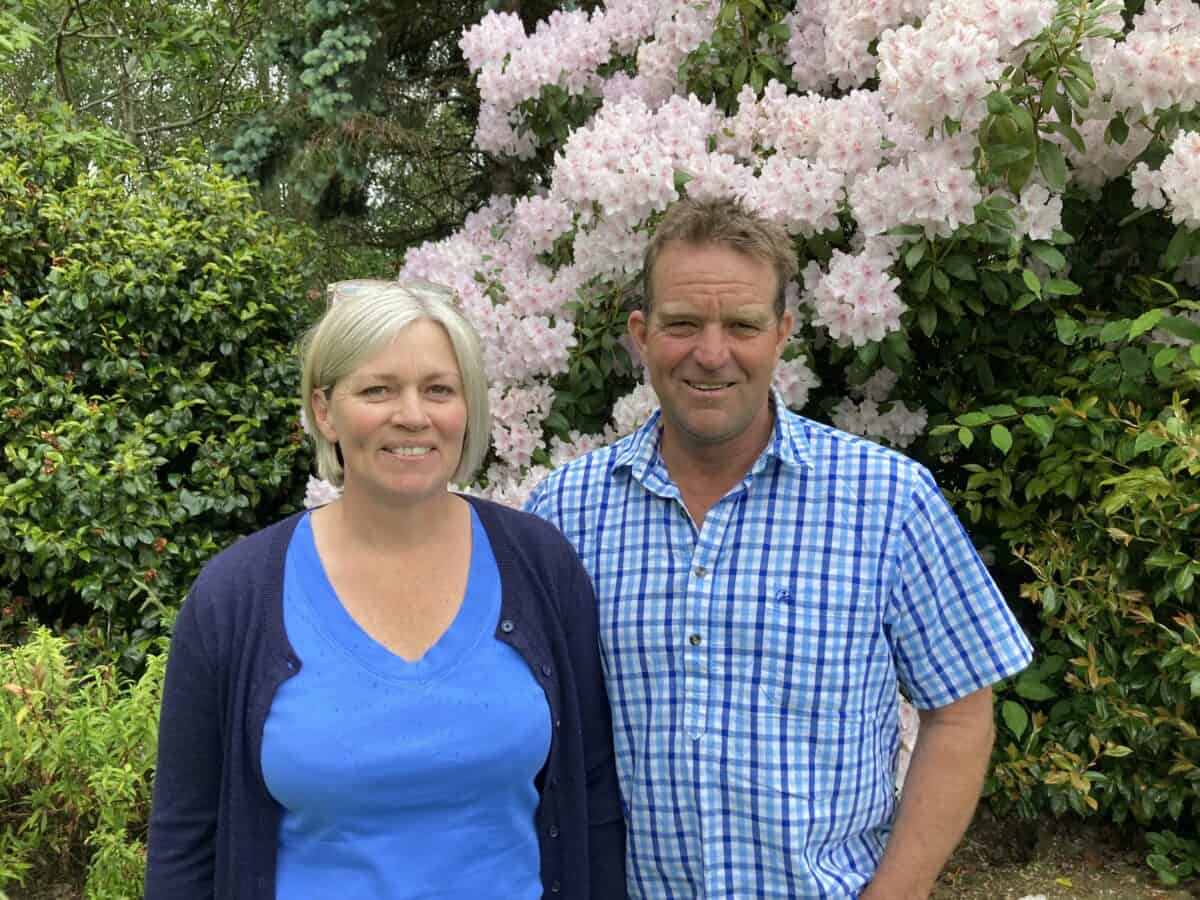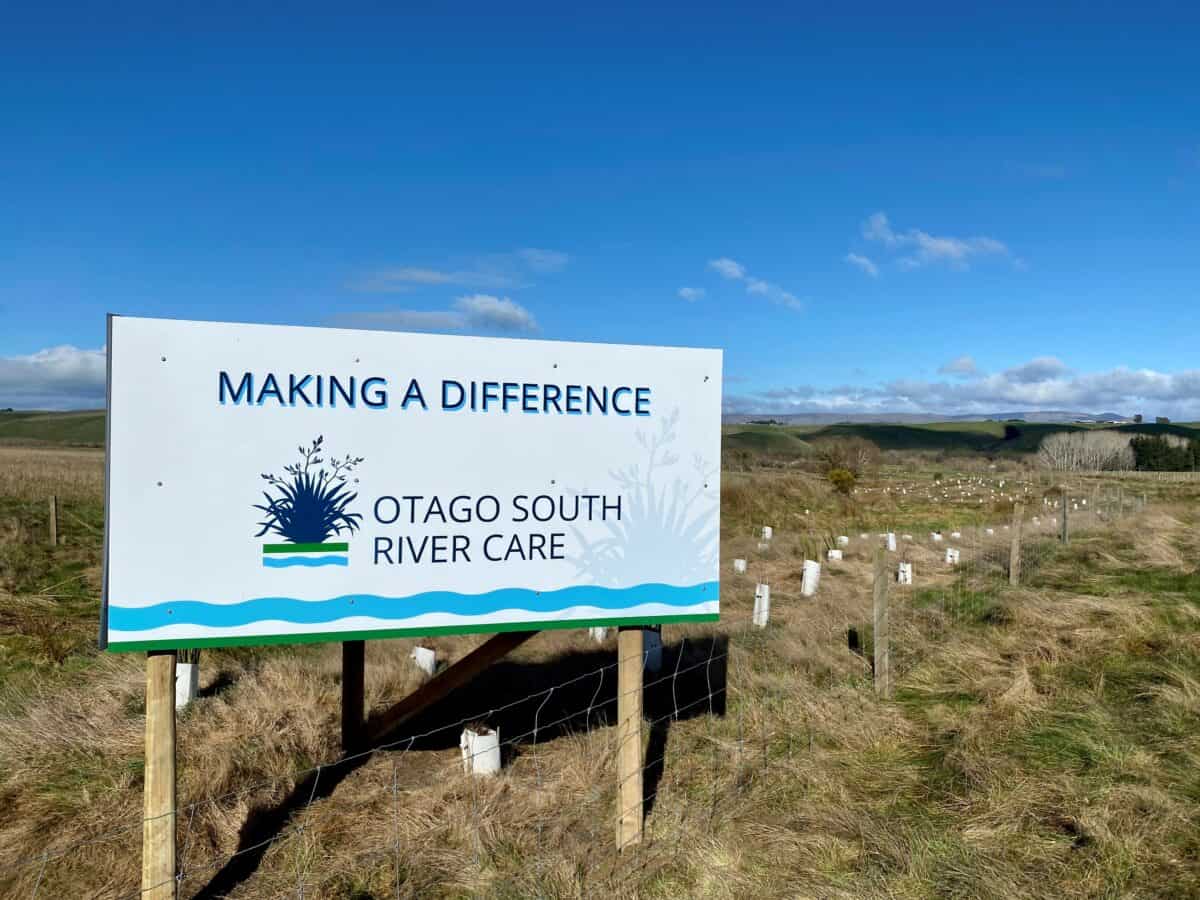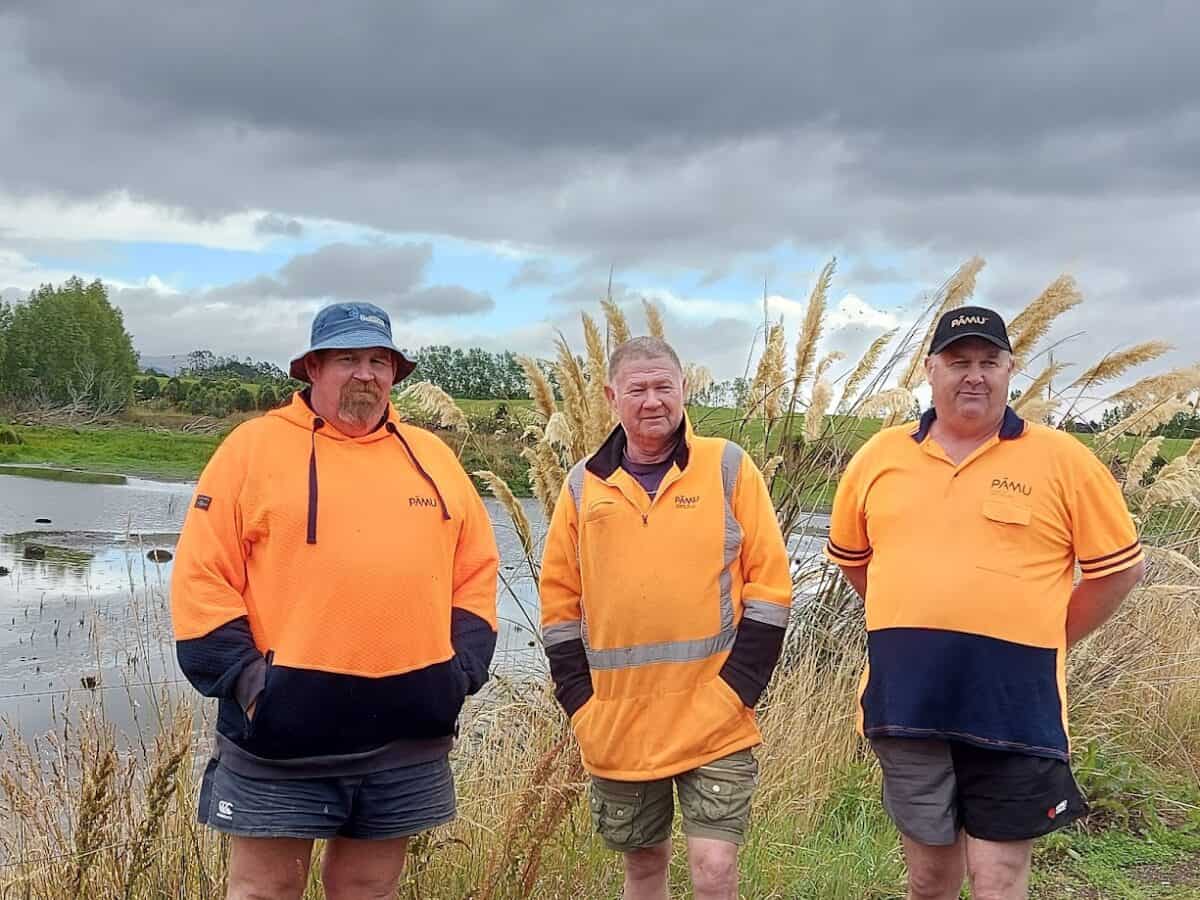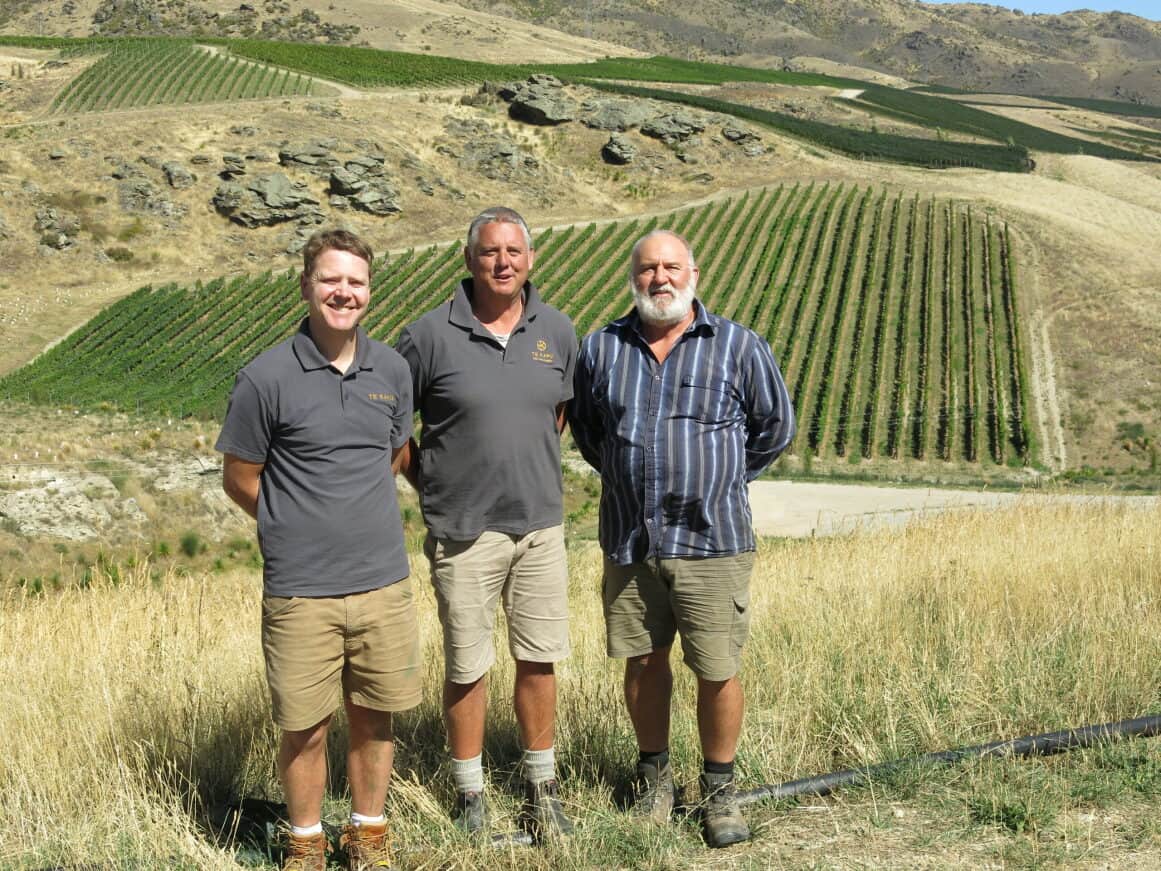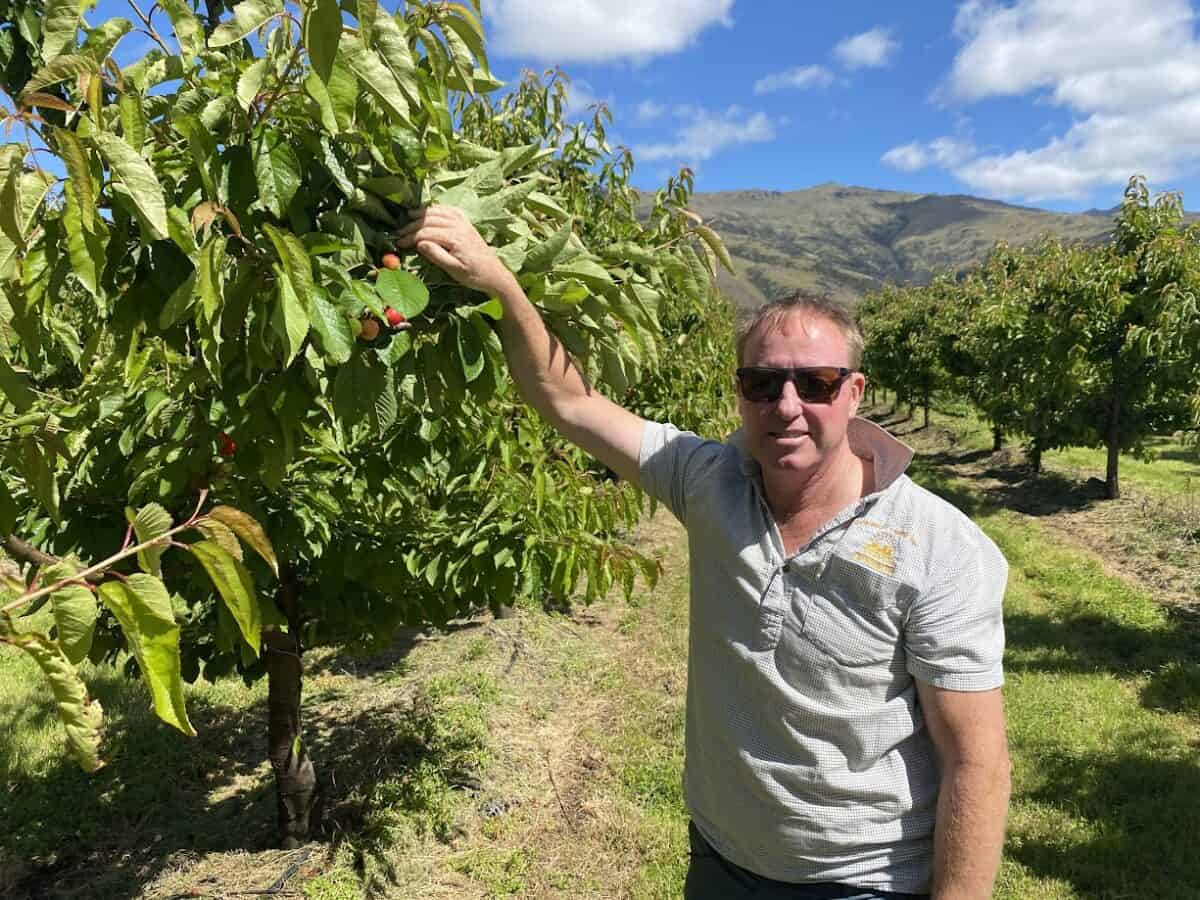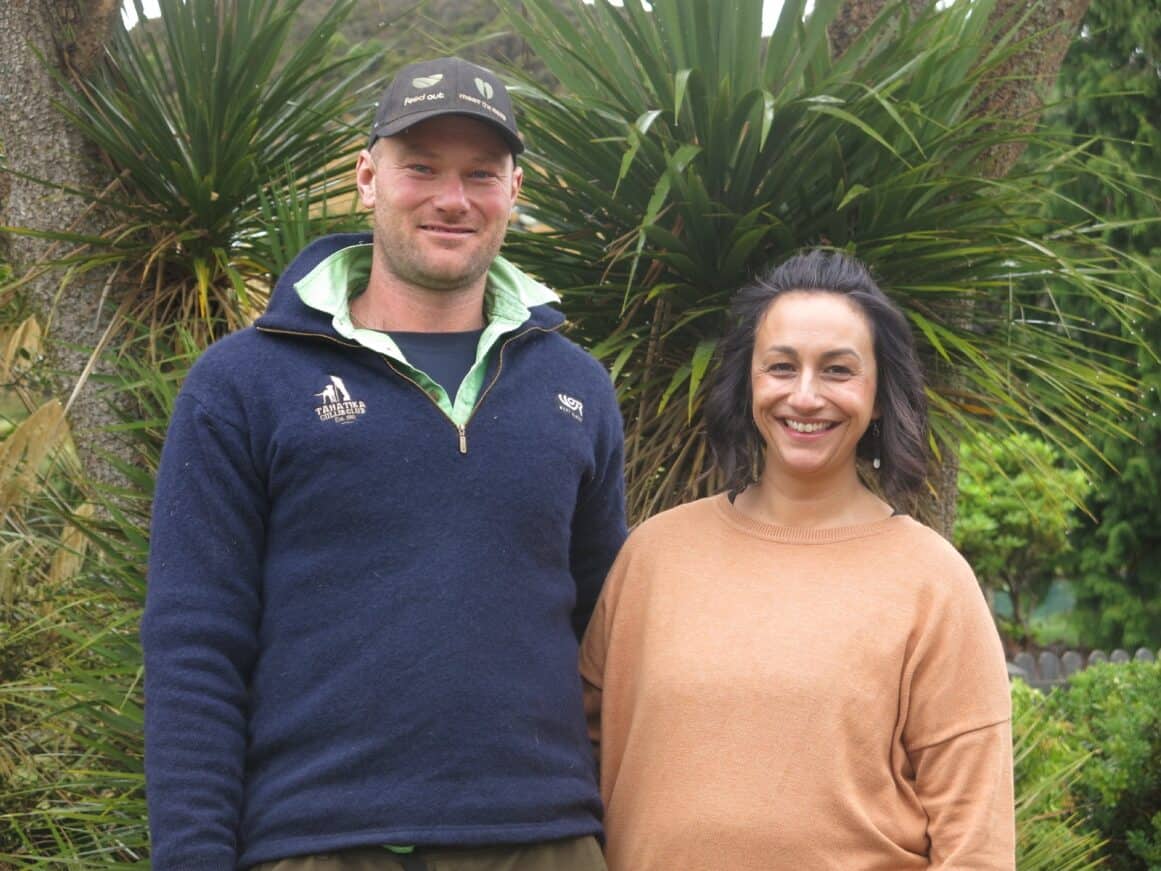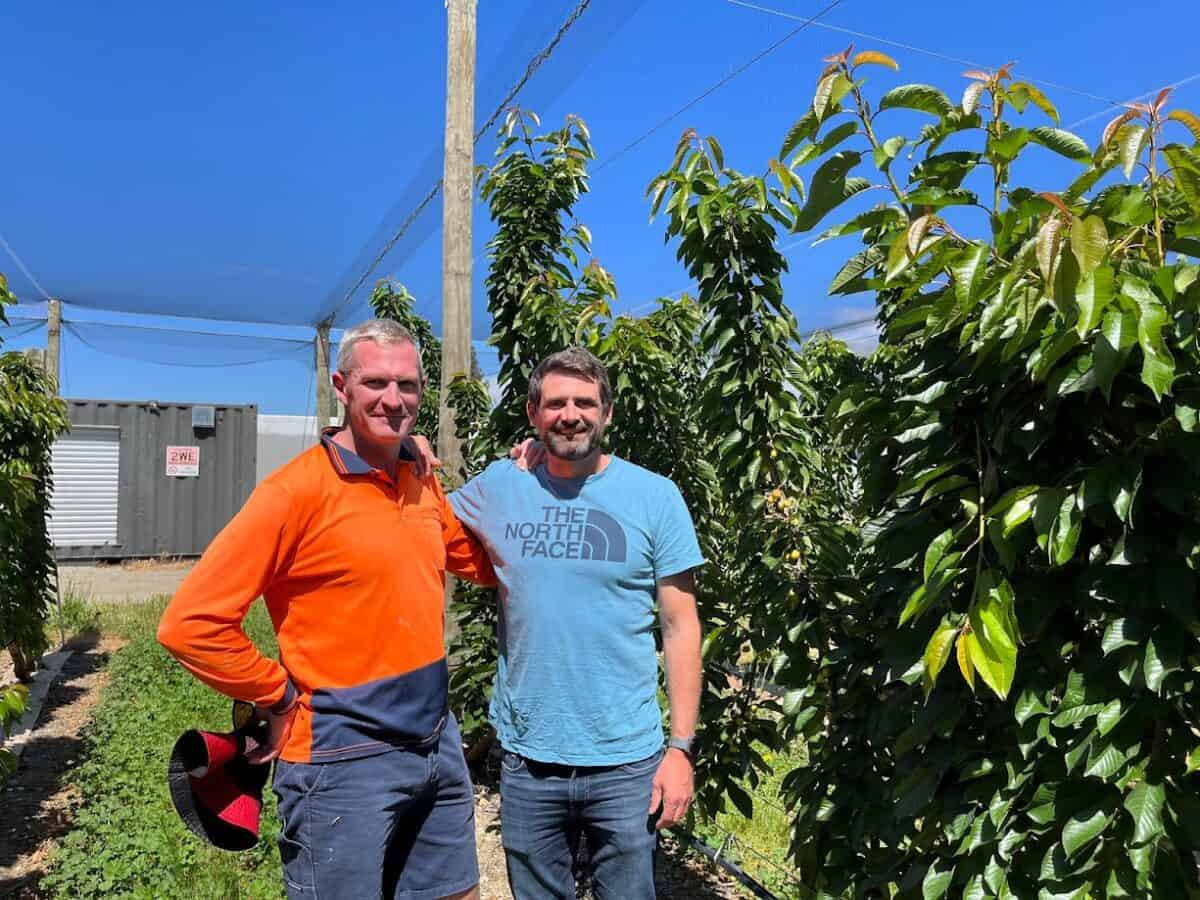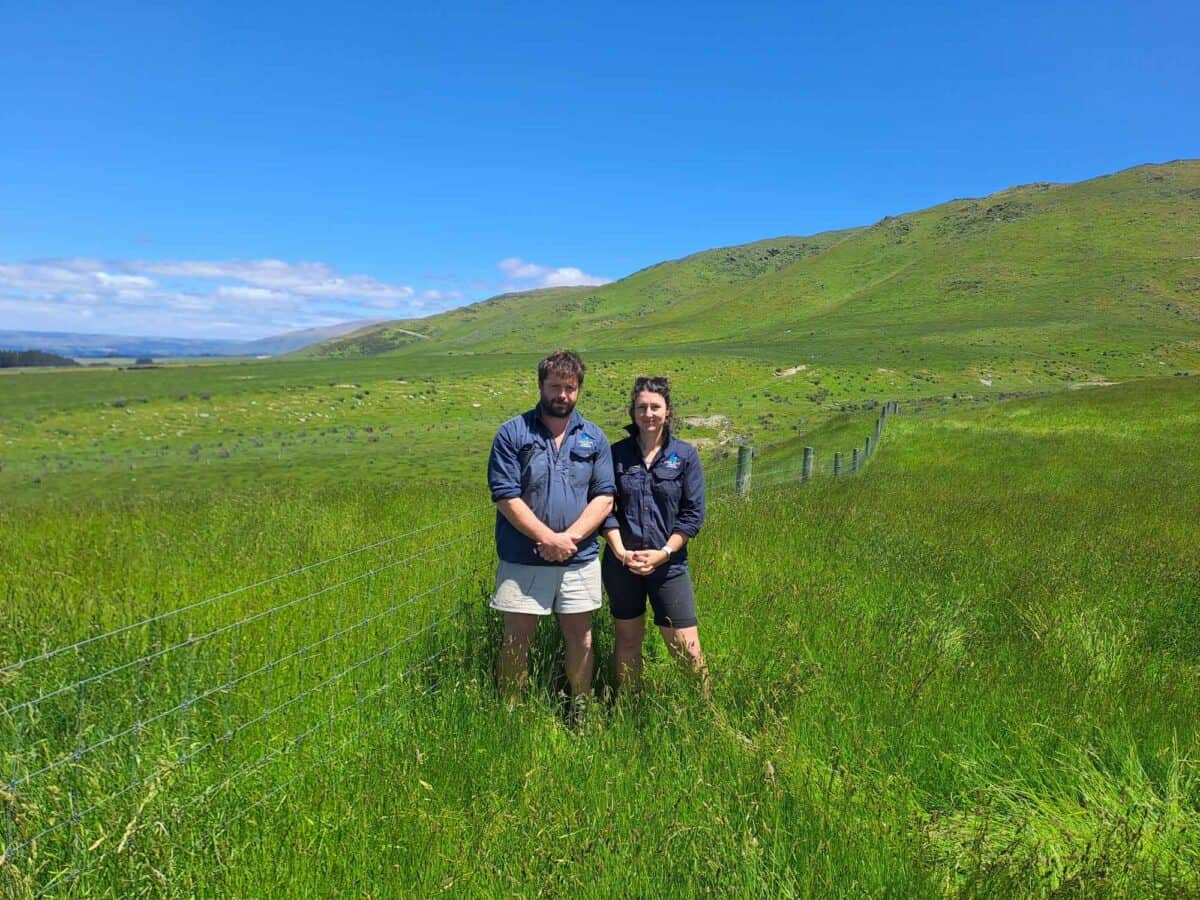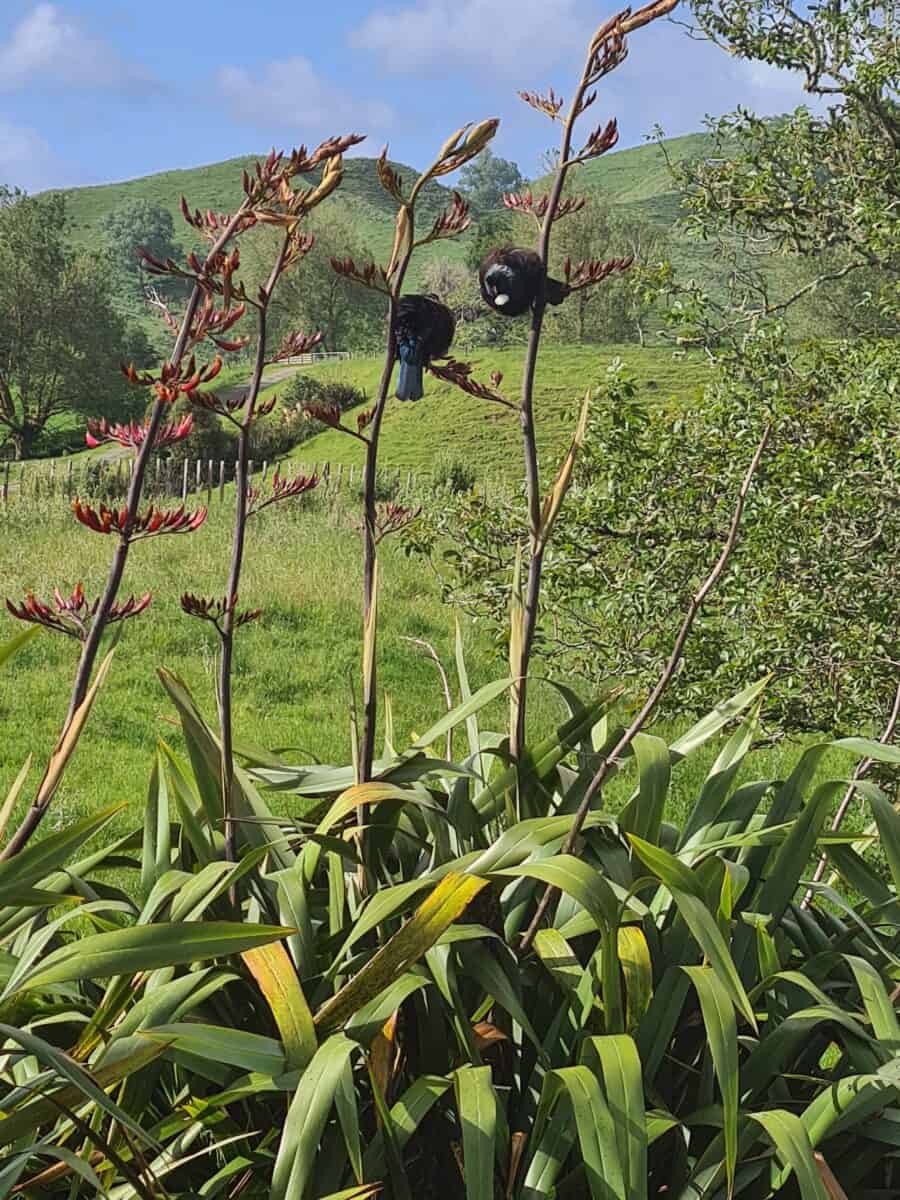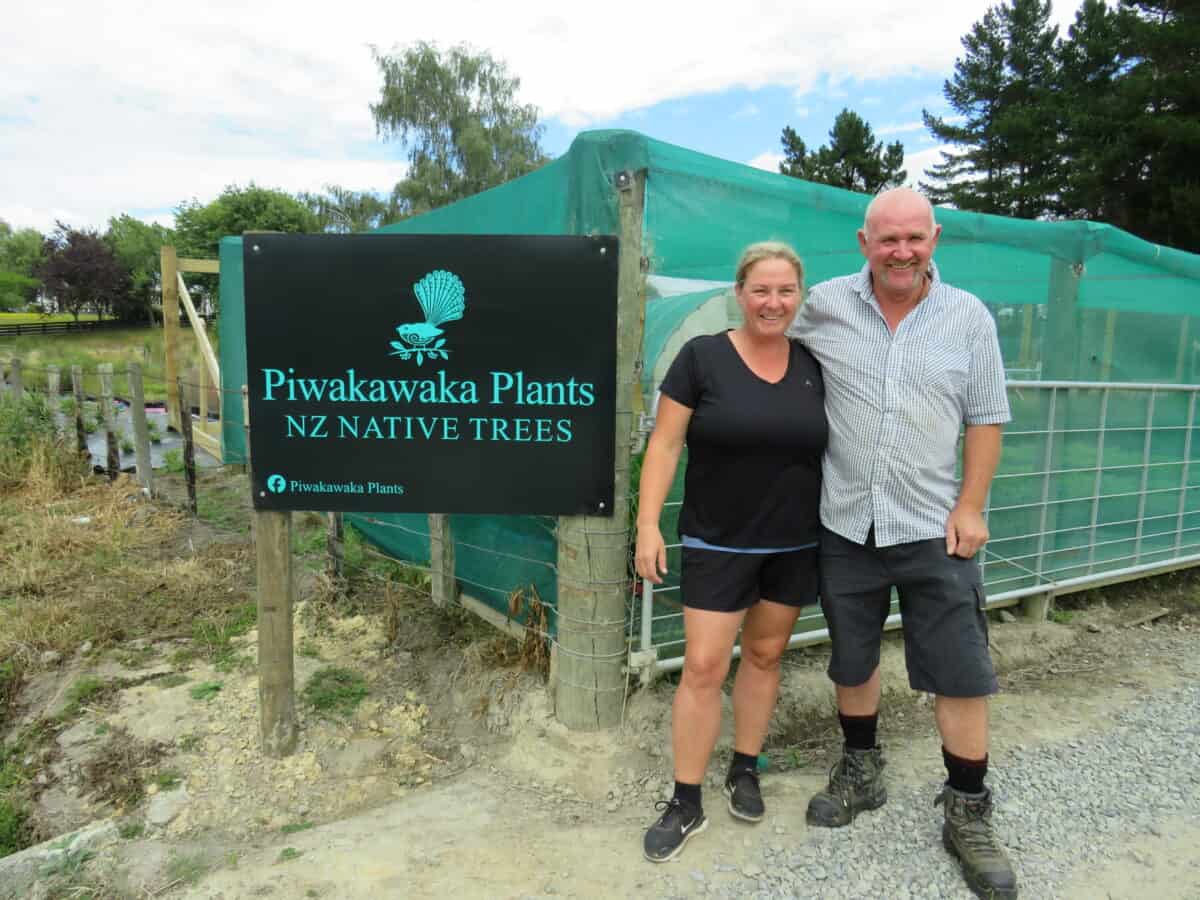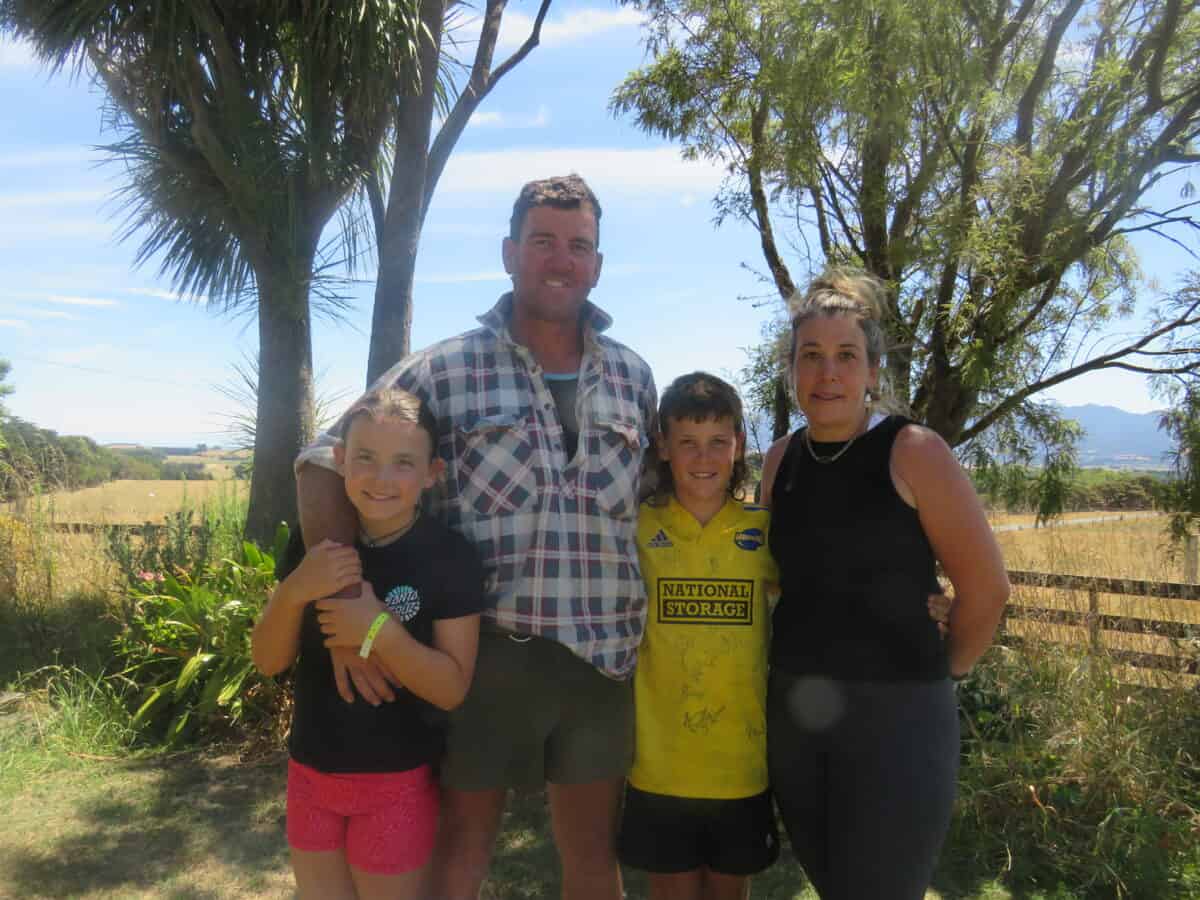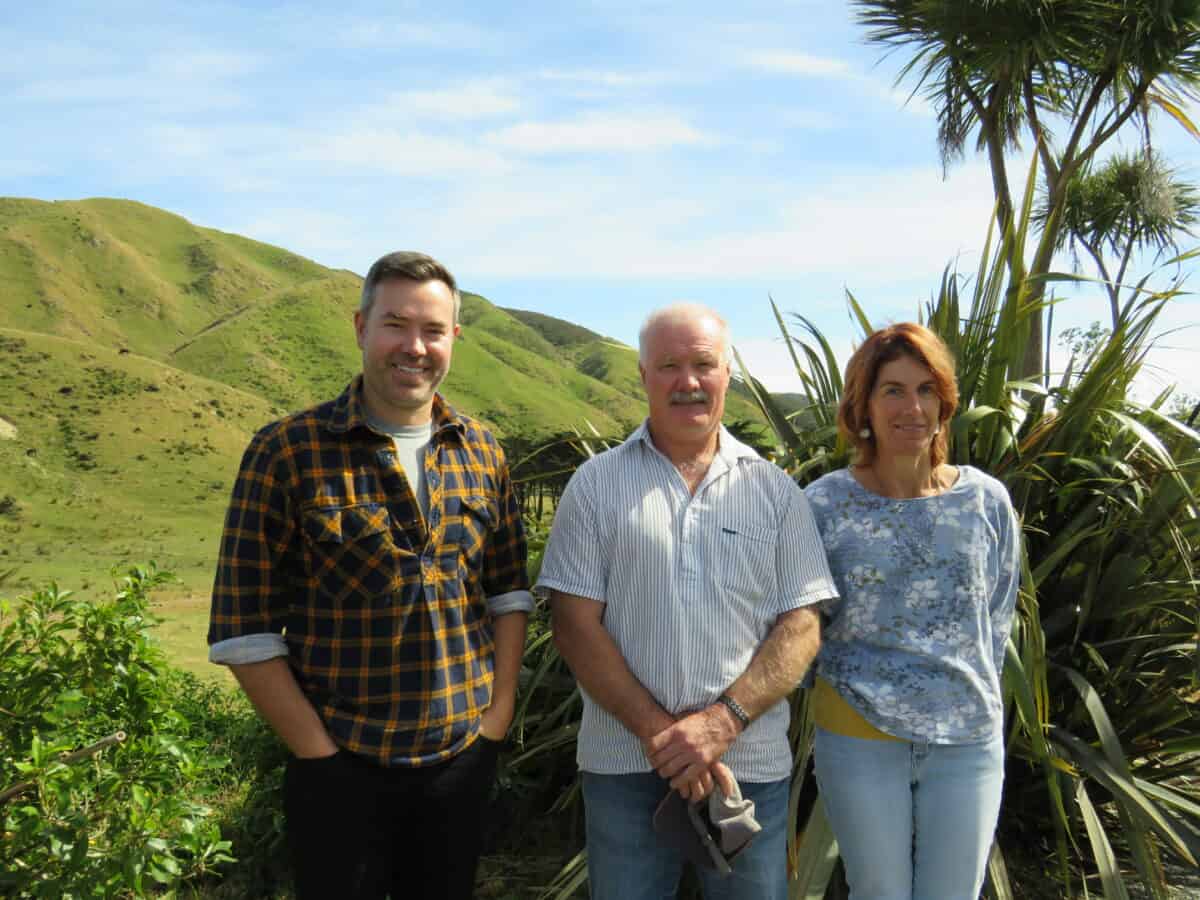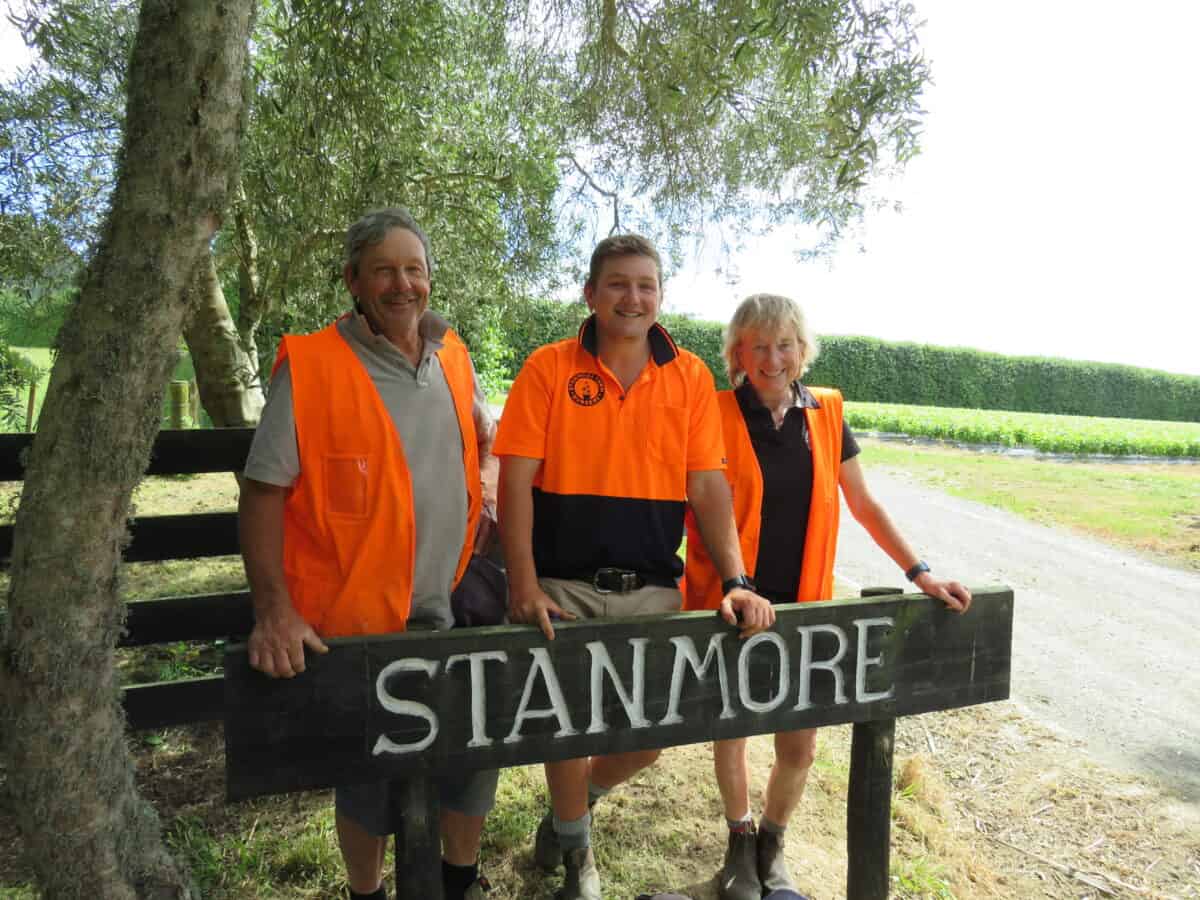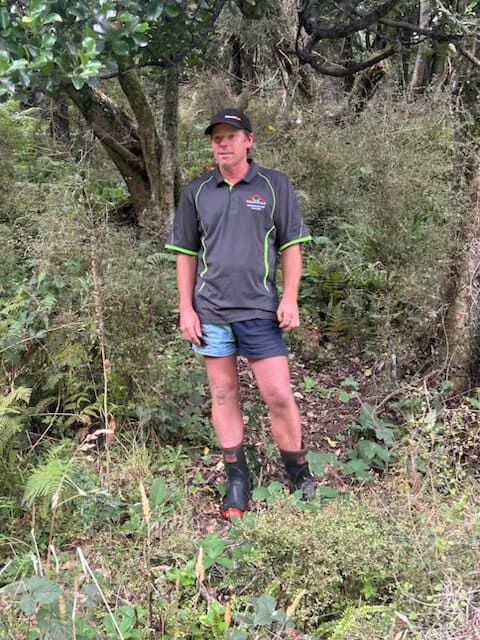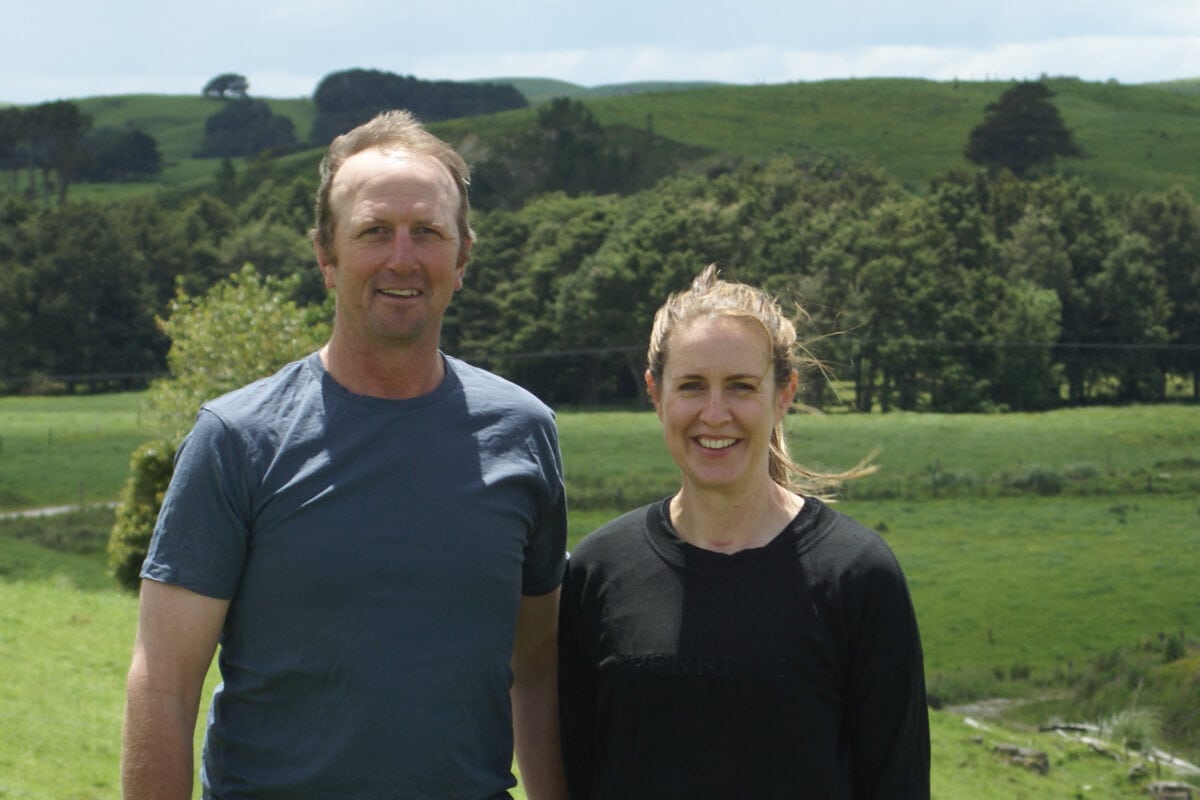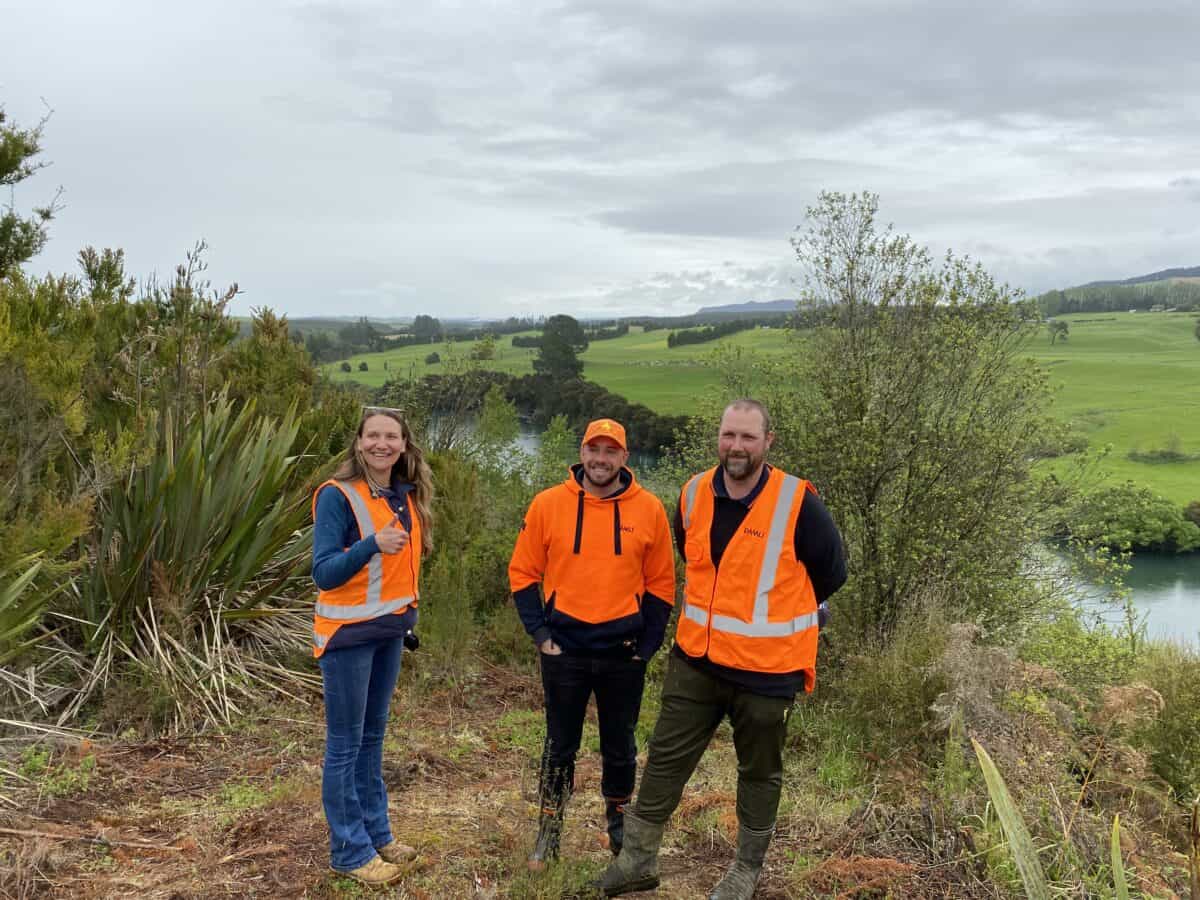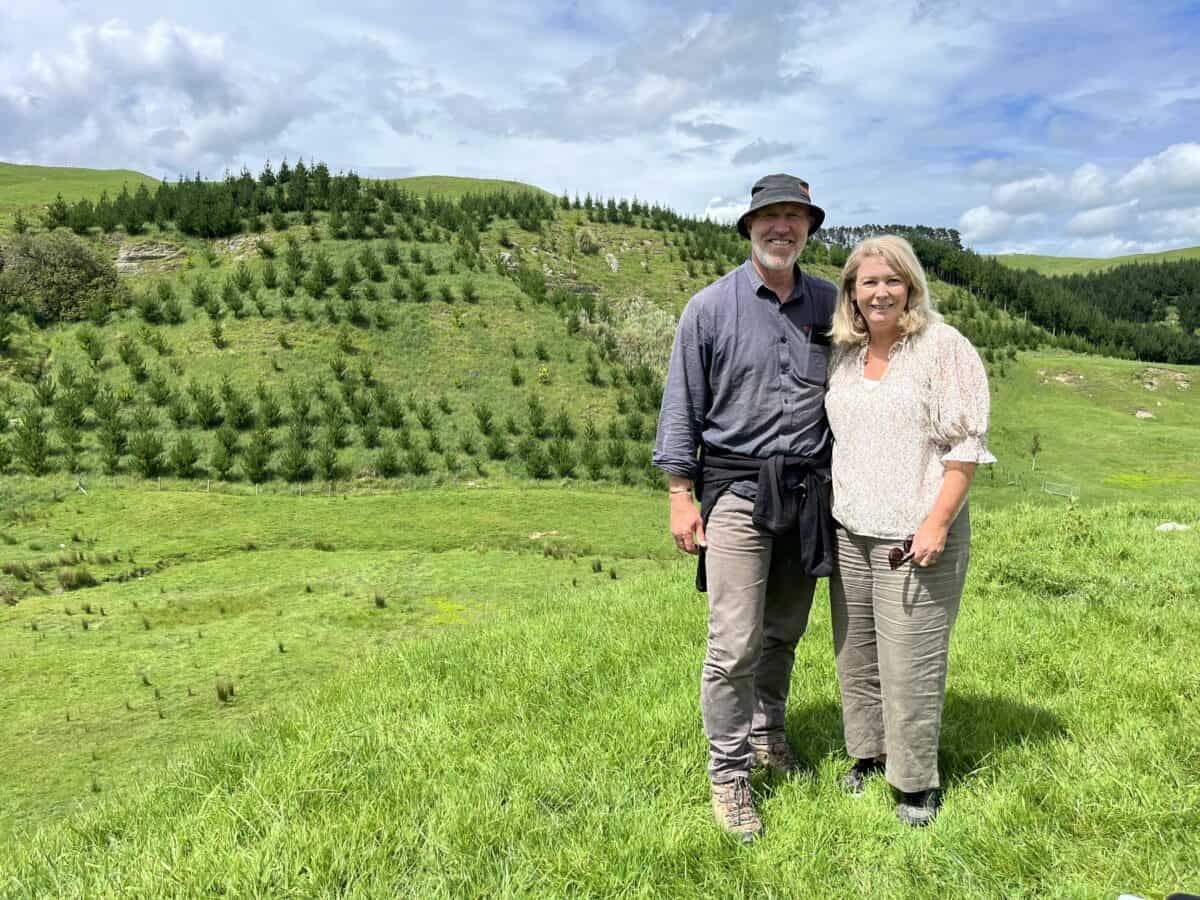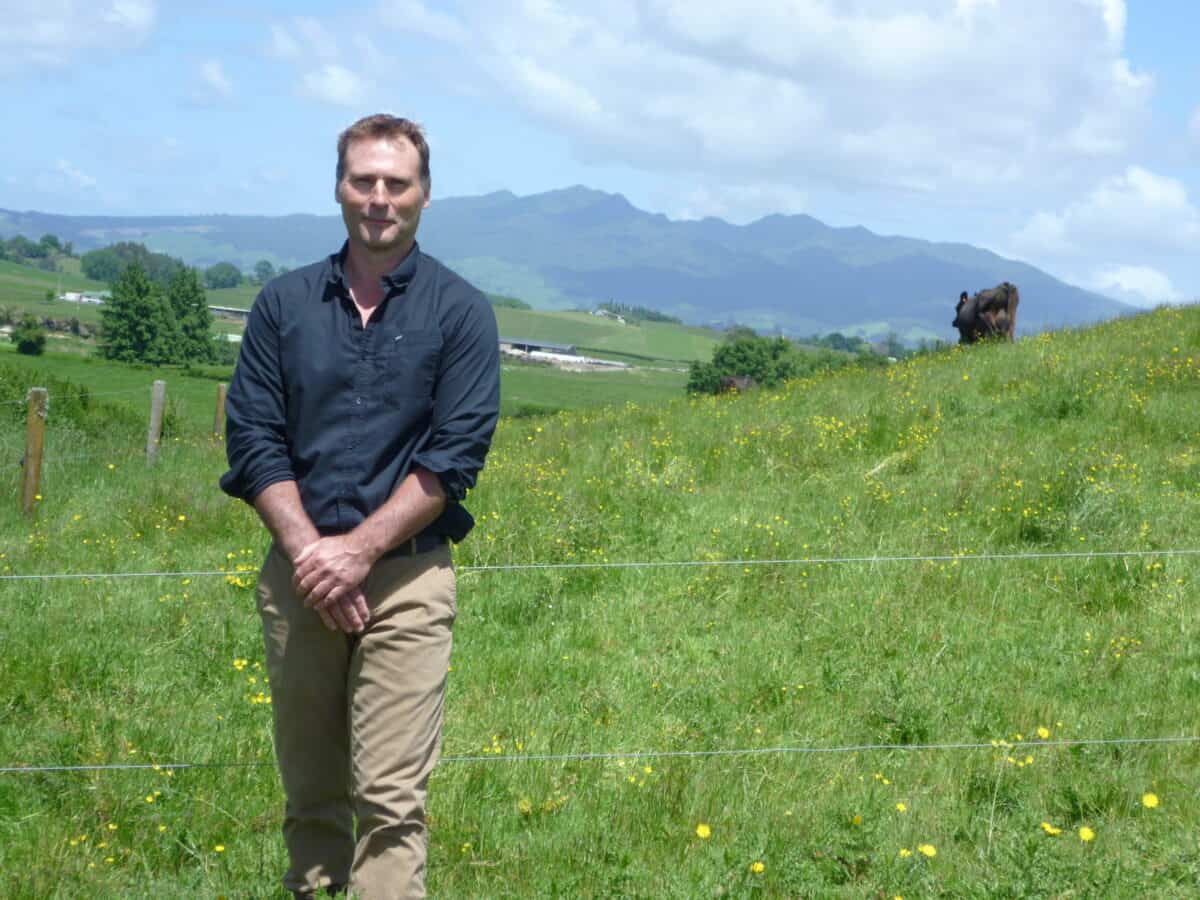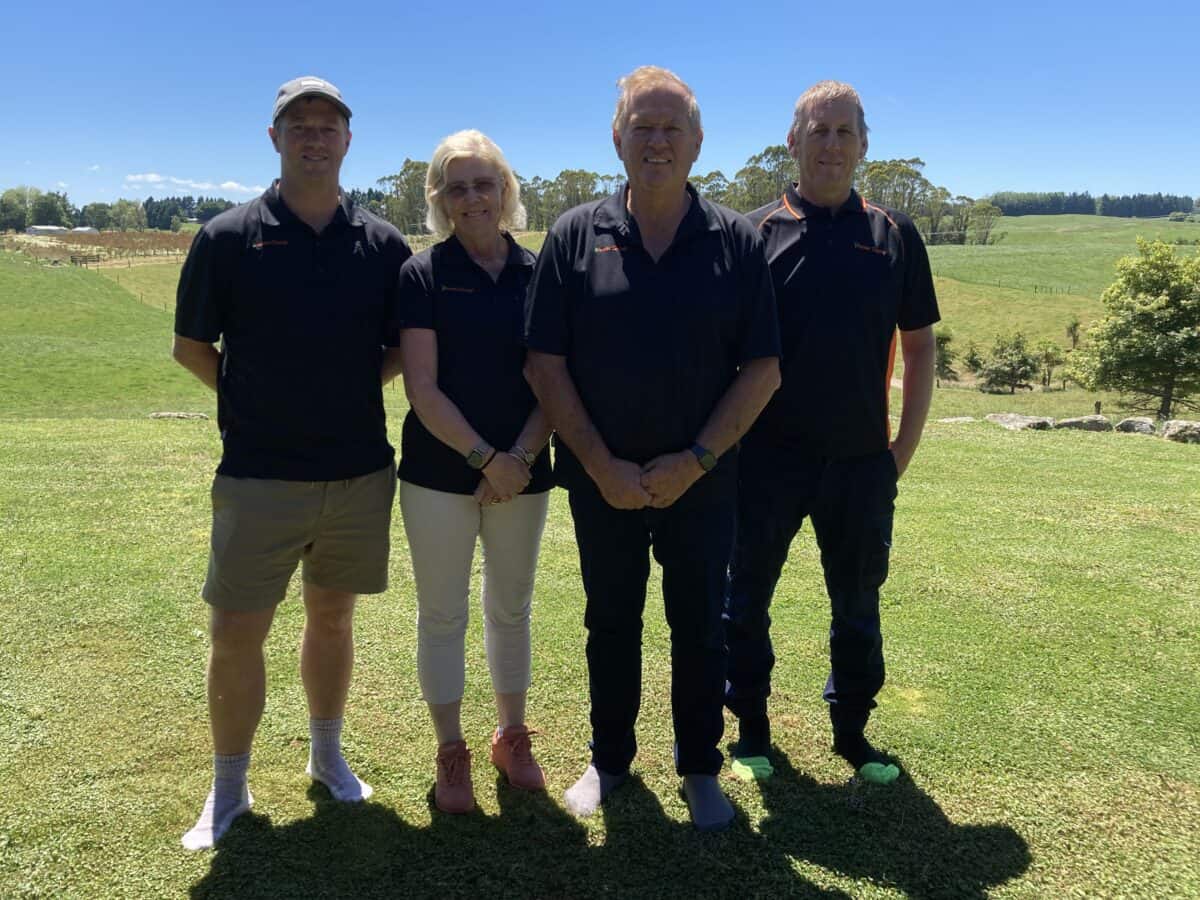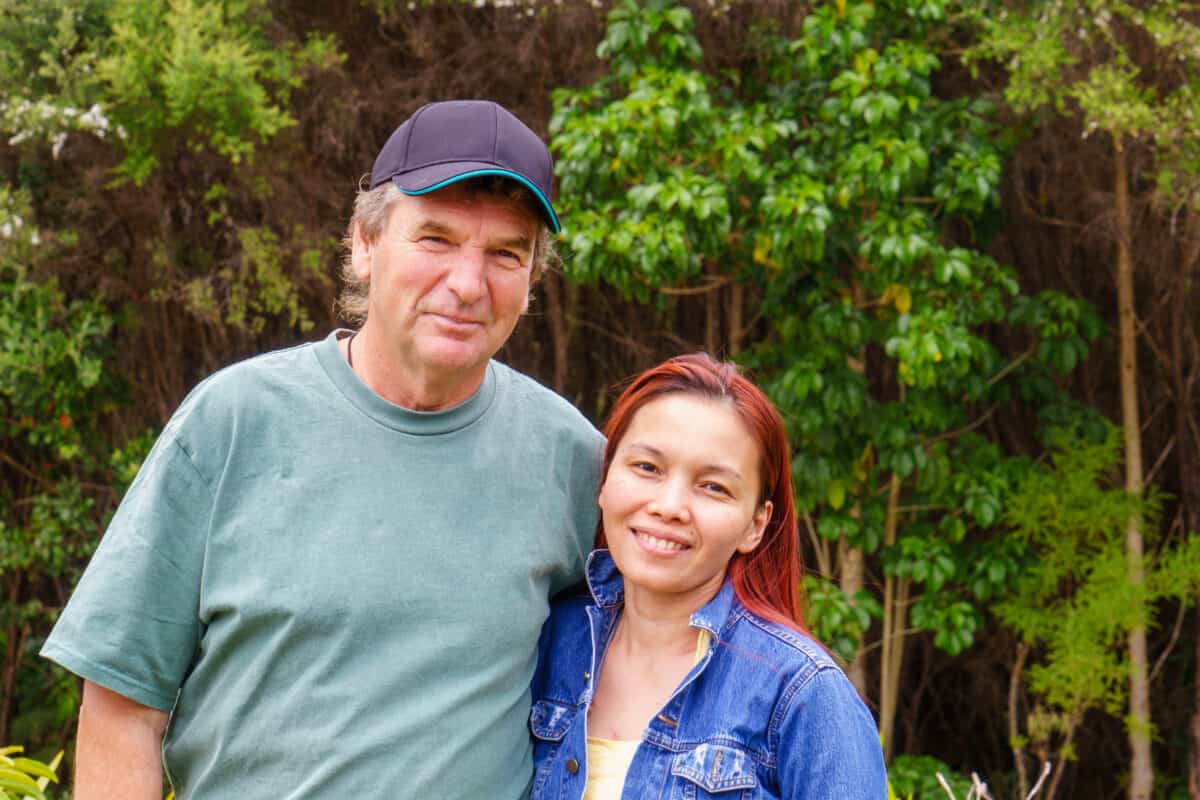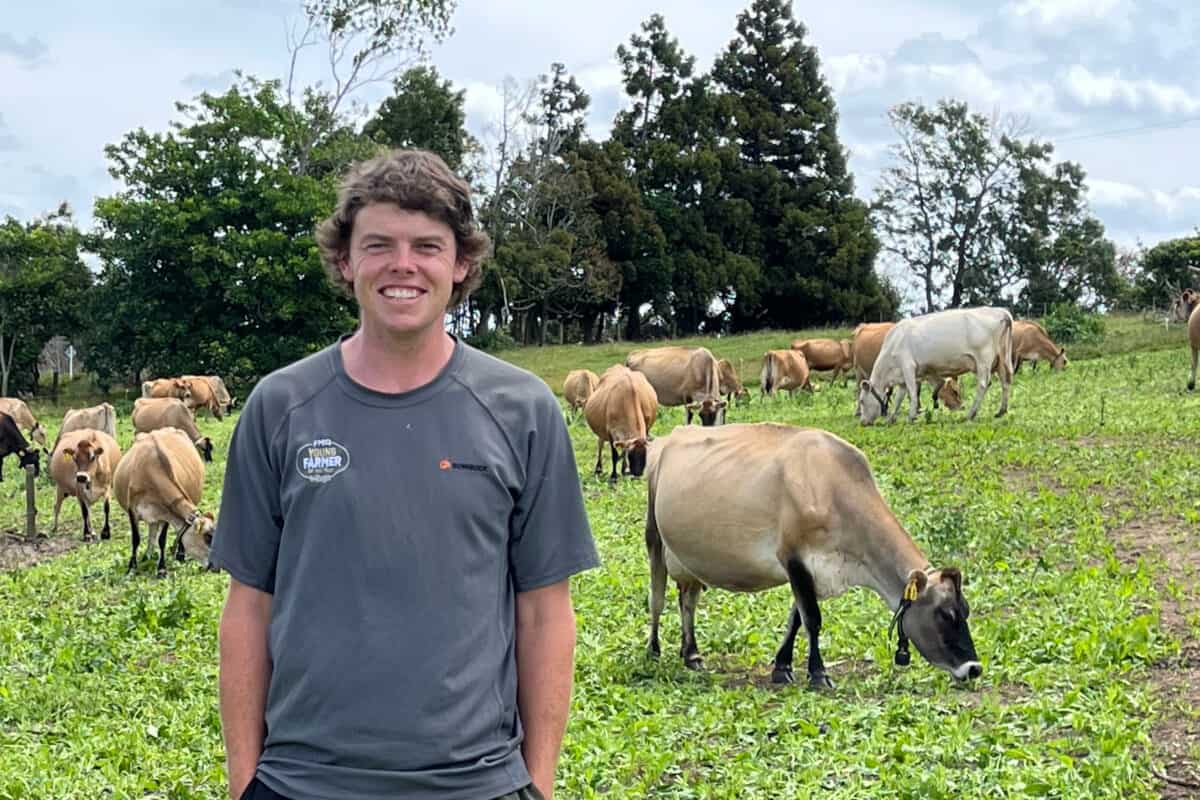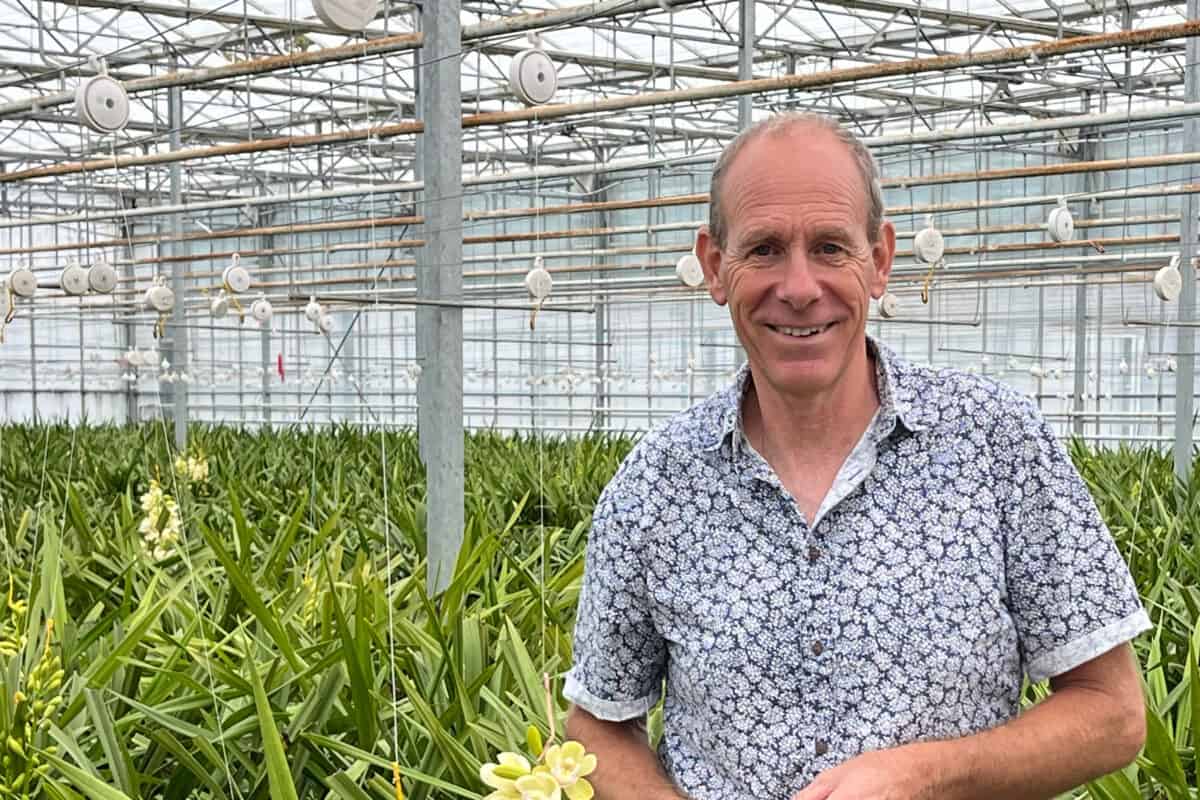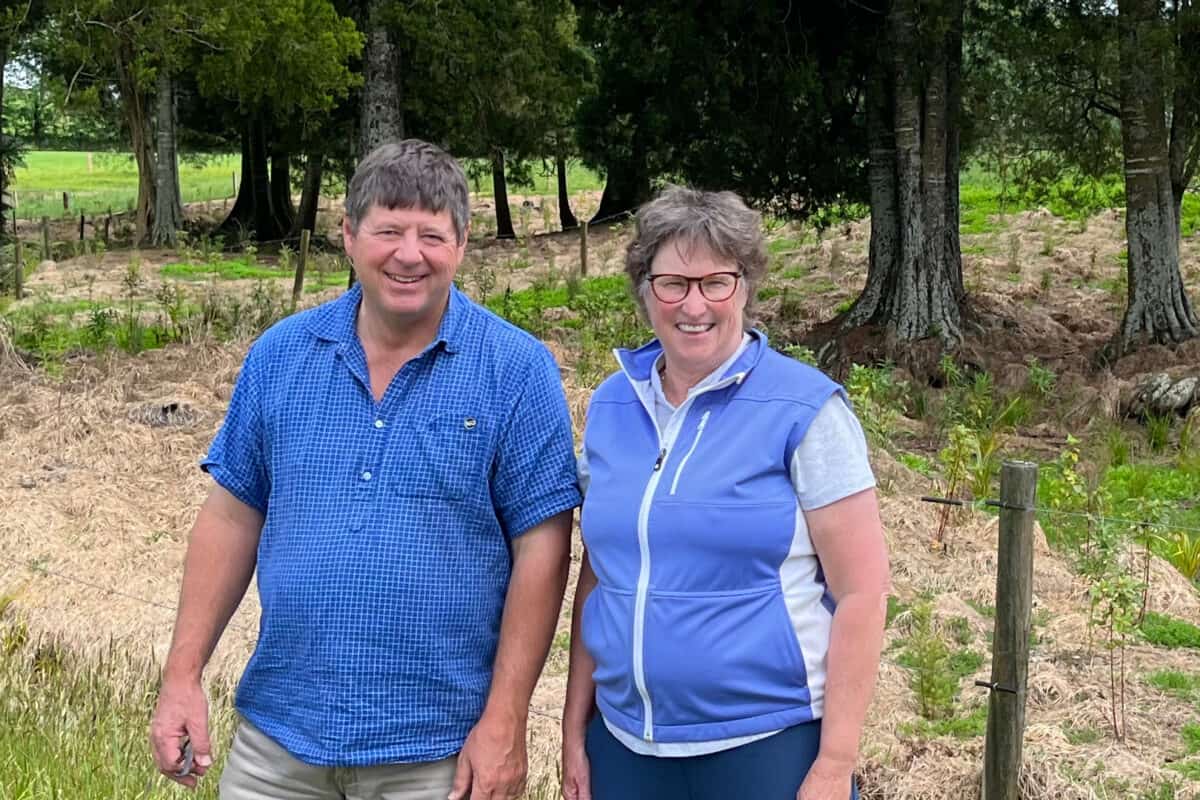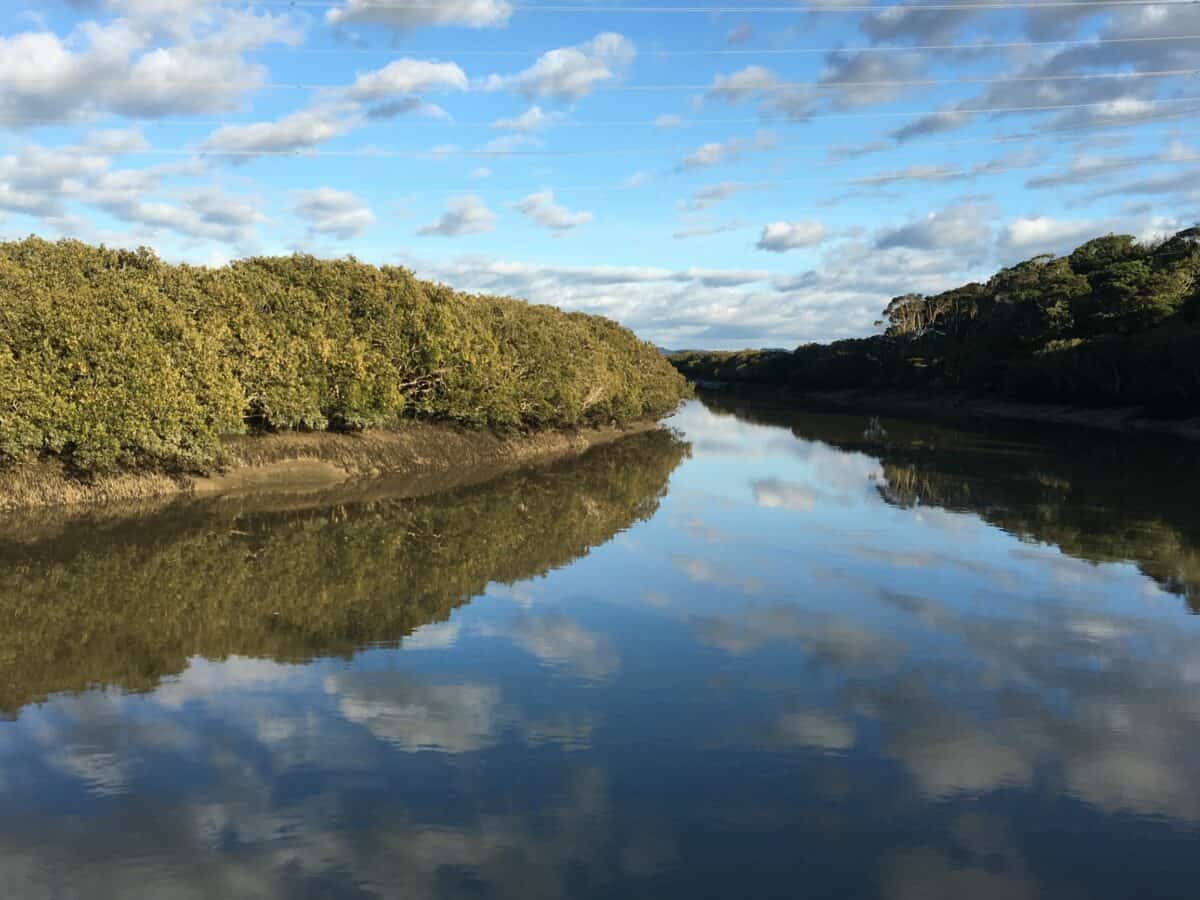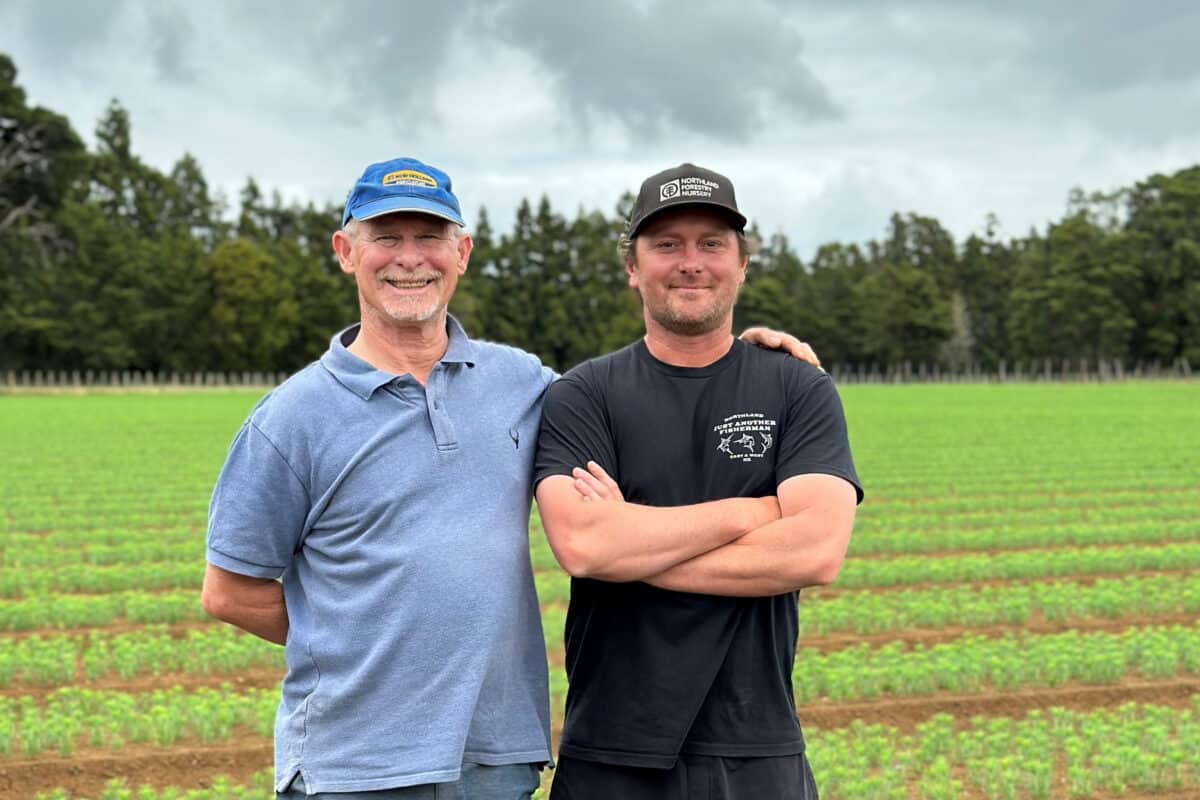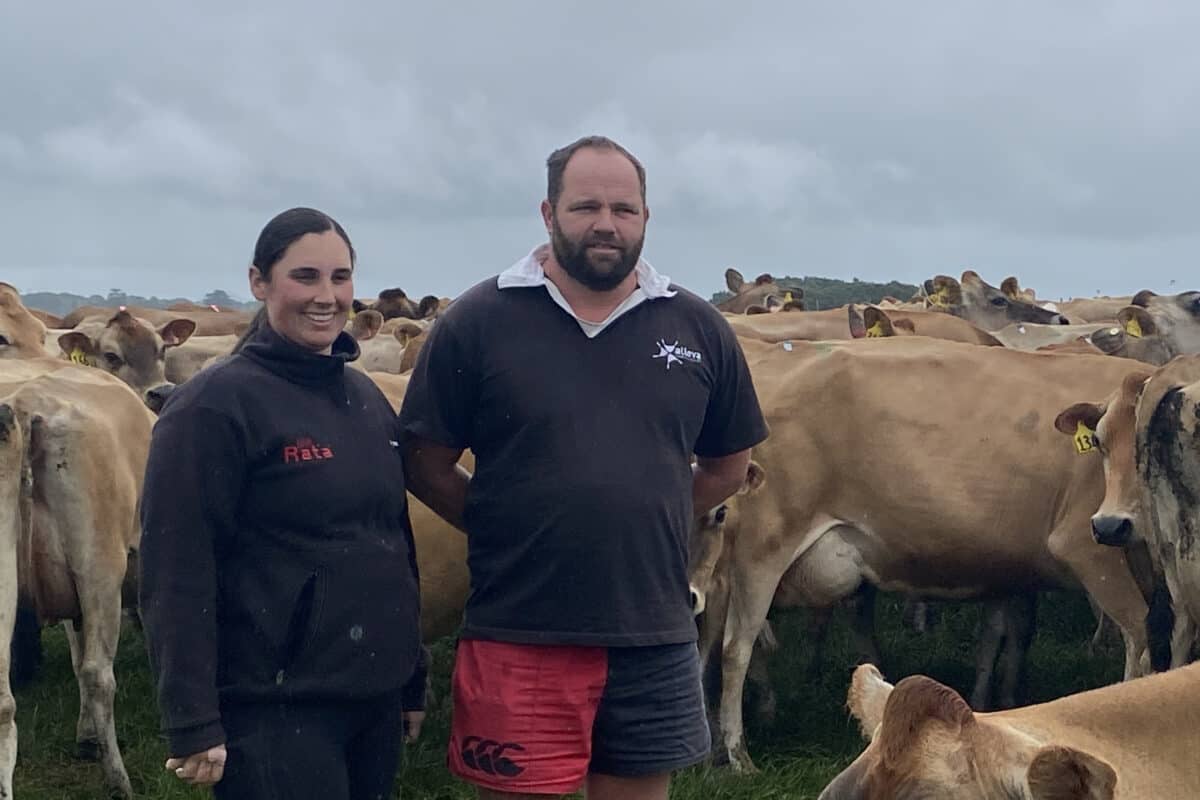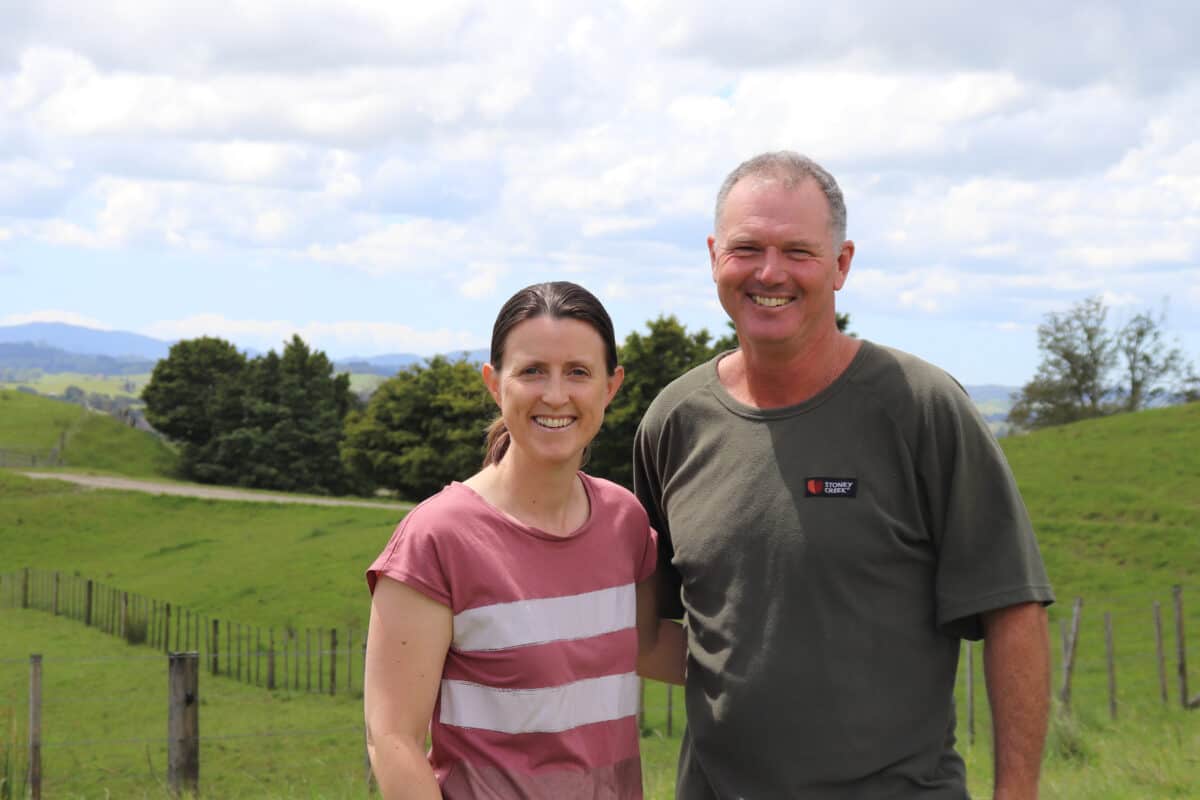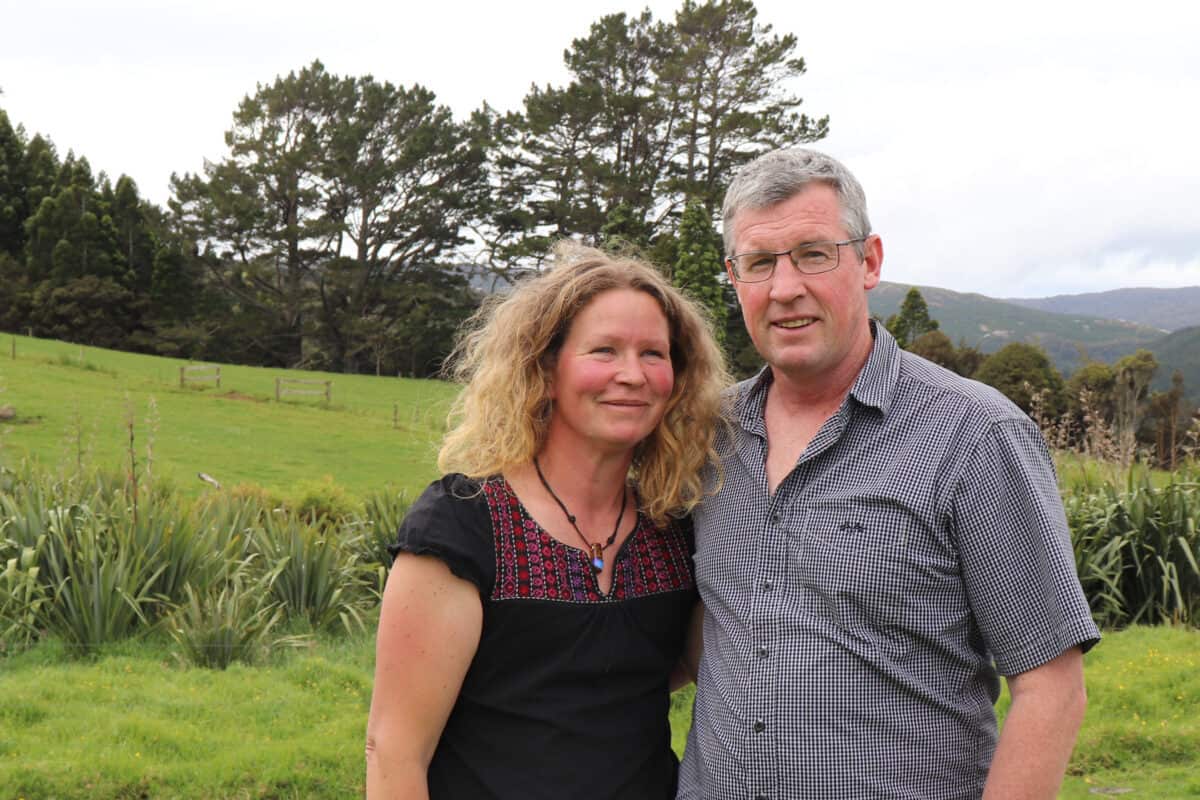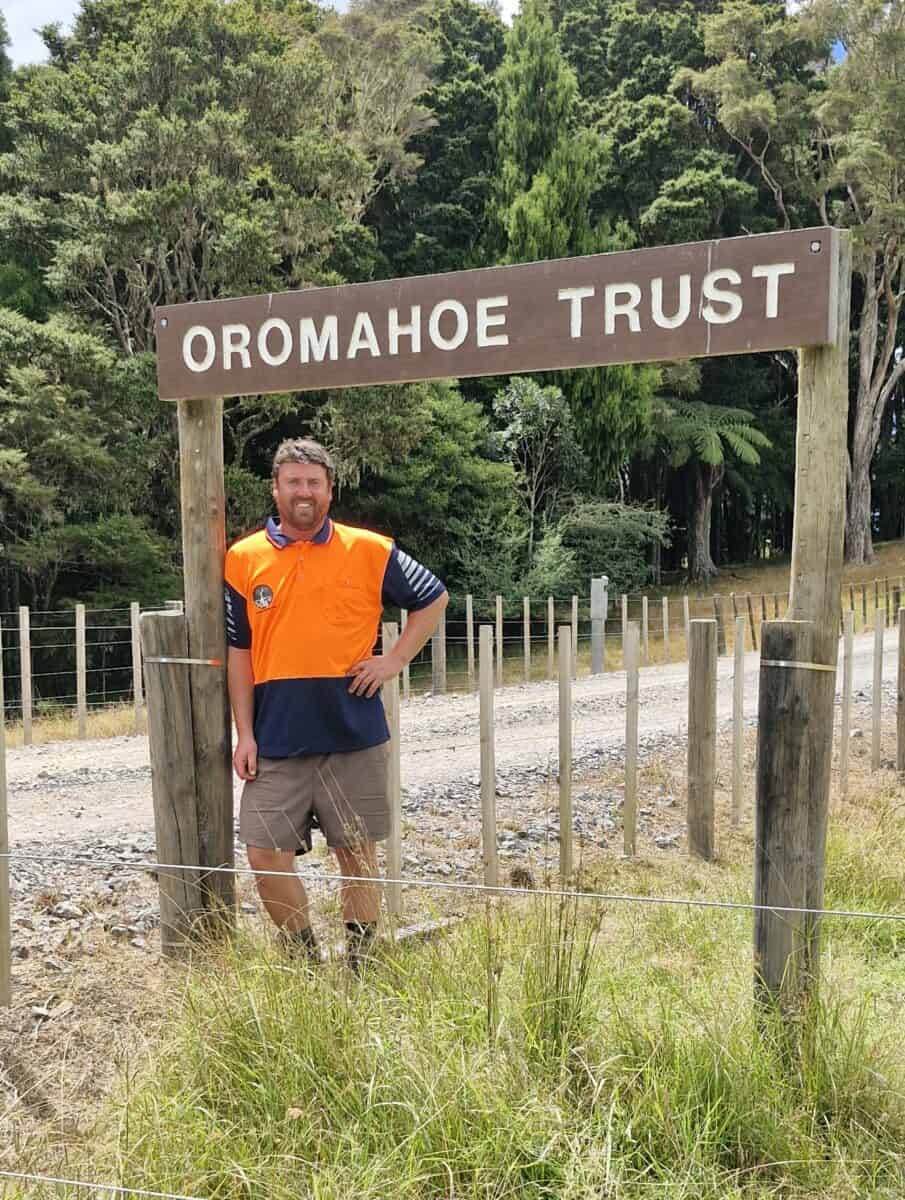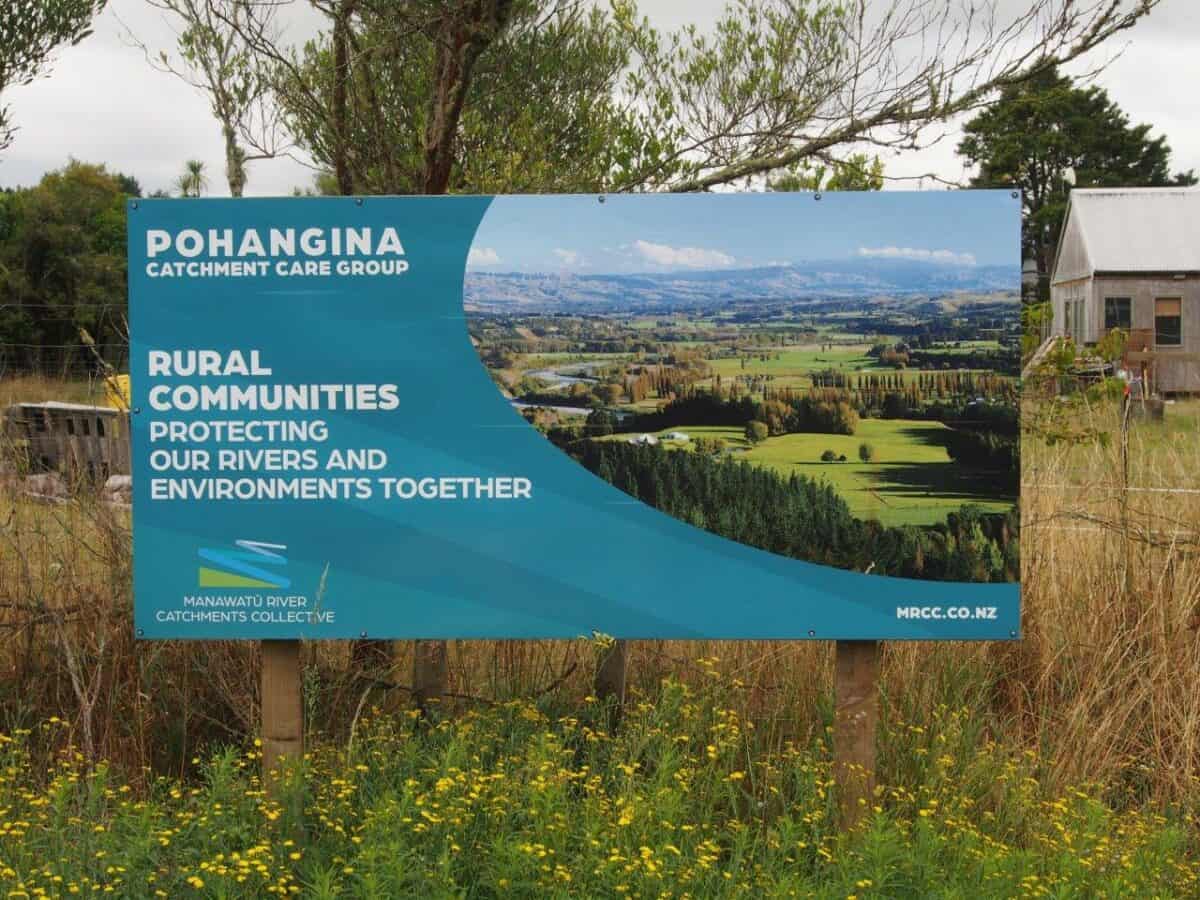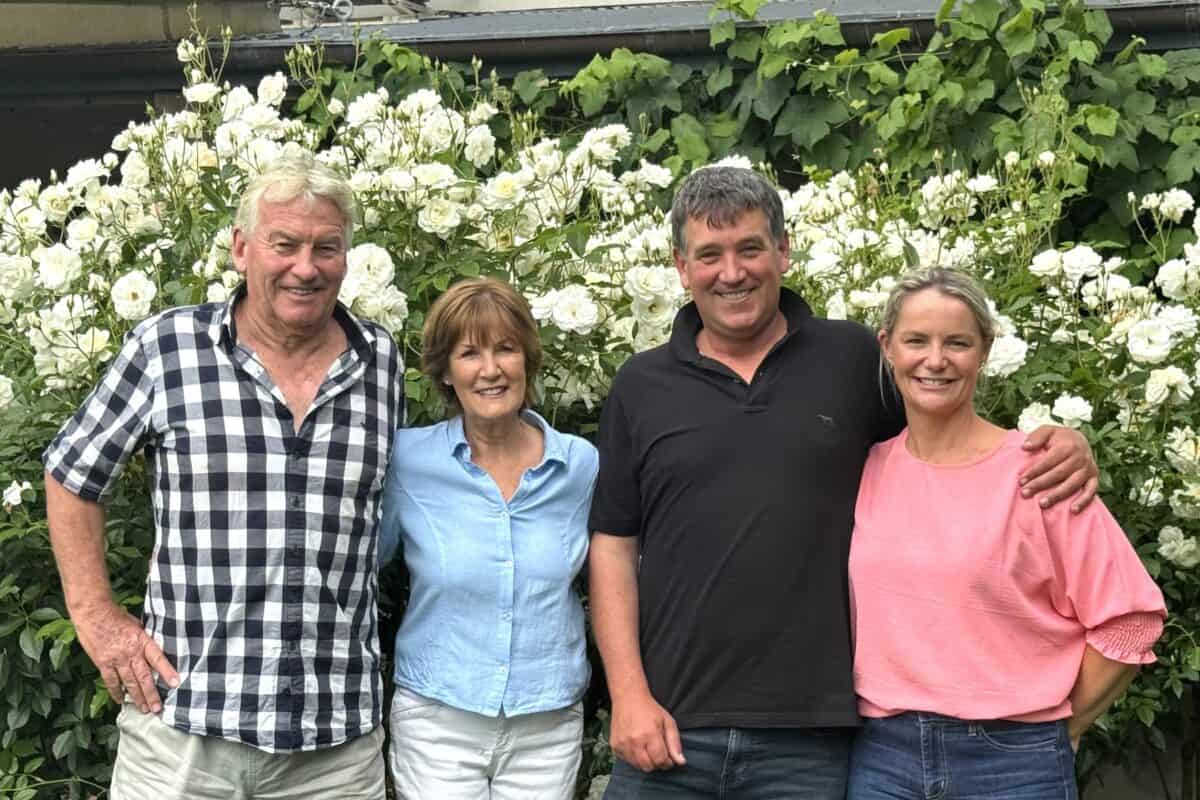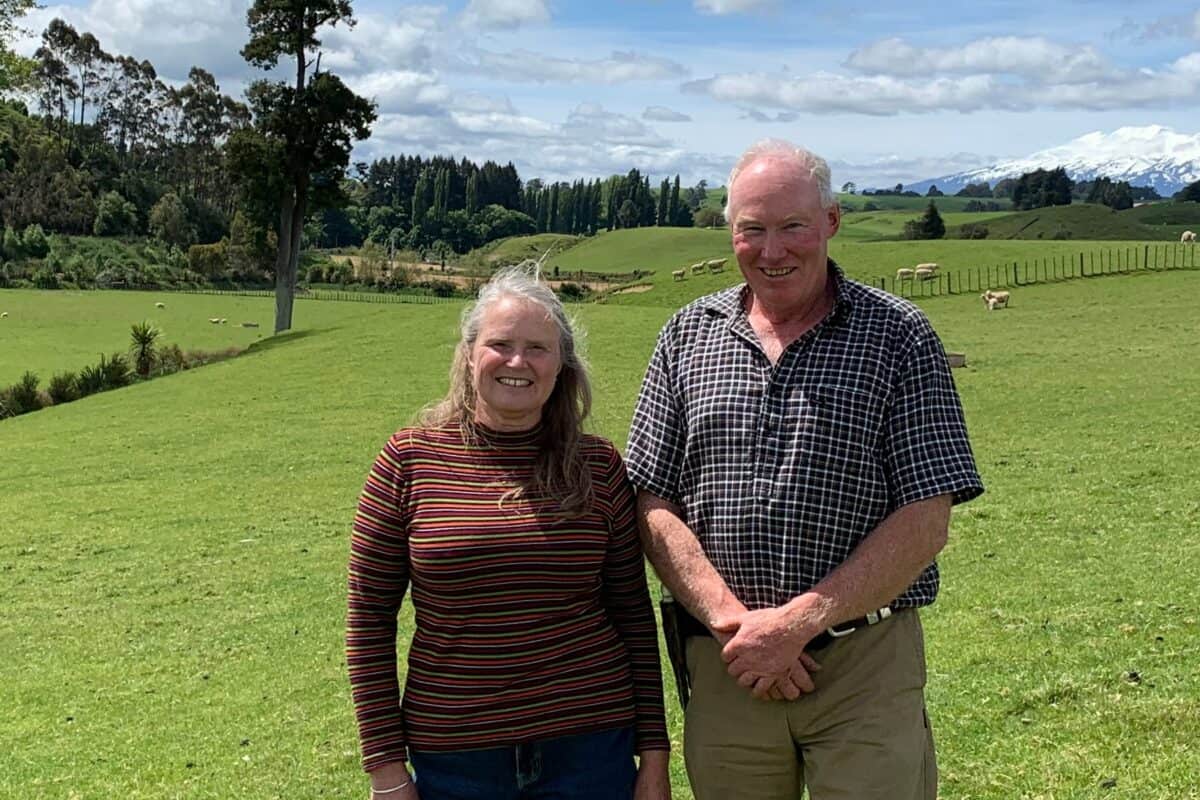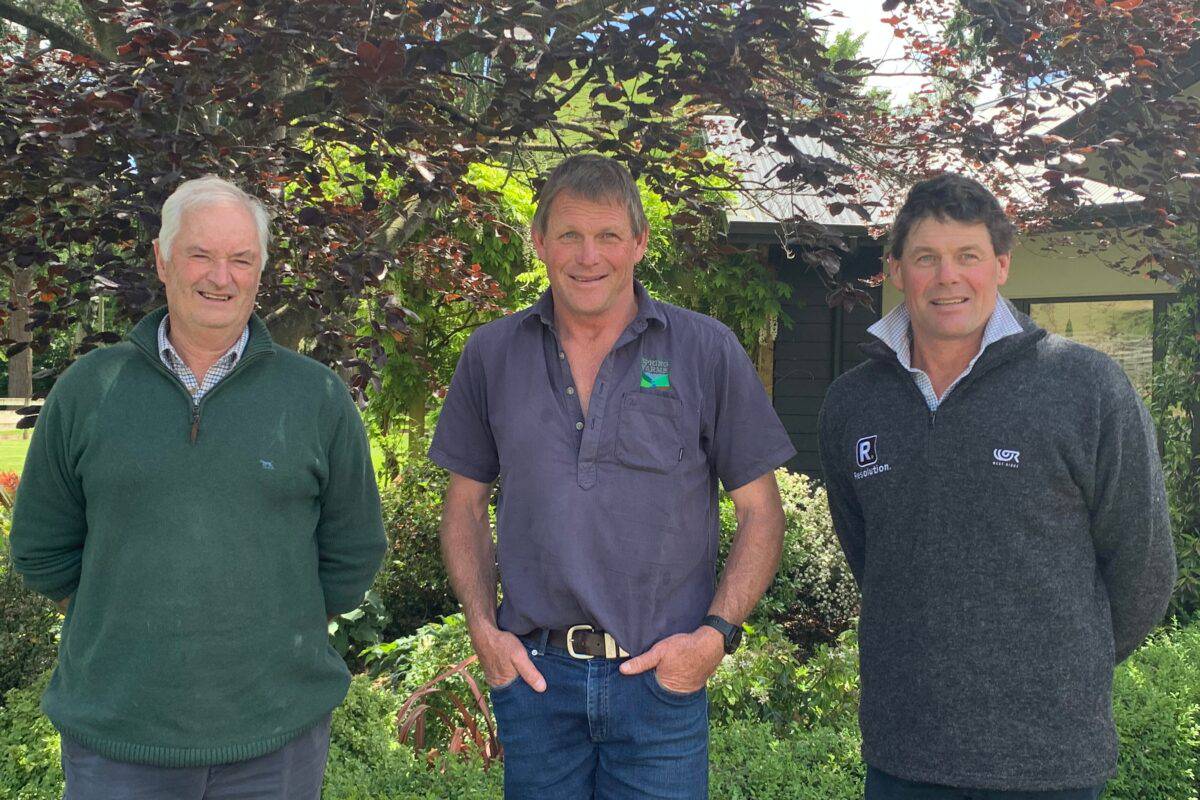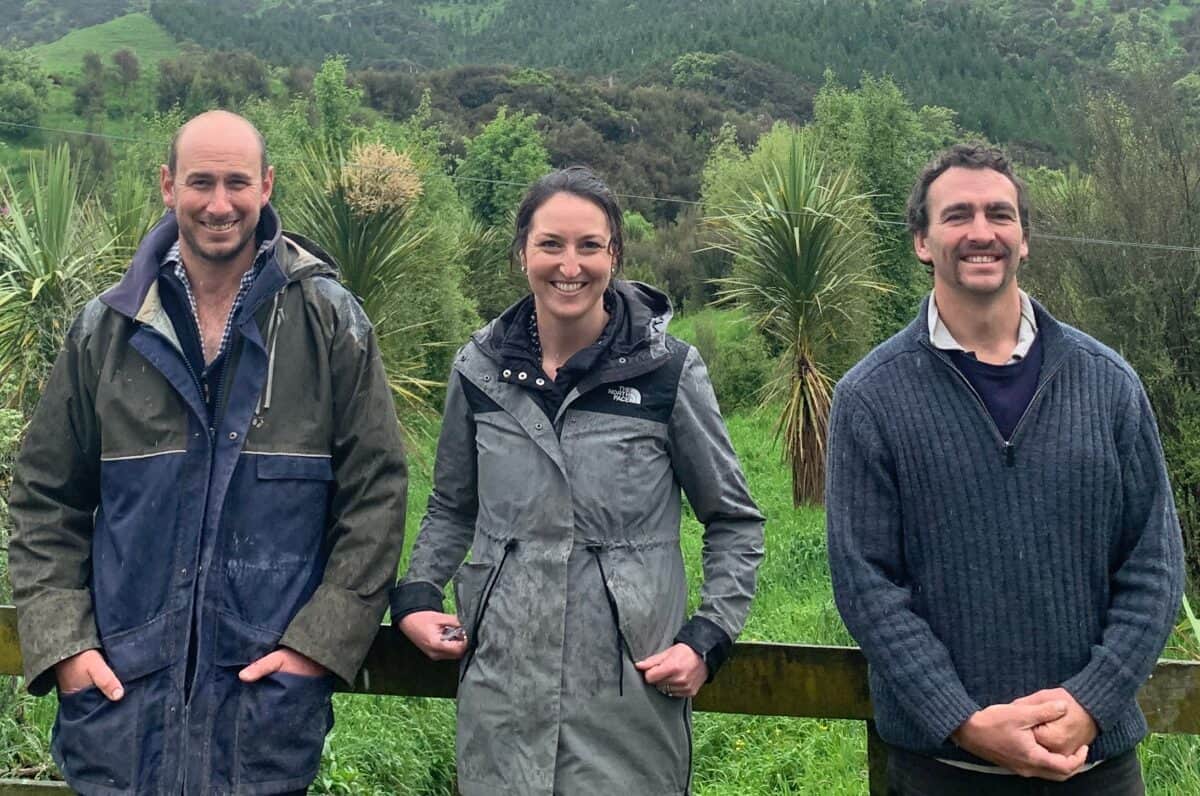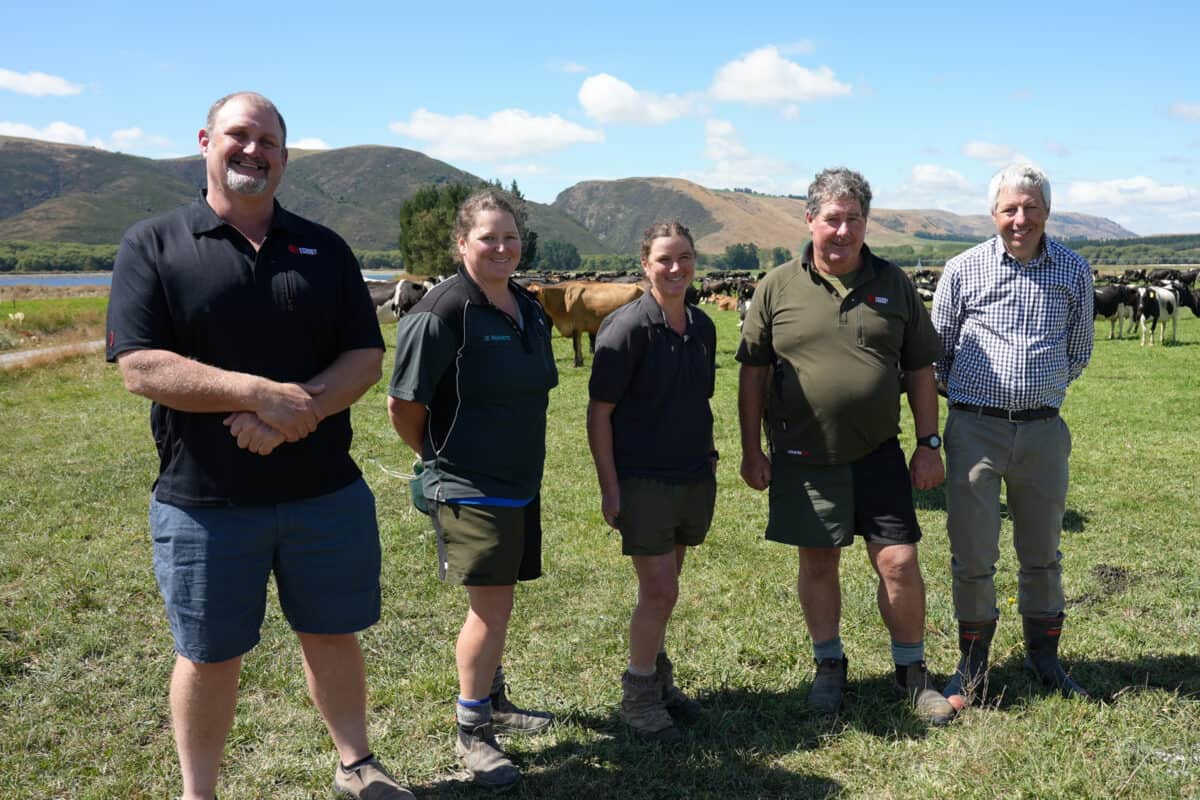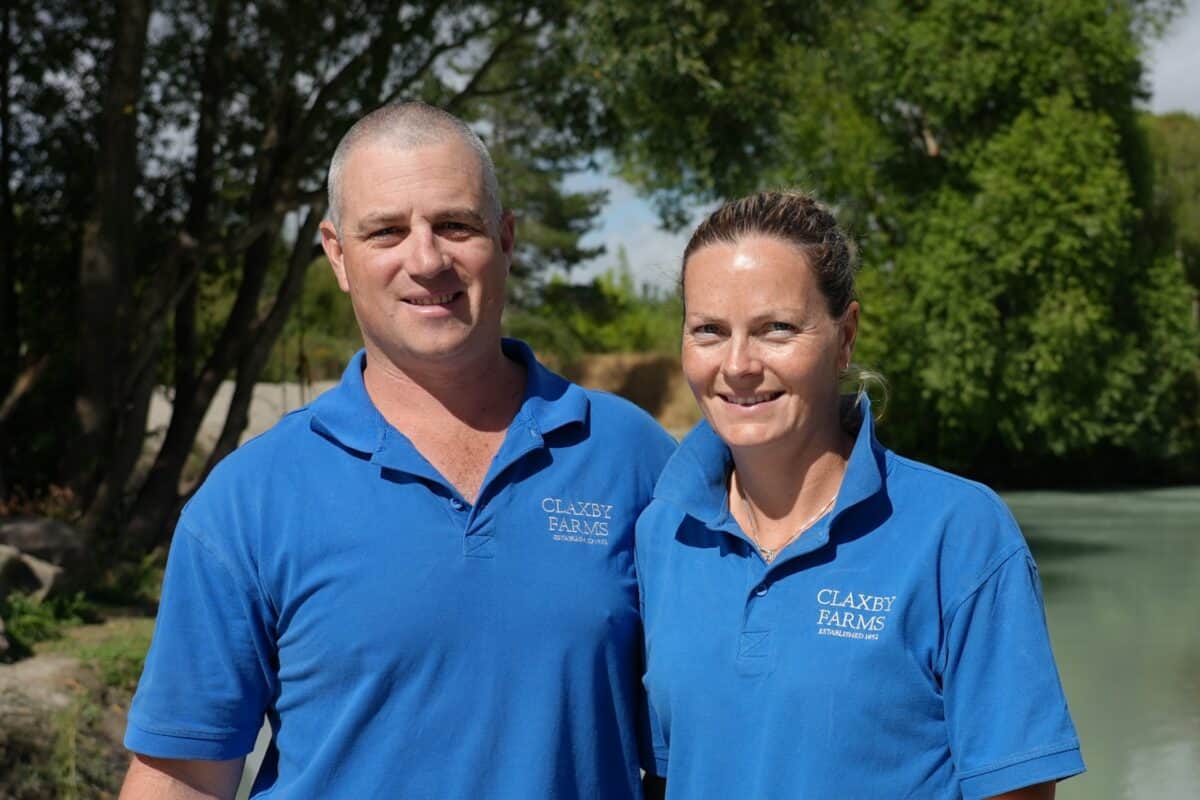Kim Goodwin
Kawera Ltd., Bull Farming
Kim has farmed this semi-intensive bull farm for almost 40 years, implementing an excellent stocking policy that is tailored to the dry, variable climate.
In 2020, about 365 bulls were sold and replaced with 300 Autumn-born dairy bull calves. Calves are bought from the same supplier each year, enhancing biosecurity and helping secure supply.
Kawera uses a simple, pasture-based system that is flexible and poses less drought risk – guaranteeing a good income regardless of the weather and with careful planning and execution, operates as a minimal-input, low-emission farm.
Significant time and effort has gone into planting and protecting native trees for shade, shelter and biodiversity. Trees have been planted along the property’s stream all the way to a lake at the back of the property that is protected by a QEII National Trust Covenant. Around the lake, willows are continually being cut out and replaced with native trees and oaks, attracting a wide range of bird species.
Mark & Jane Johnson
Alcuin Station, Livestock Farming
Working as a team, Jane and Mark have made numerous improvements to the 1,500ha sheep and cattle farm where they run 4,400 ewes, 2,200 trade lambs and just over 1,800 cattle.
Together with their valued staff, they’ve developed the farm so it’s in much better shape than when they arrived – in terms of both the environment and financial performance.
Pasture management has been a top priority resulting in highly productive stock
which provides essential income for future development.
Infrastructure improvements include more fencing, water reticulation systems and the major development of building a bridge across the Mōtū River. They’ve also fenced the river off and created a large wetland. As paddocks have been developed, they’ve started using a direct drill which is saving the team time and money.
More native planting is planned along the Mōtū River which will also provide more shelter for stock.
Willie Lyons and Timothy Fairweather
Glenalvon Ltd., Sheep and Beef
This sheep and beef farm has been in the family for more than 100 years, with Willie taking over the reins in 2020 with the help of farm manager Tim Fairweather.
The team runs 65% beef and 35% sheep with a flexible stocking policy, allowing the business to work with nature rather than against it. Every aspect of the business aligns to the seasons, recognising the fact that the area is notoriously dry.
Investment in quality water infrastructure has been a priority and the stock water system has been redeveloped and the paddock layout redesigned meaning they can now fence off waterways and streams.
There has been a vast improvement in the management of pasture, including a change of grazing style and an increase in water troughs and electric fencing. The biodiversity of soils and pasture has benefited from this shift.
Tim and Cathie Forde
Forde Ltd., Sheep, Beef and Forestry
The core business at the Havelock North property is finishing about 210 bulls each year. They also have a small breeding flock of about 100 sheep and lambs. Almost 90 percent of their income comes from beef and sheep, with the balance split between forestry consulting, and timber and nursery sales.
The Fordes believe they’ve developed a working farm that balances most aspects of land stewardship and stock management and have numerous sustainability initiatives underway and are actively planning more. This includes the creation of a wetland called Lake Rotohirawa which they’re continually developing through plantings and water management.
Other highlights include providing ample shelter for stock and using the leaf fall for grazing to boost nutrient value as well as improving the farm’s soil and pasture, through careful management and by implementing run-off catchments and silt traps.
Enter the Ballance Farm Environment Awards
